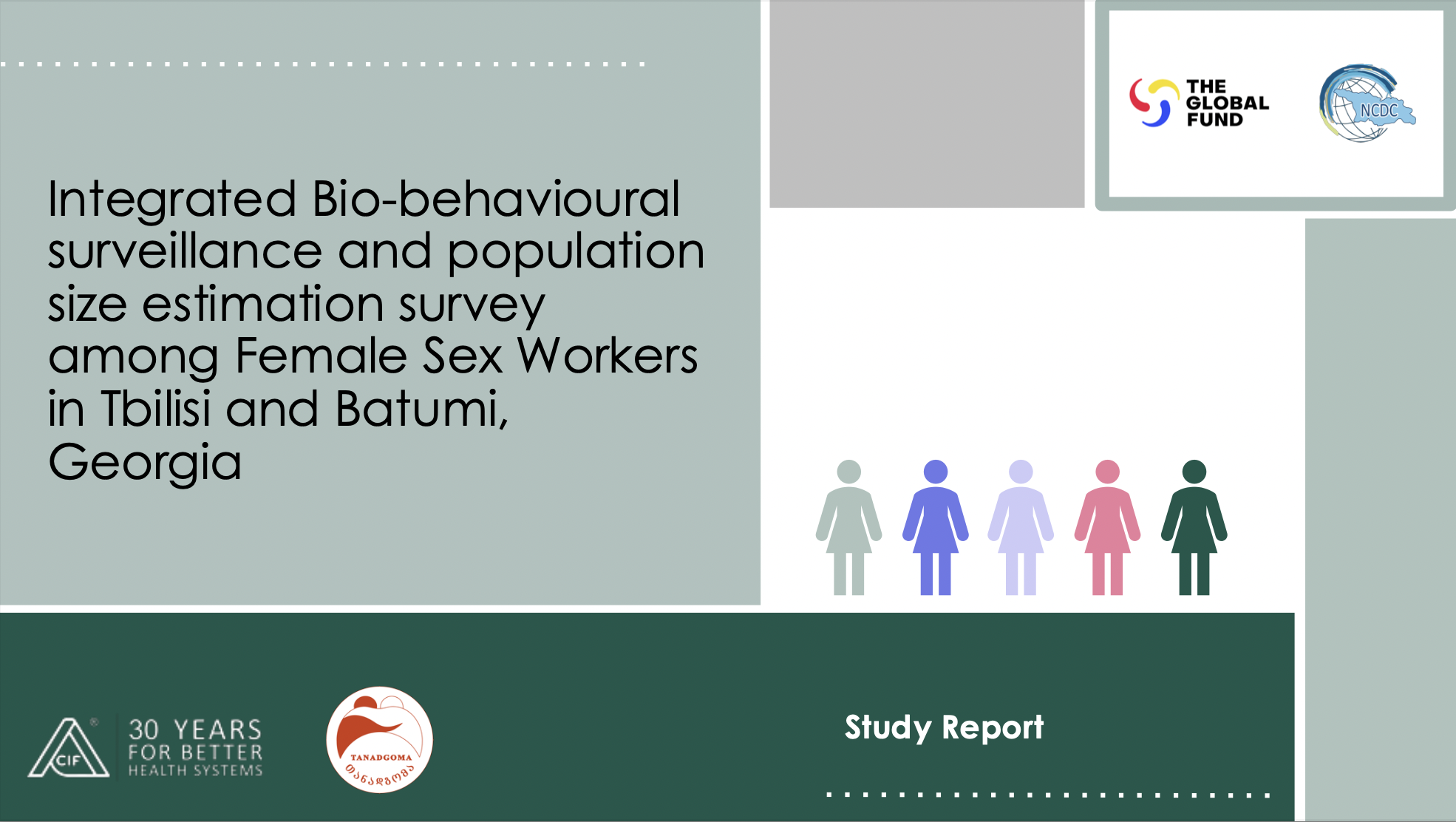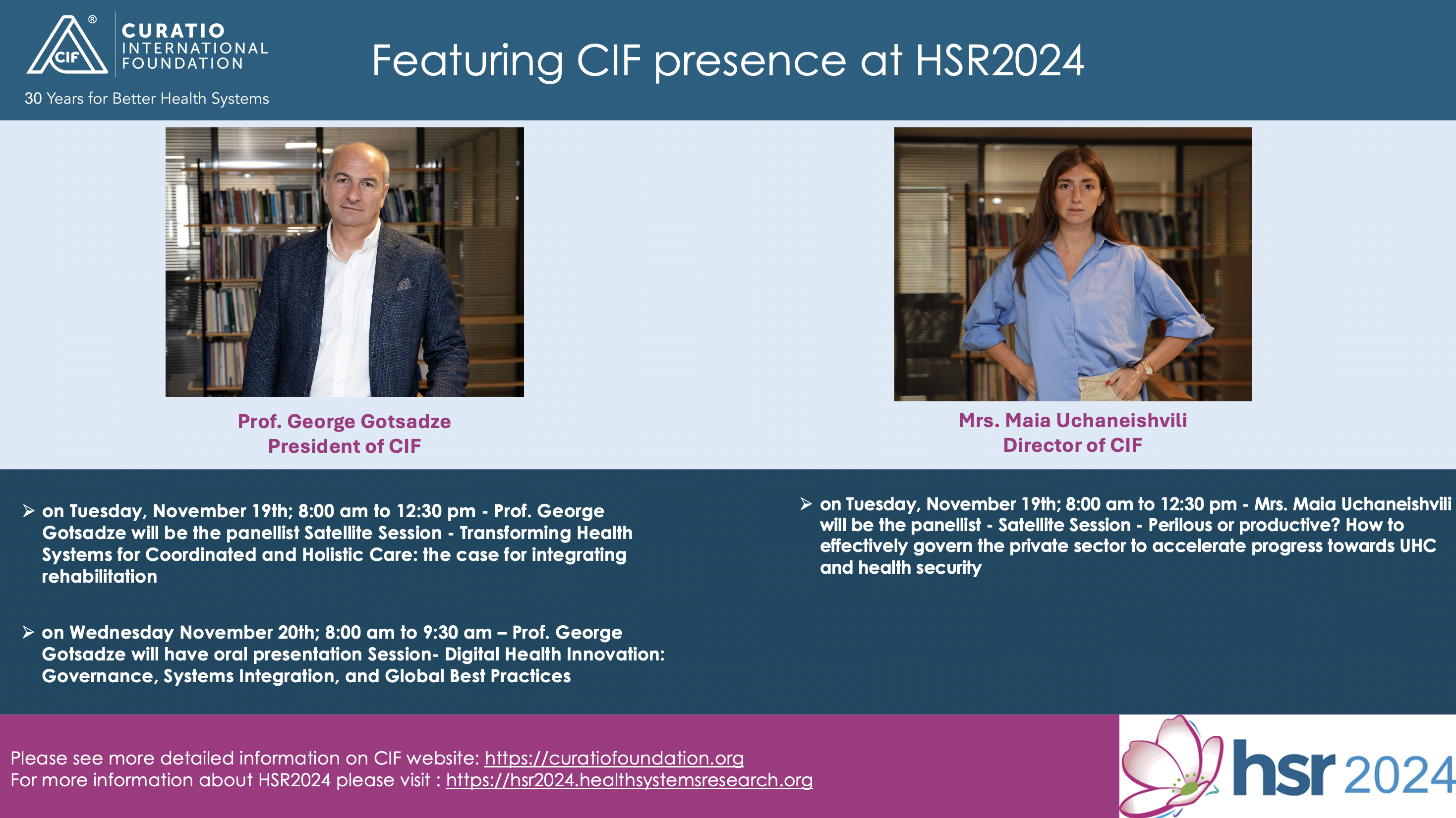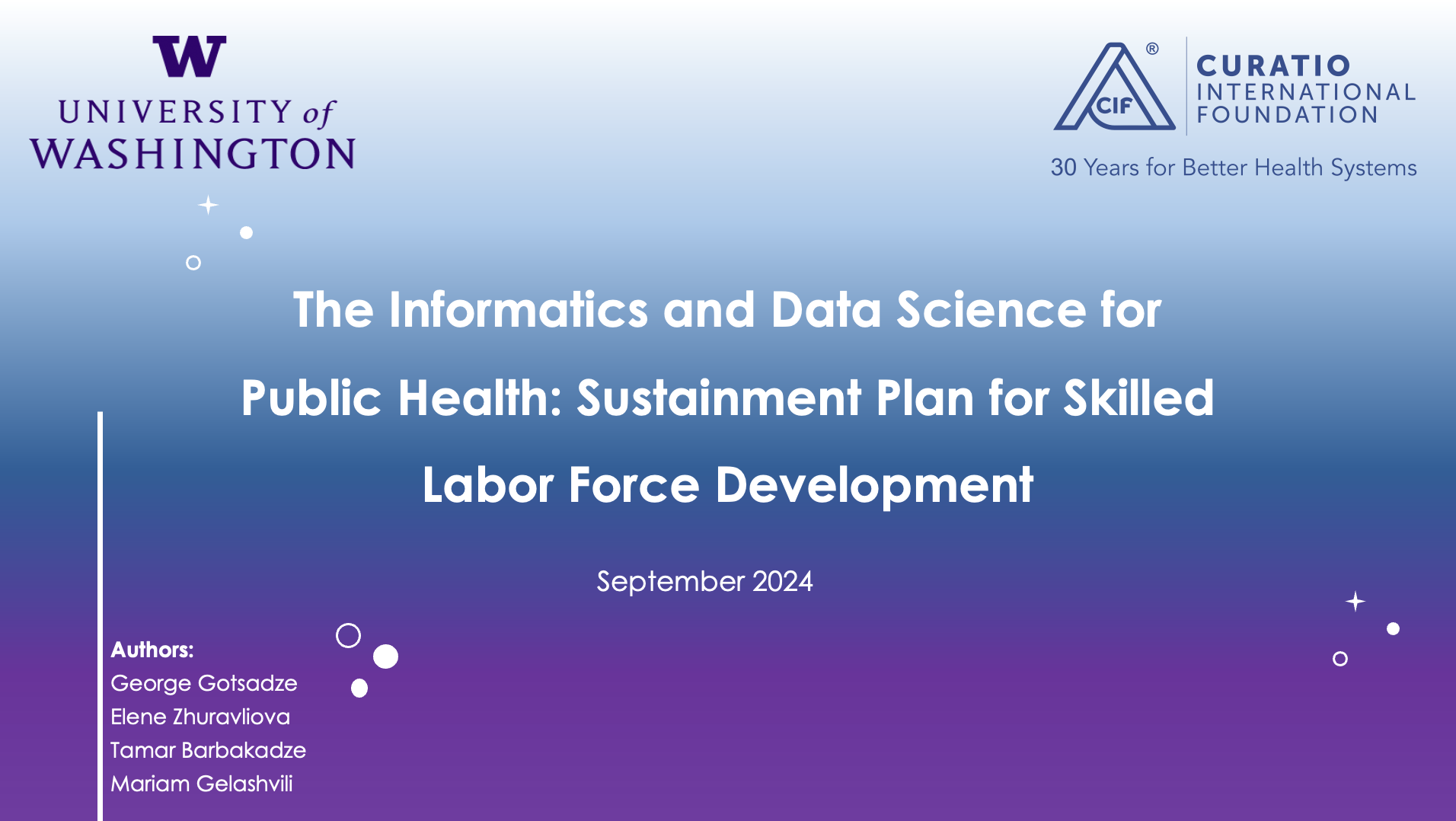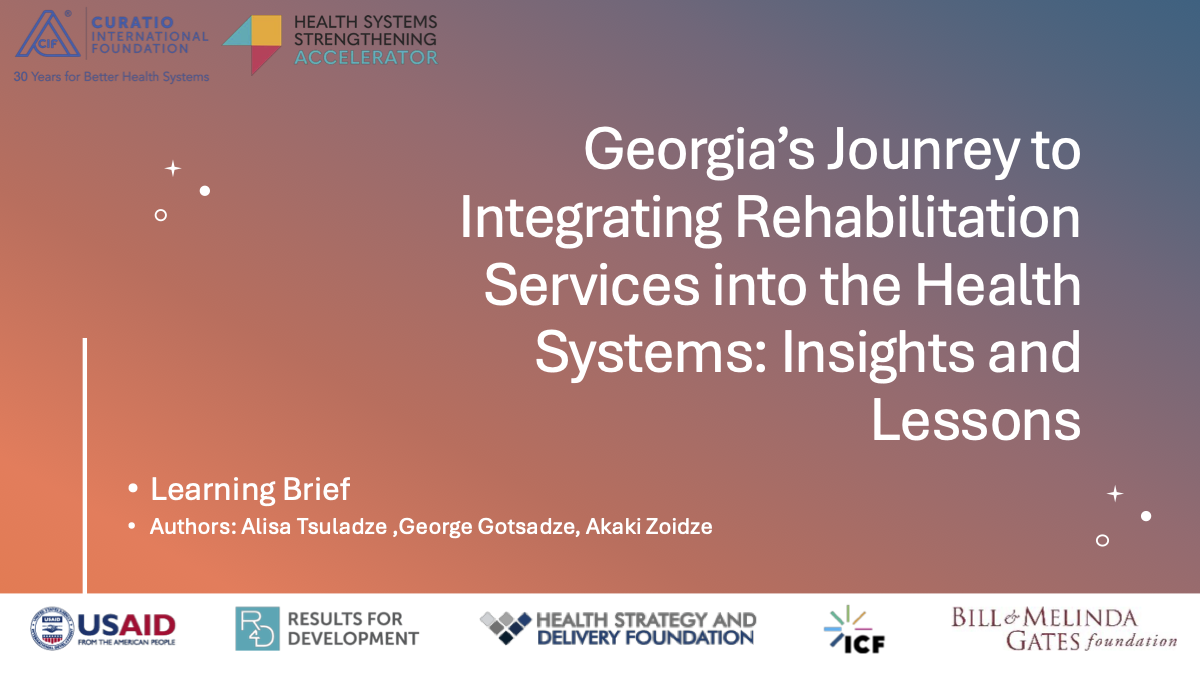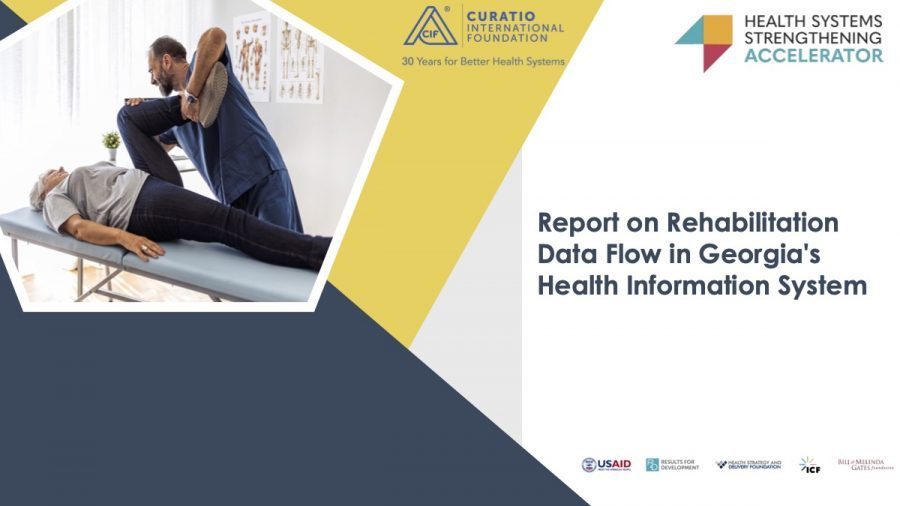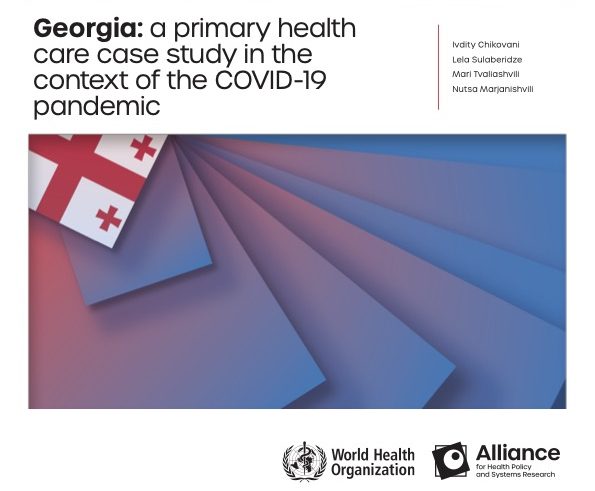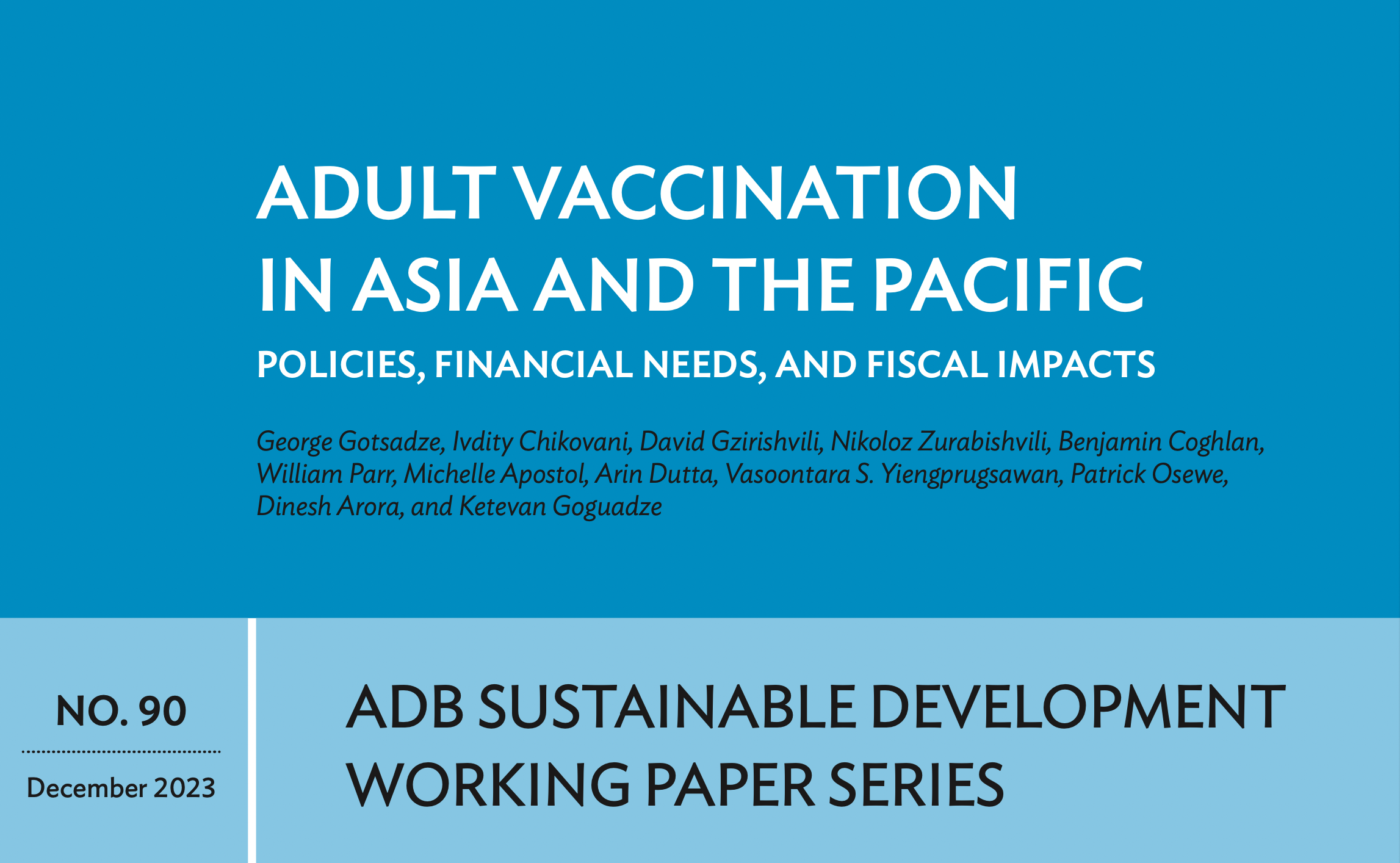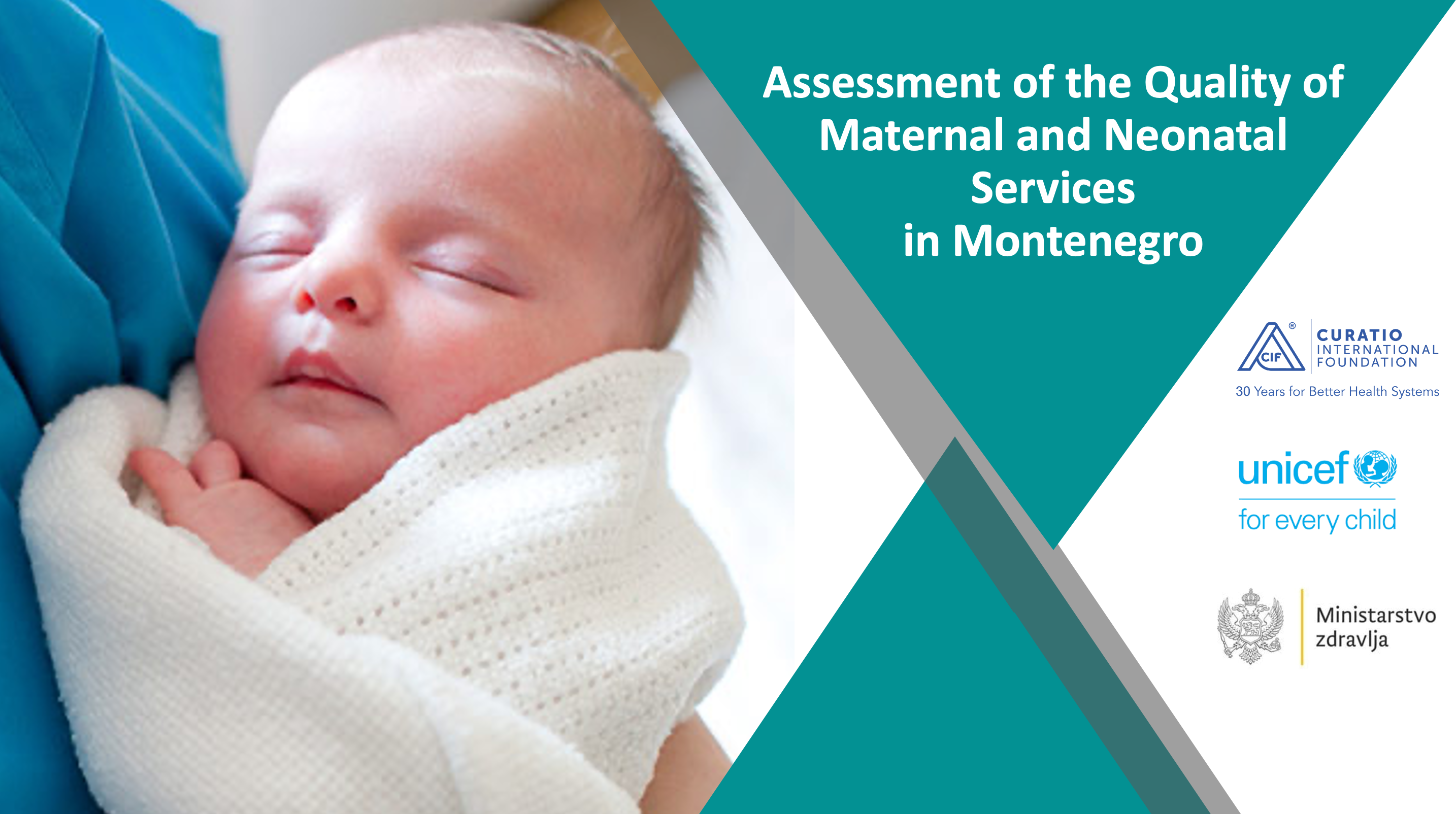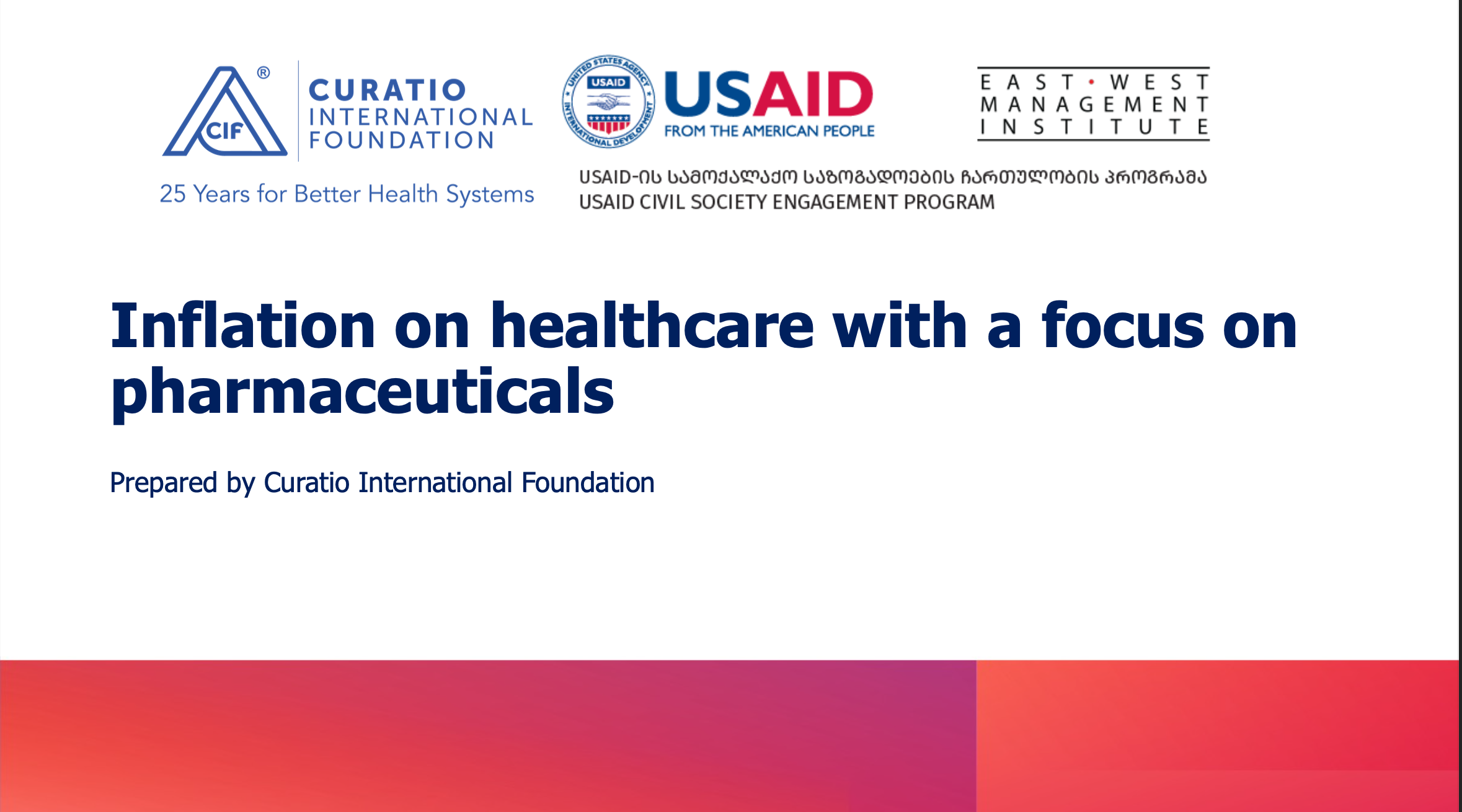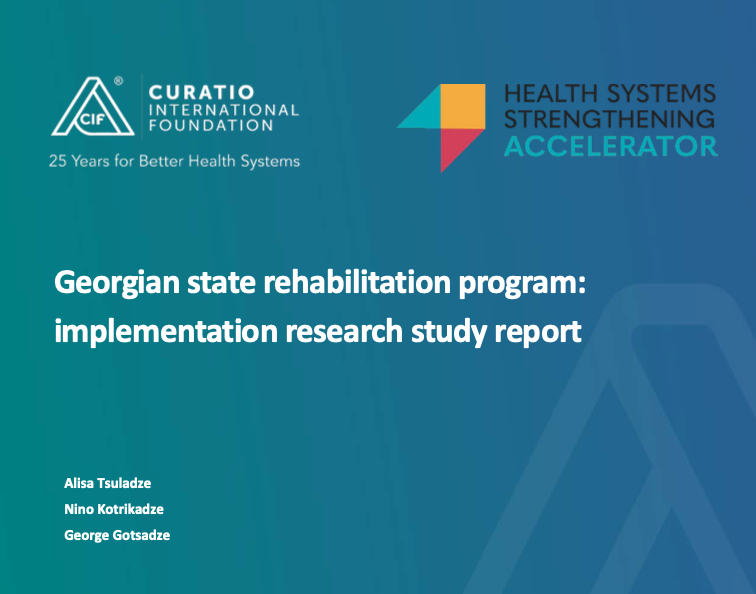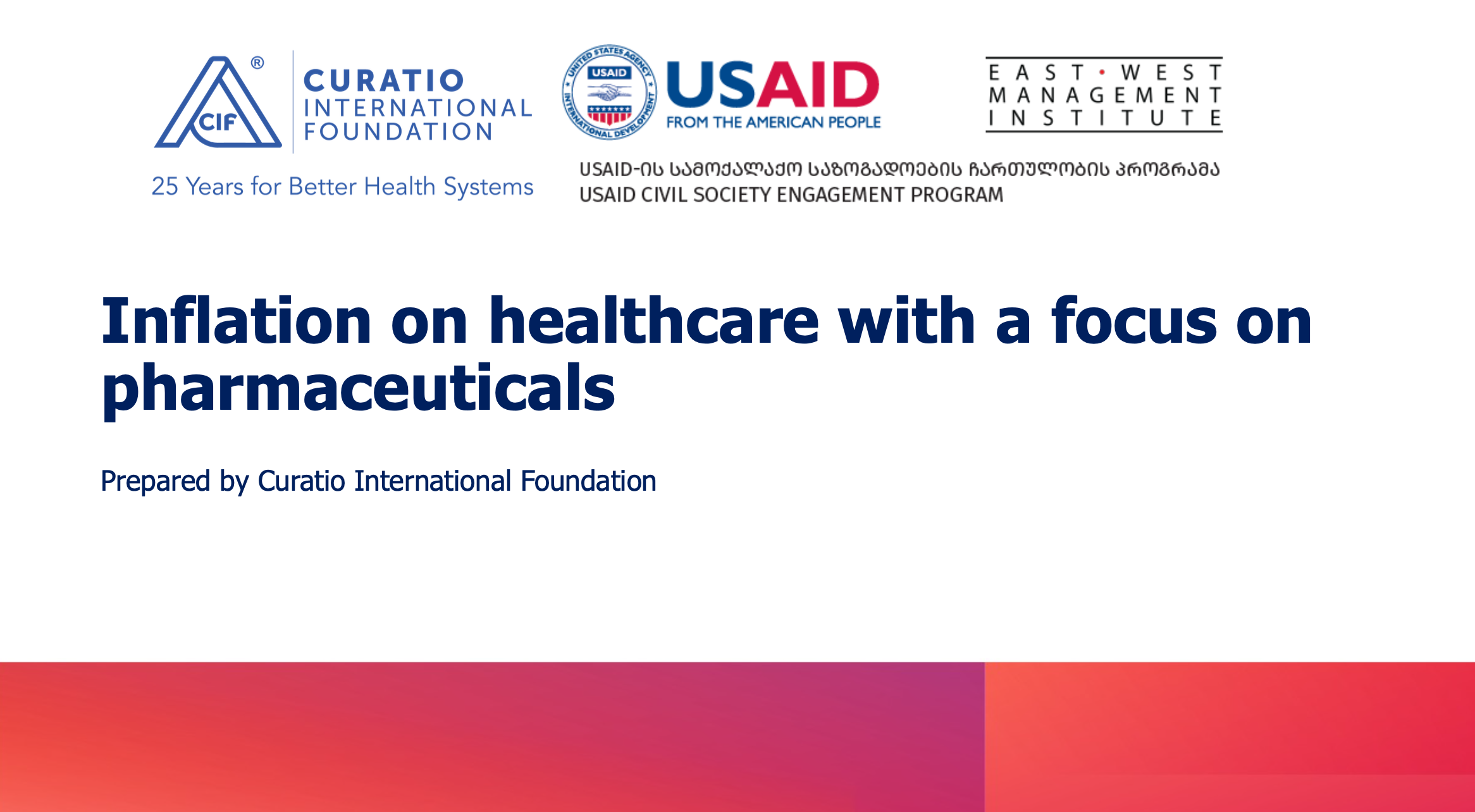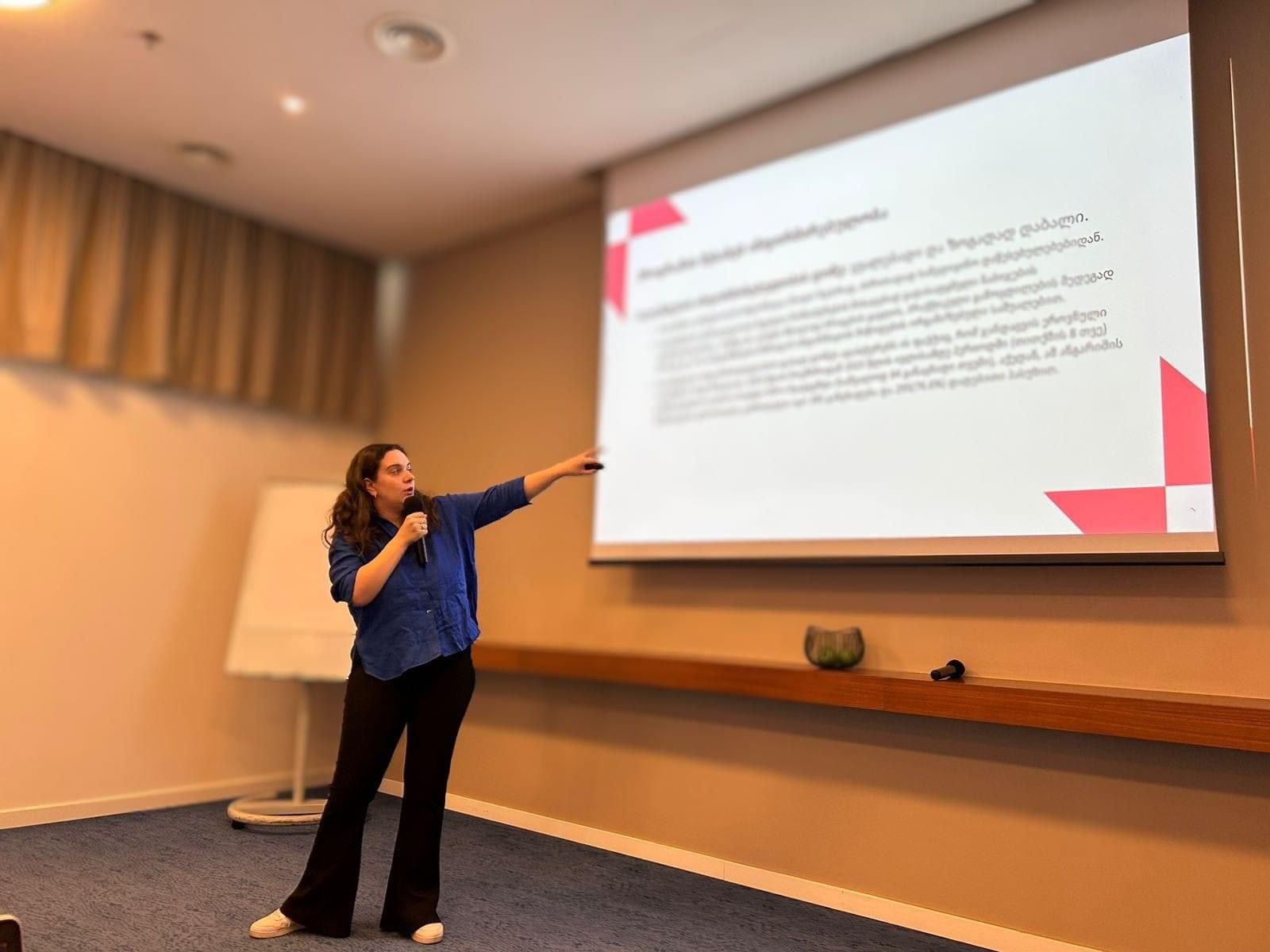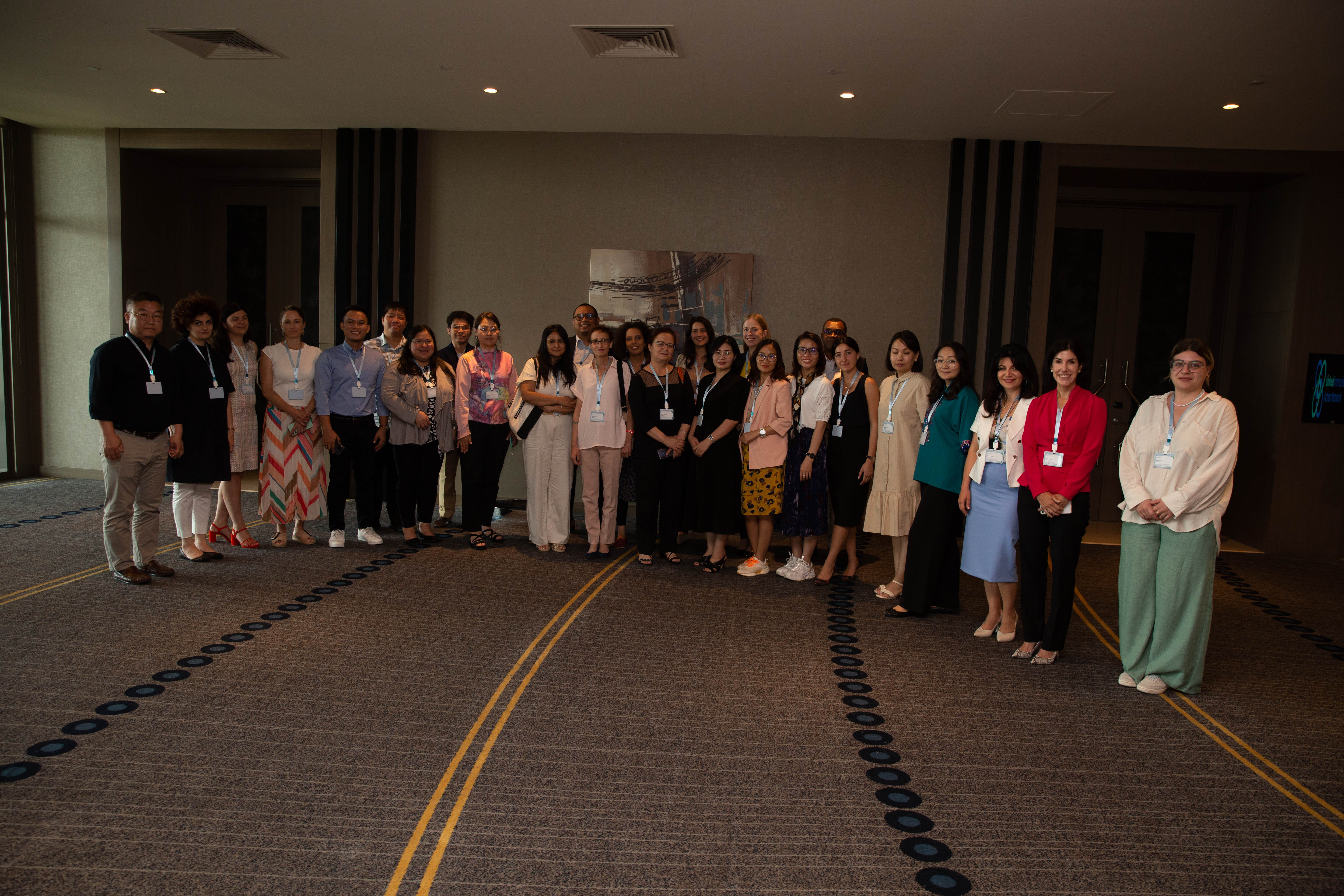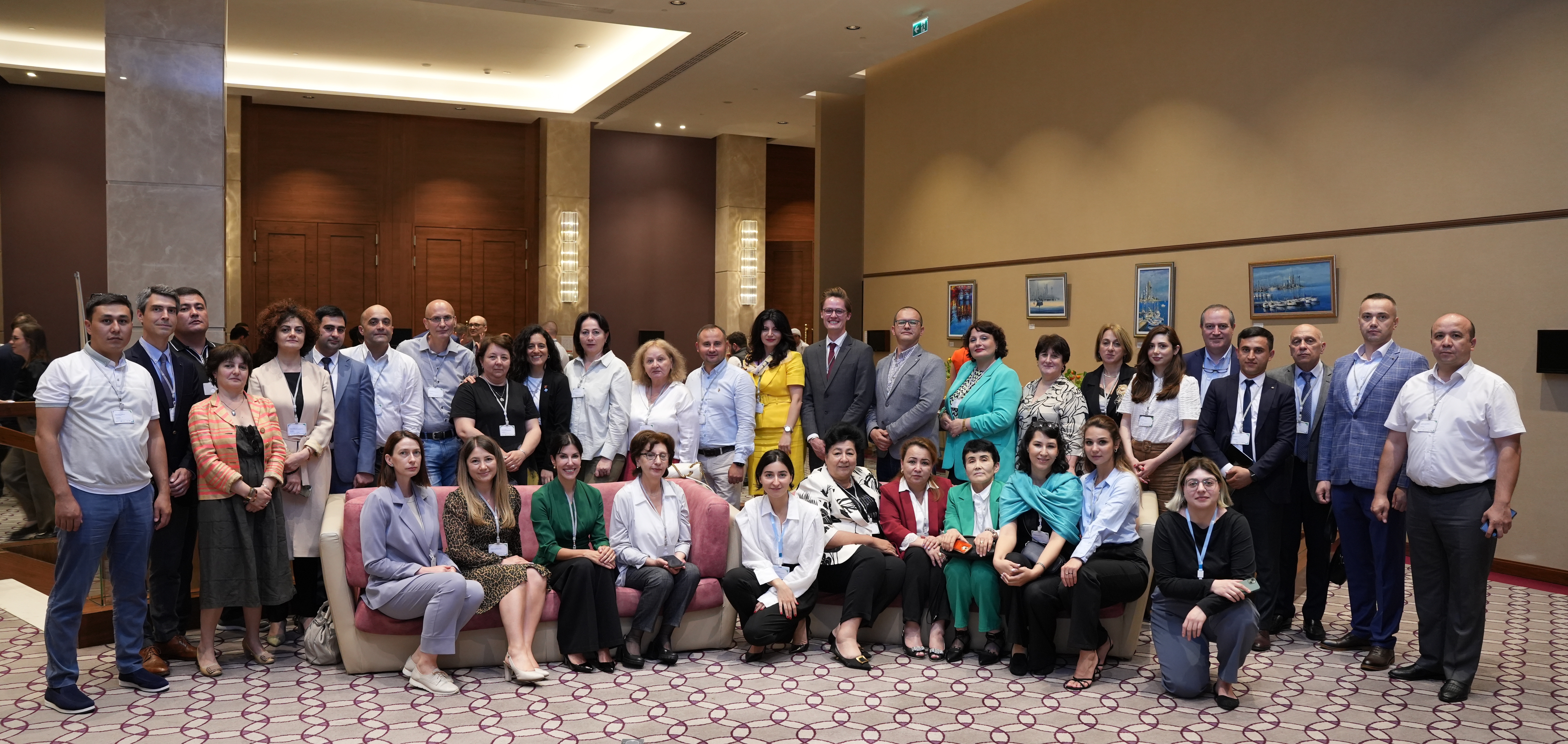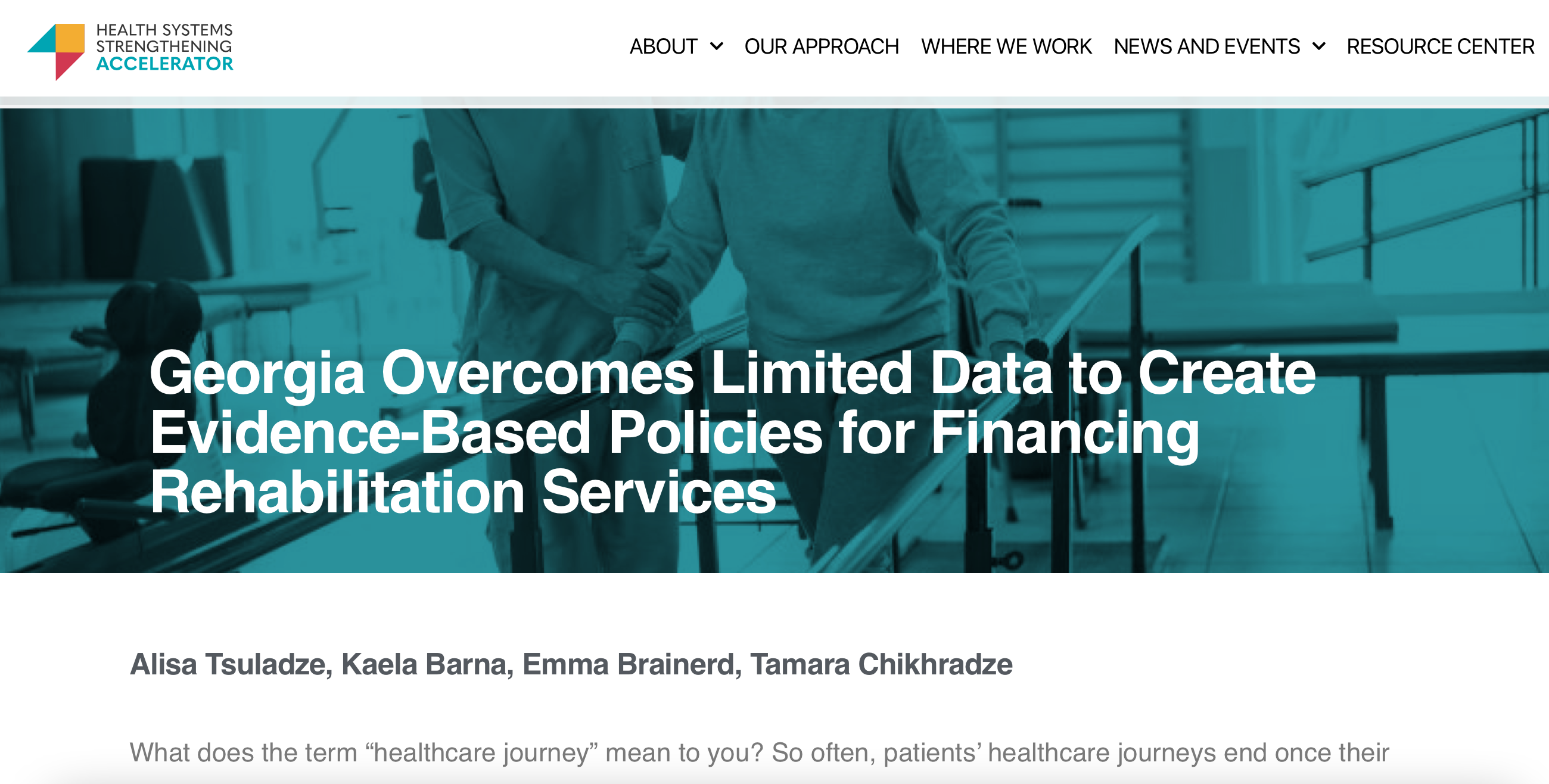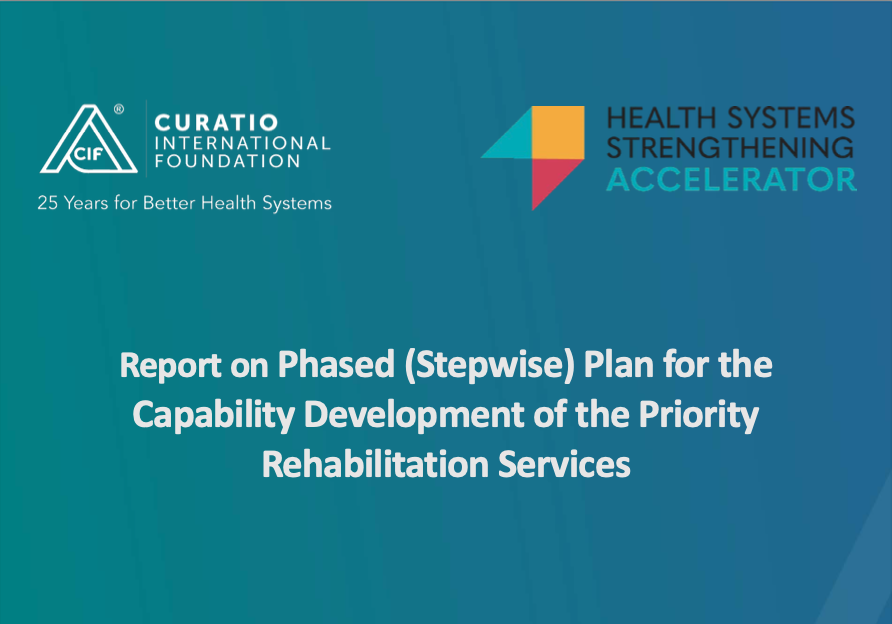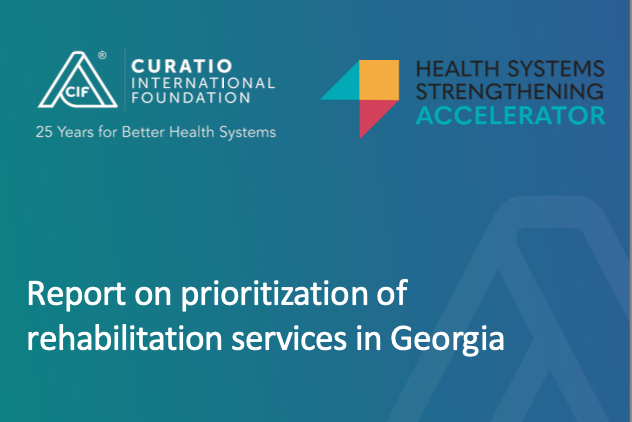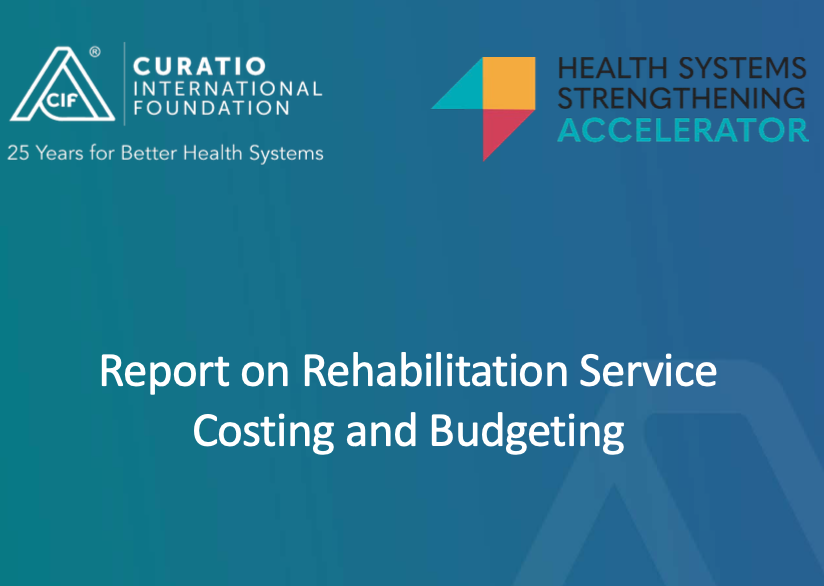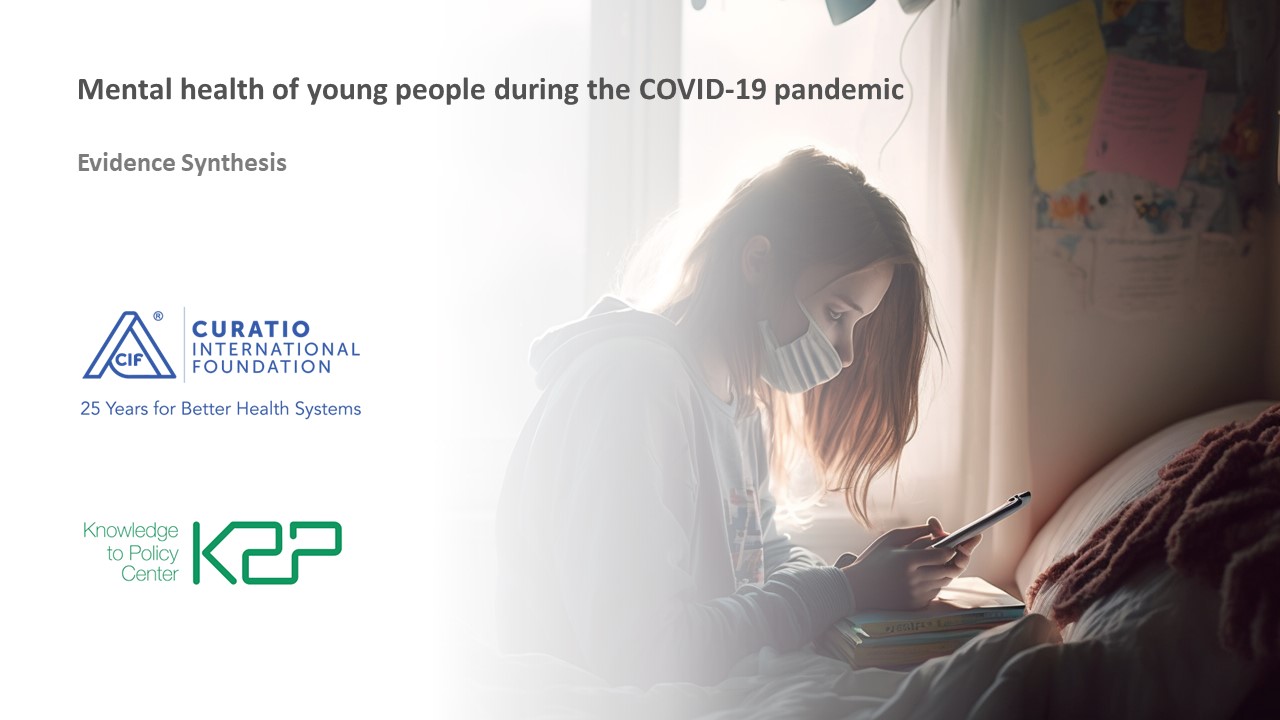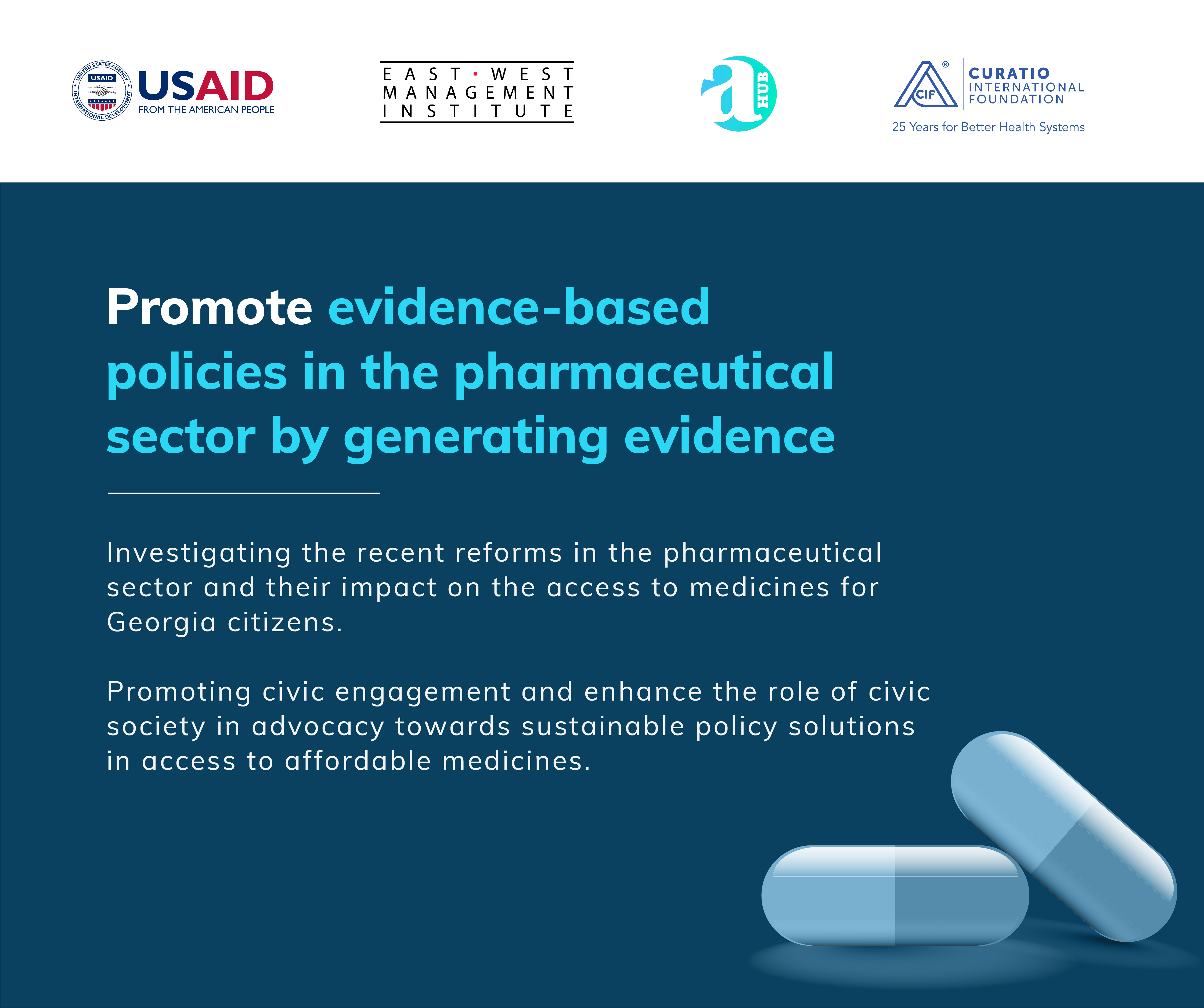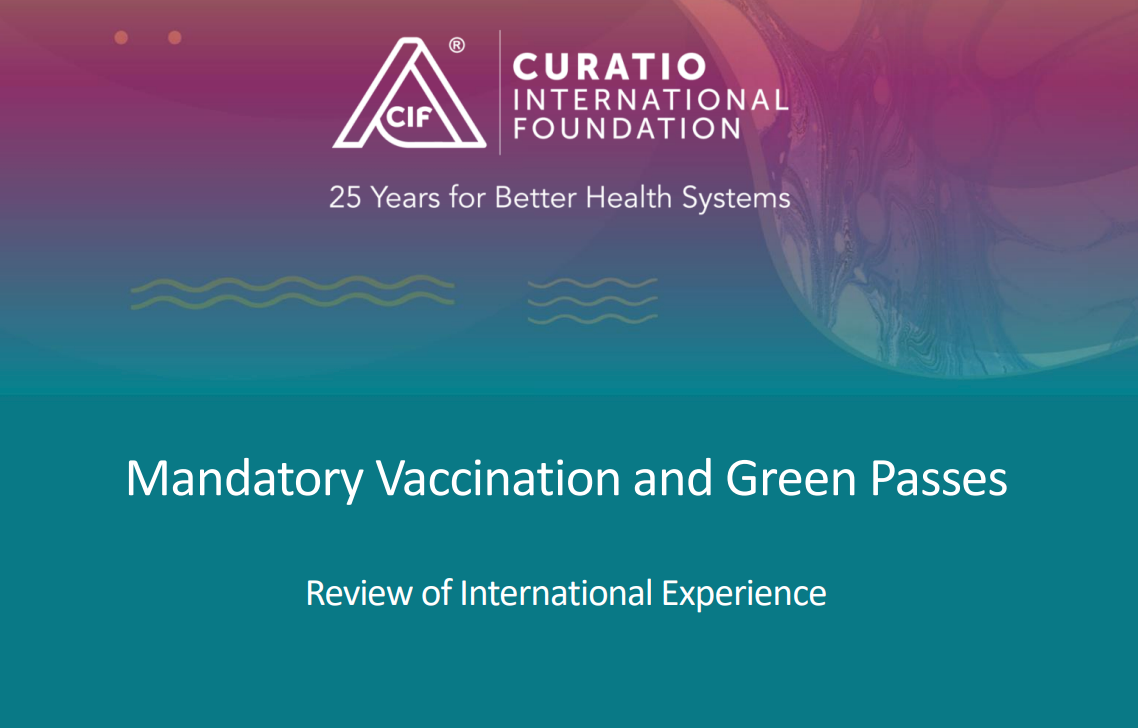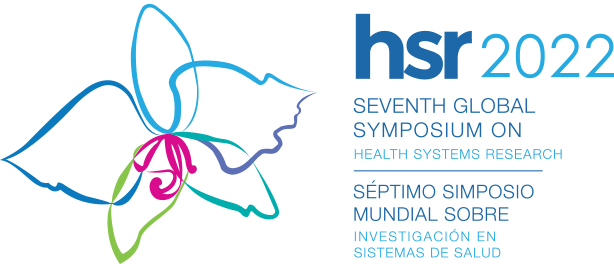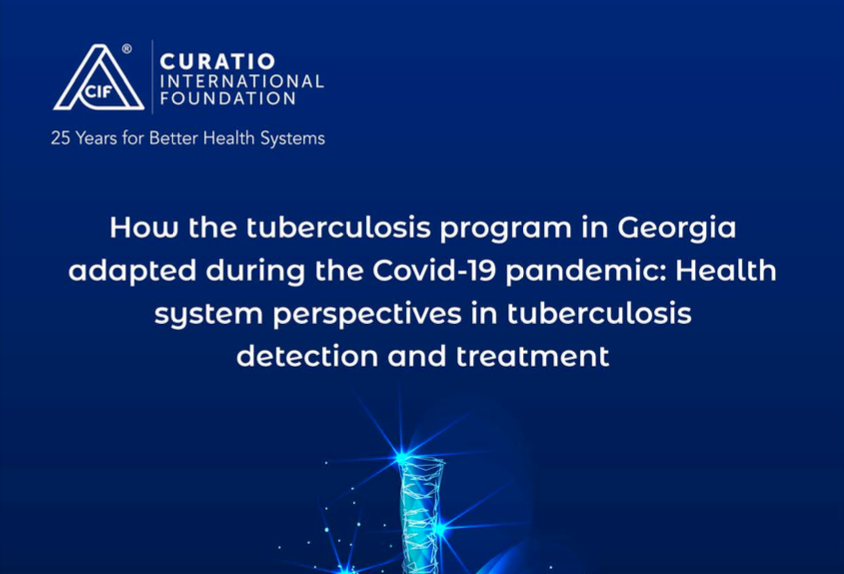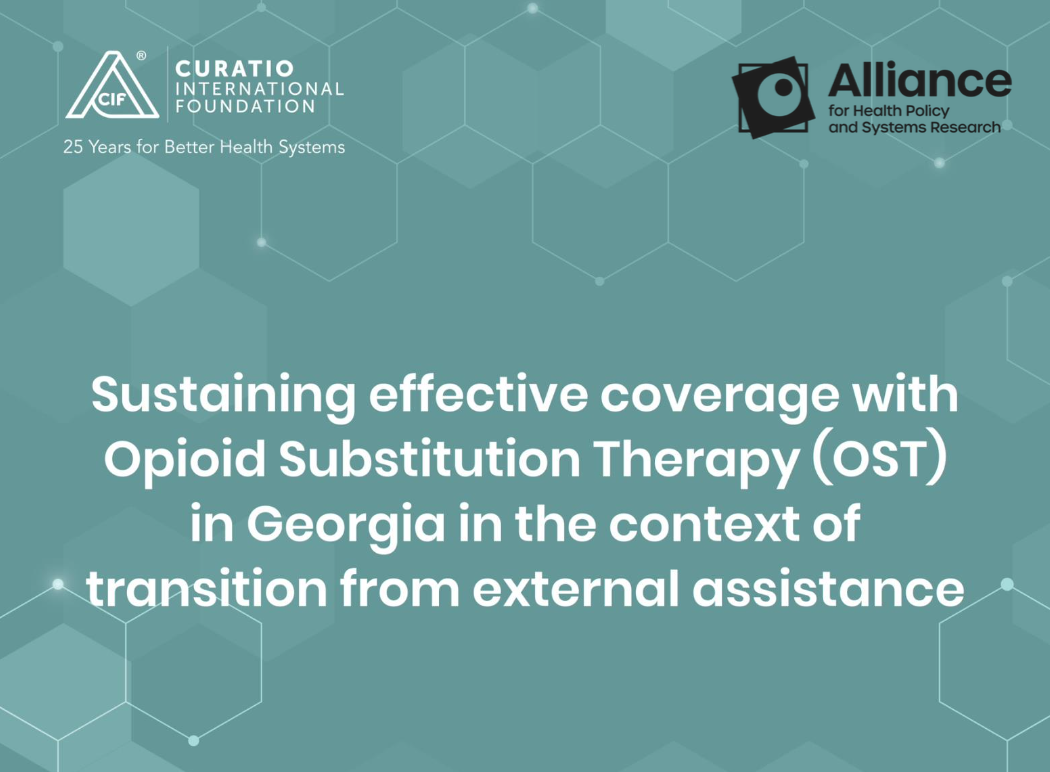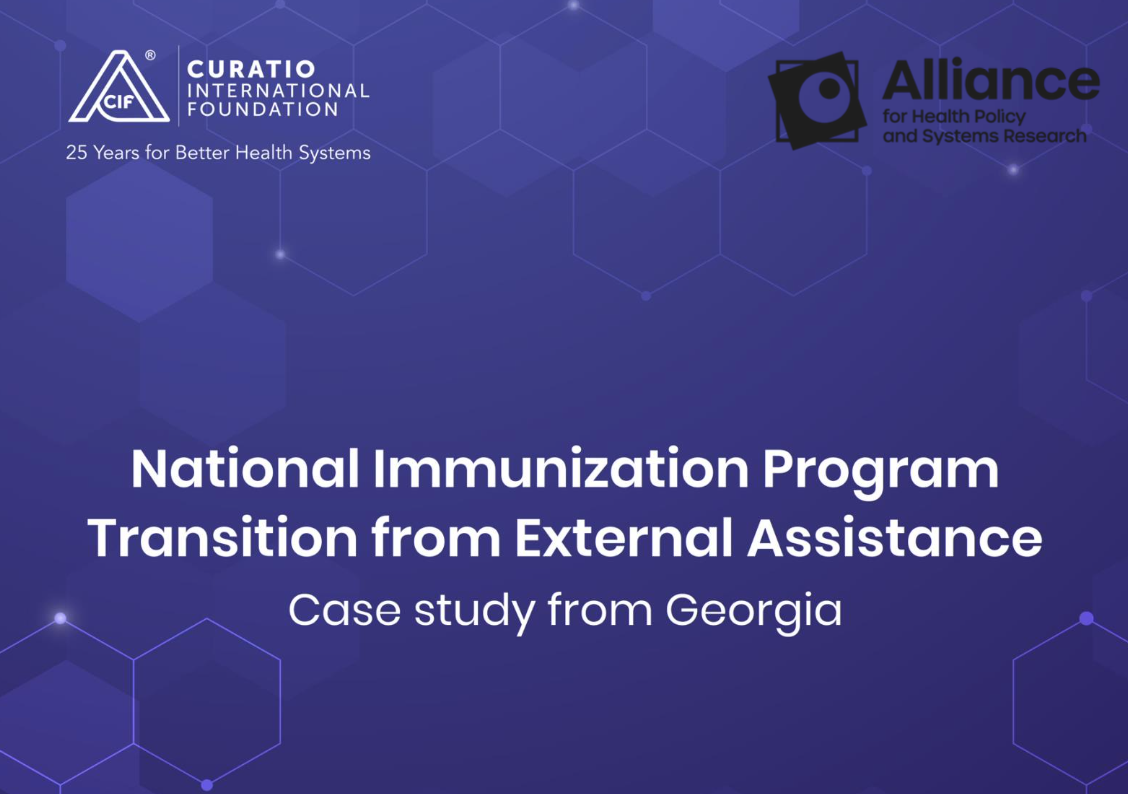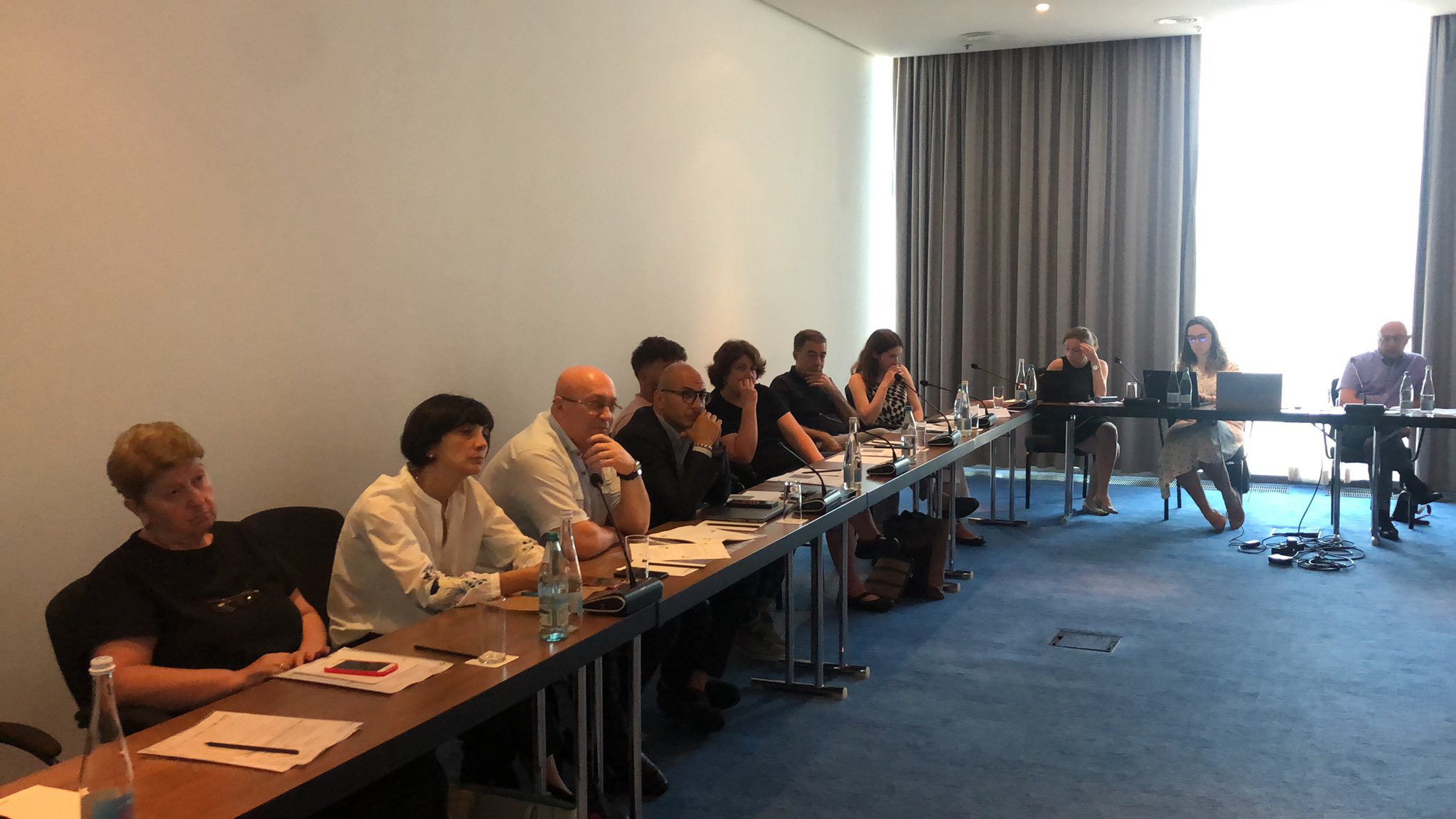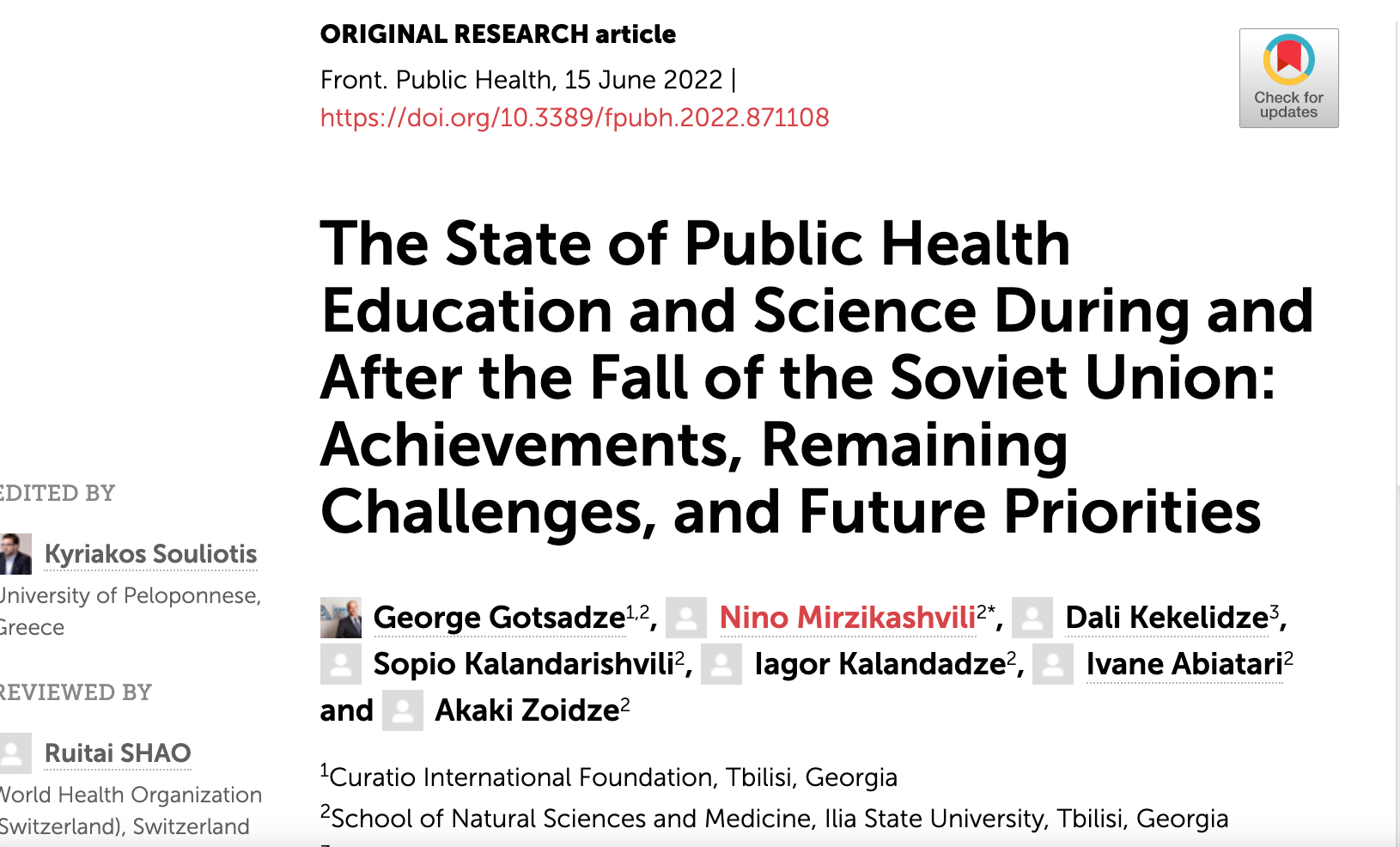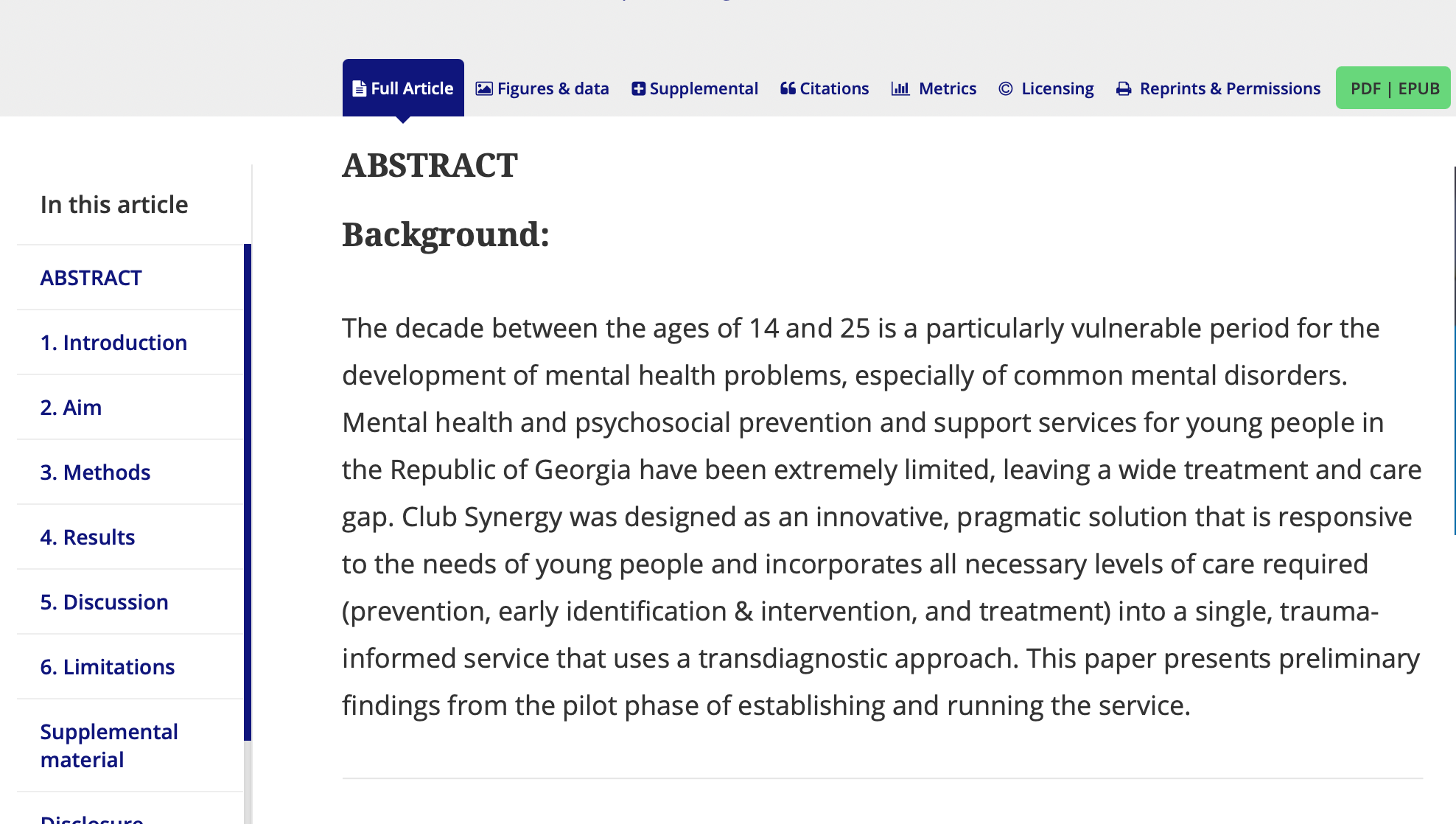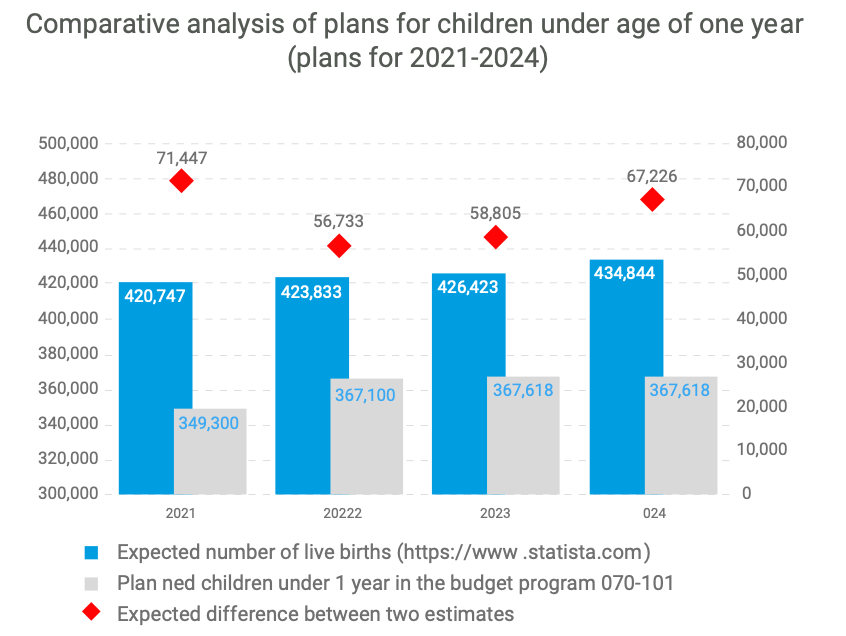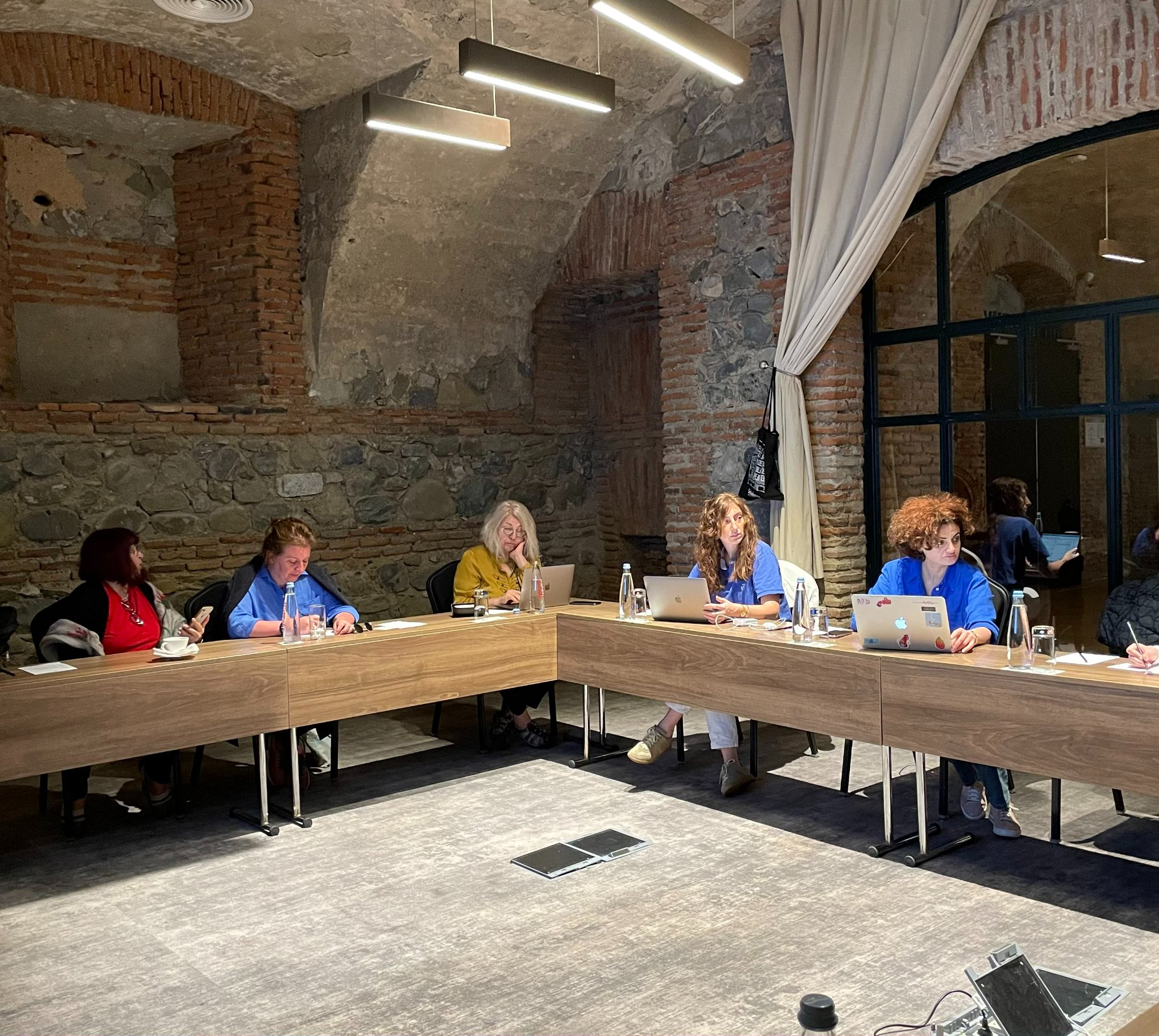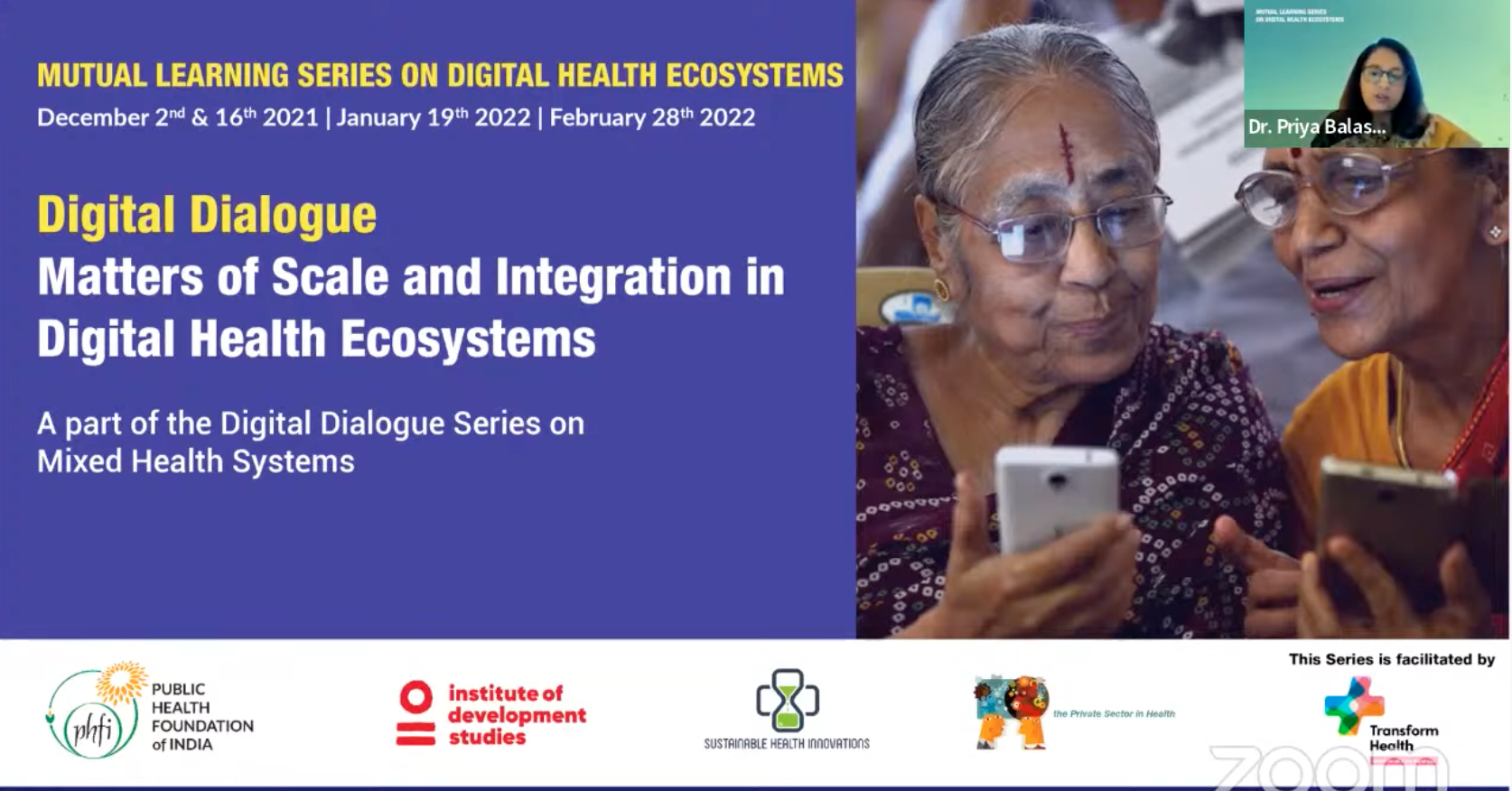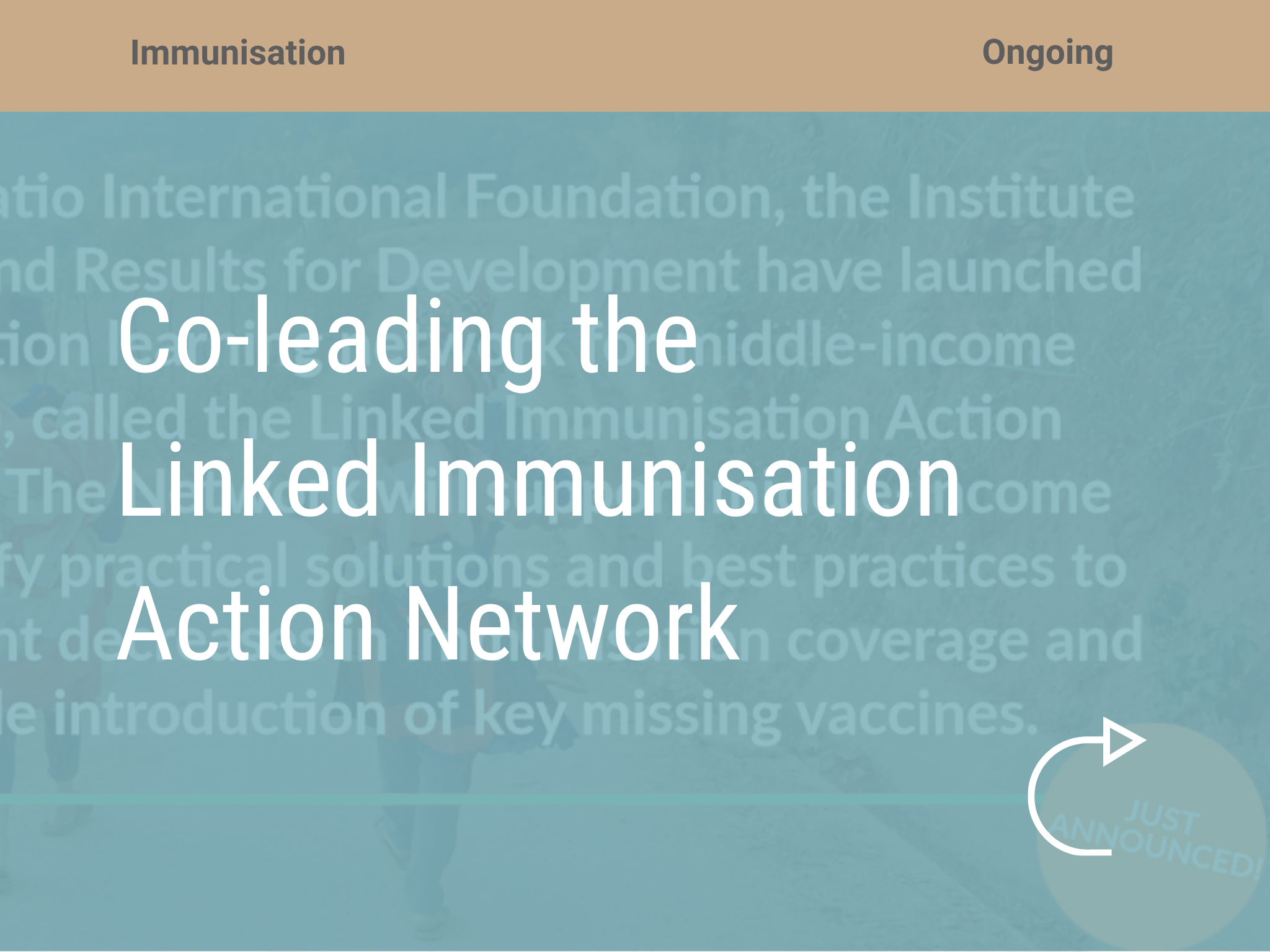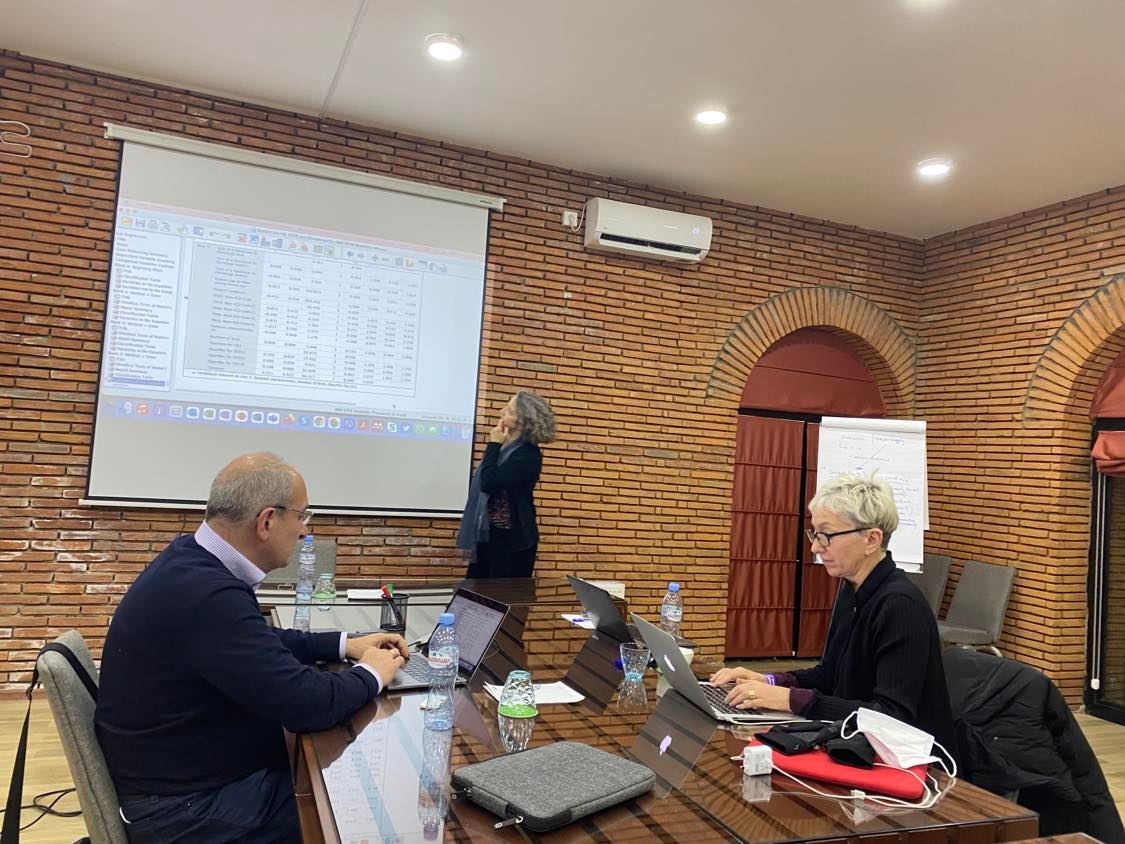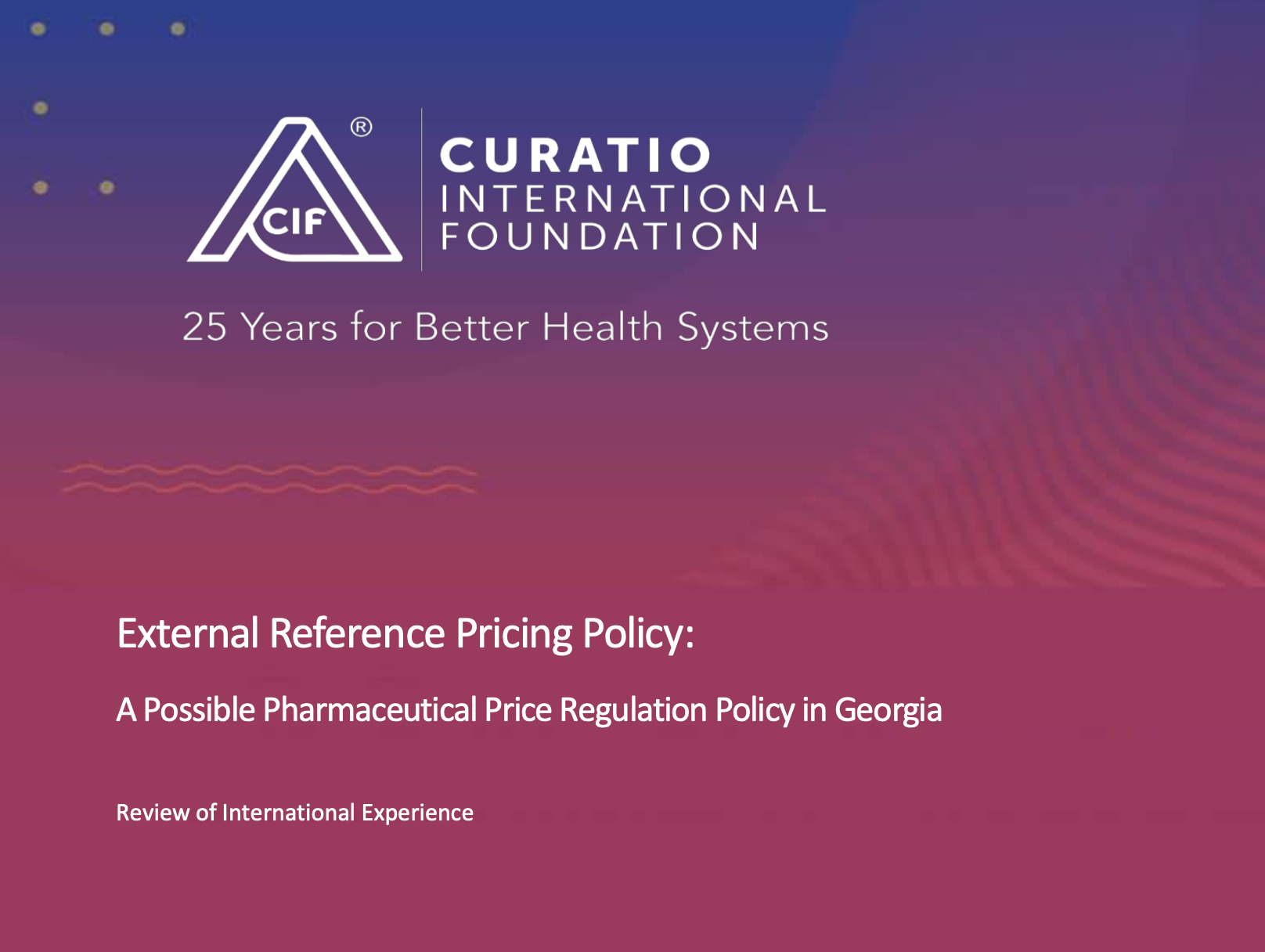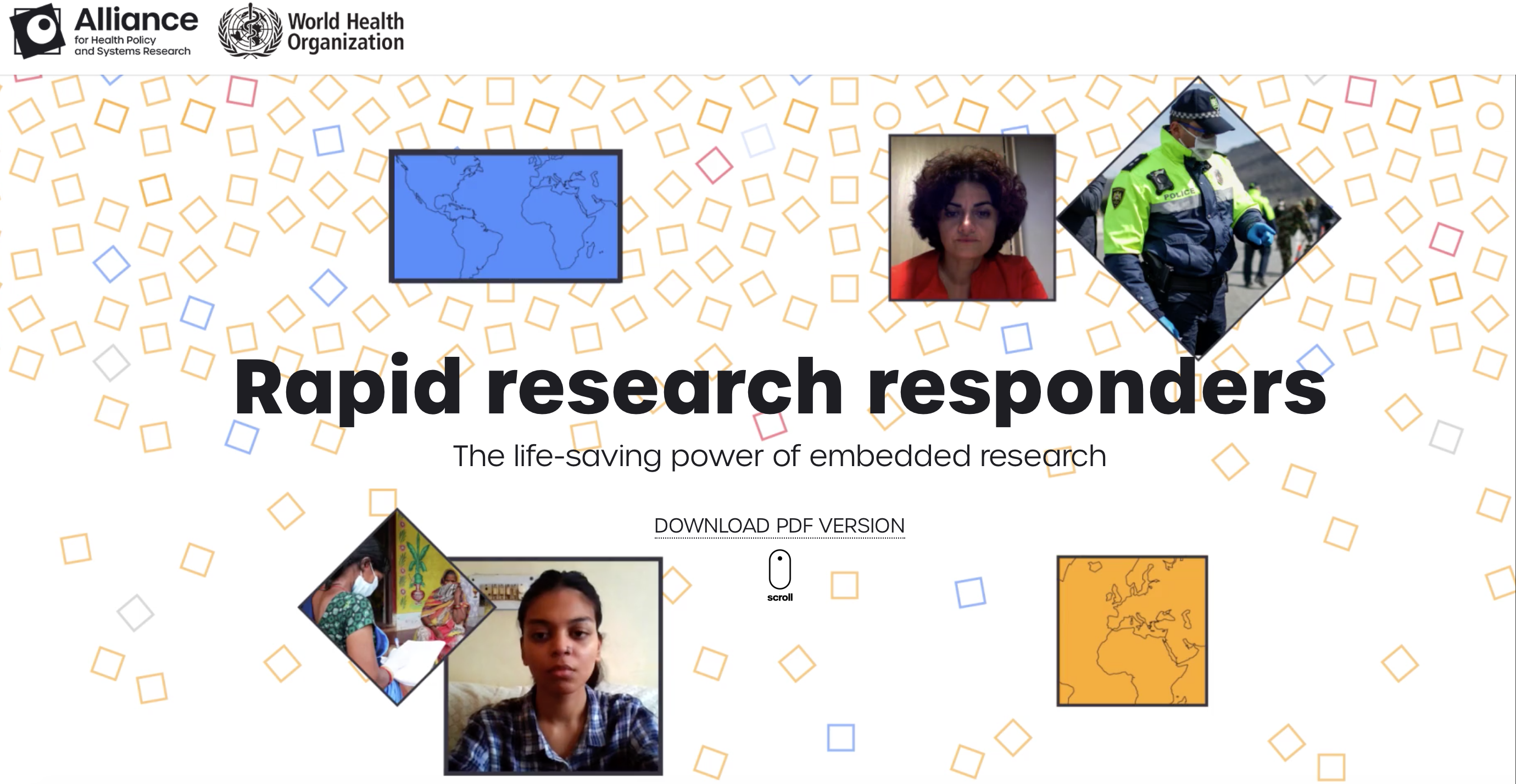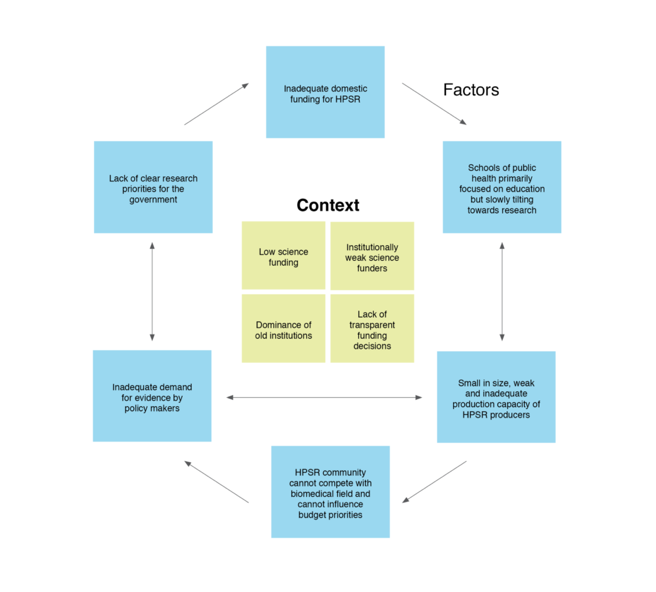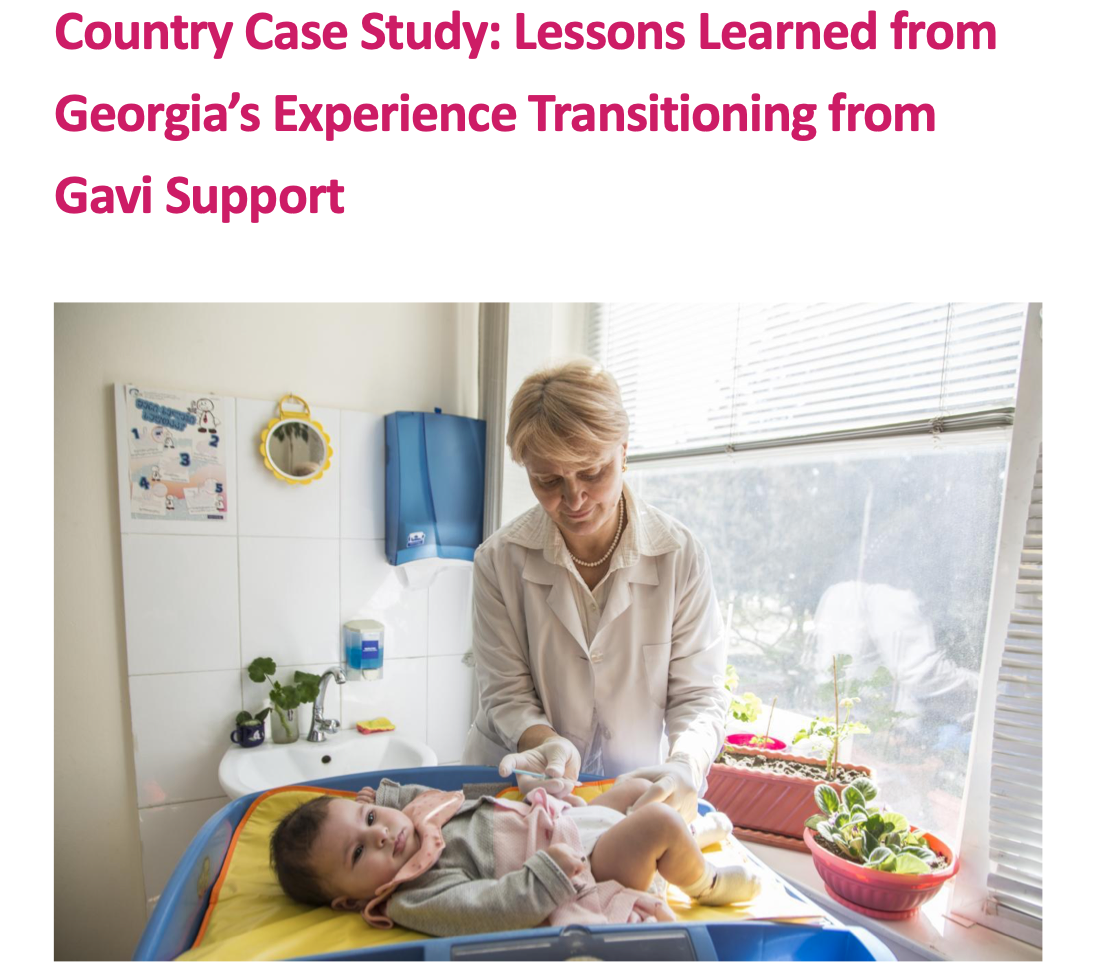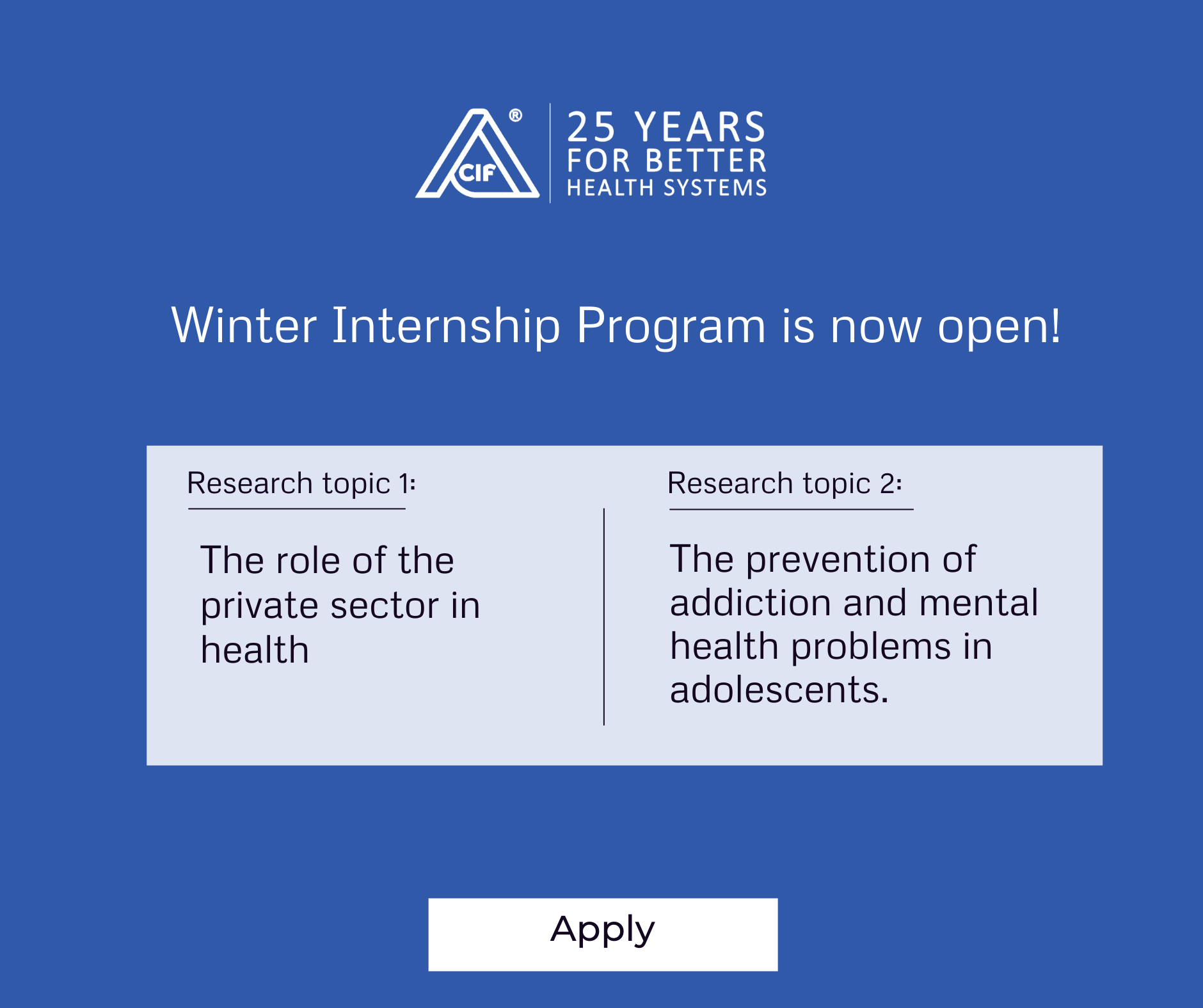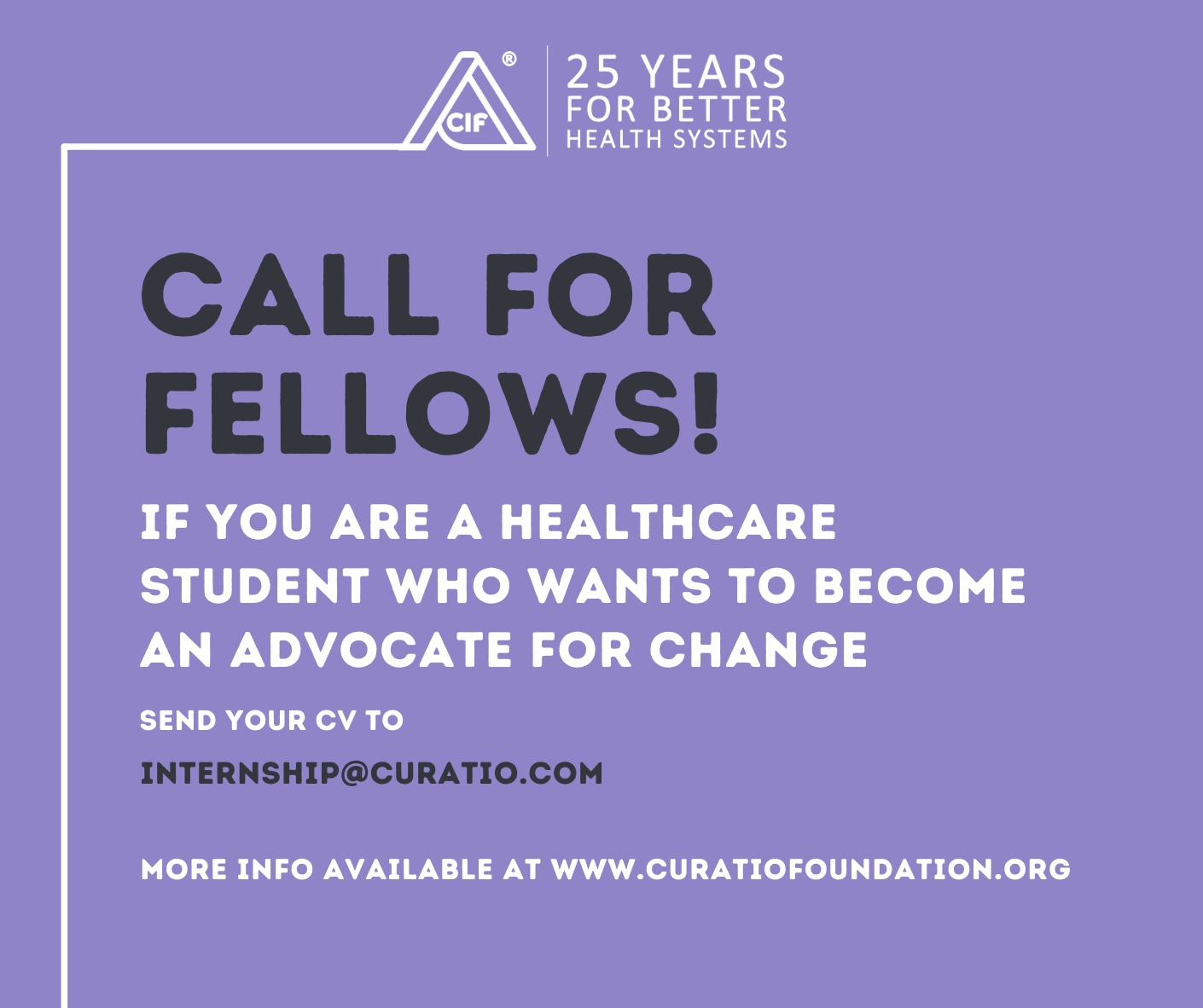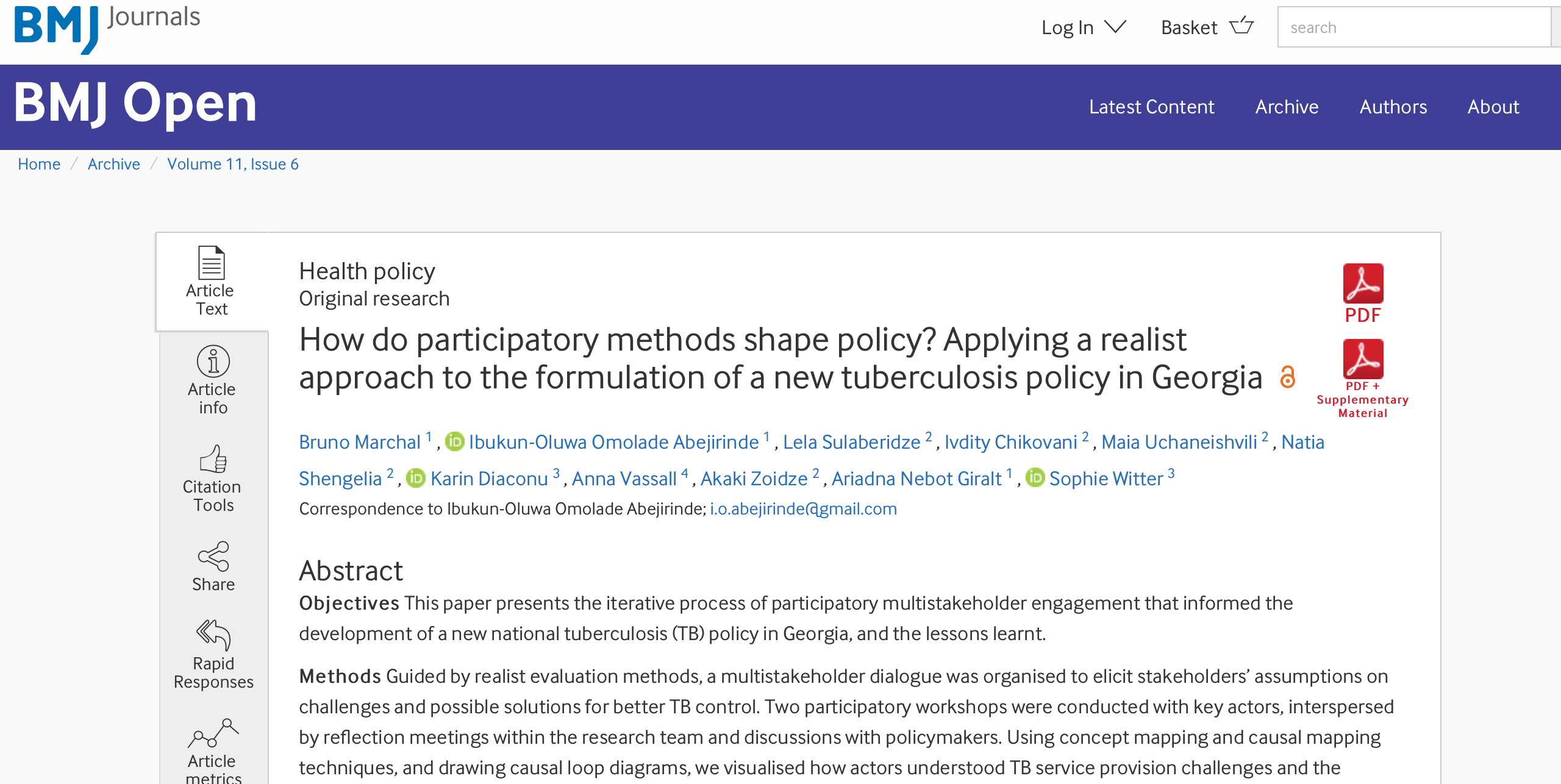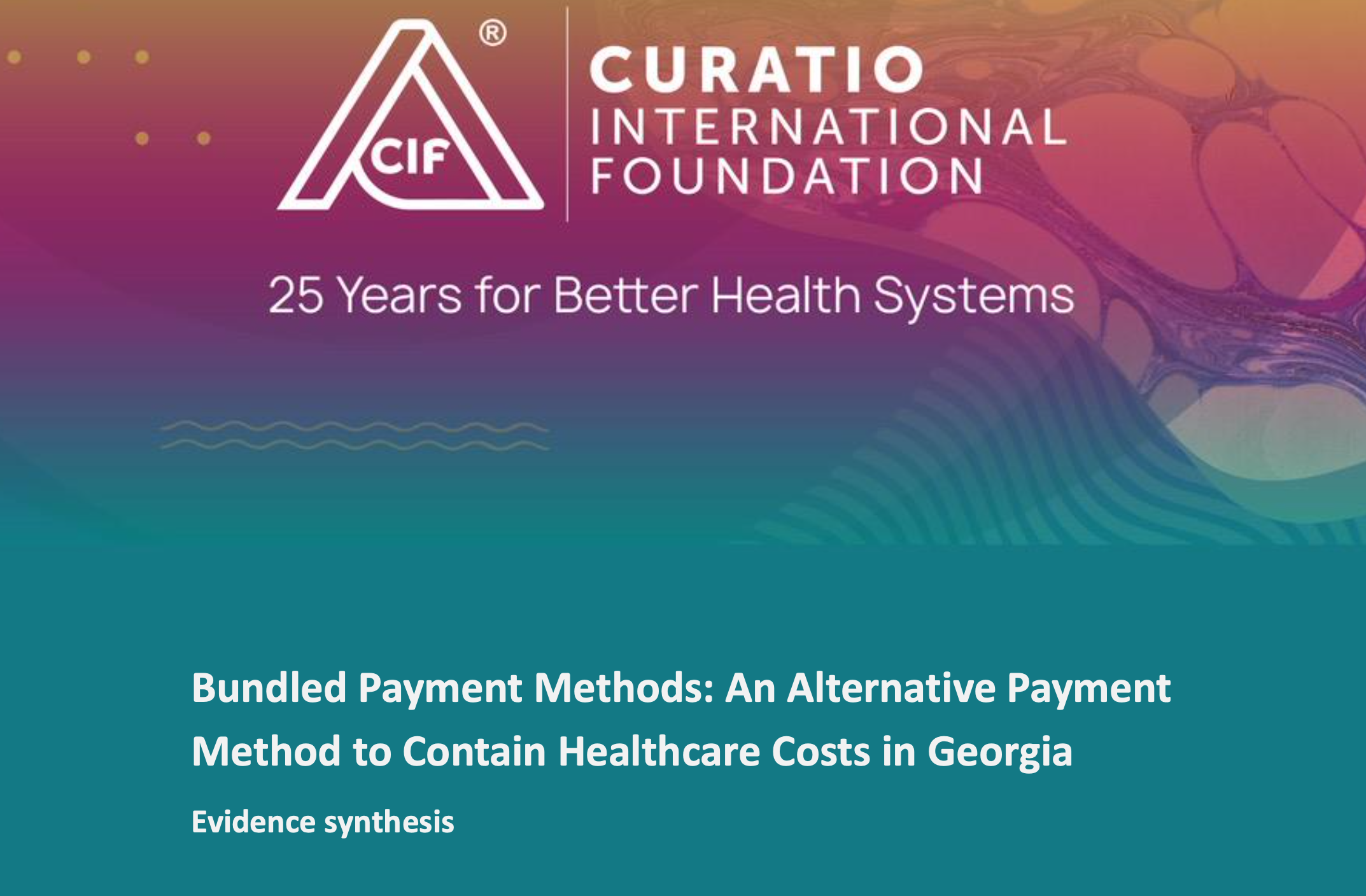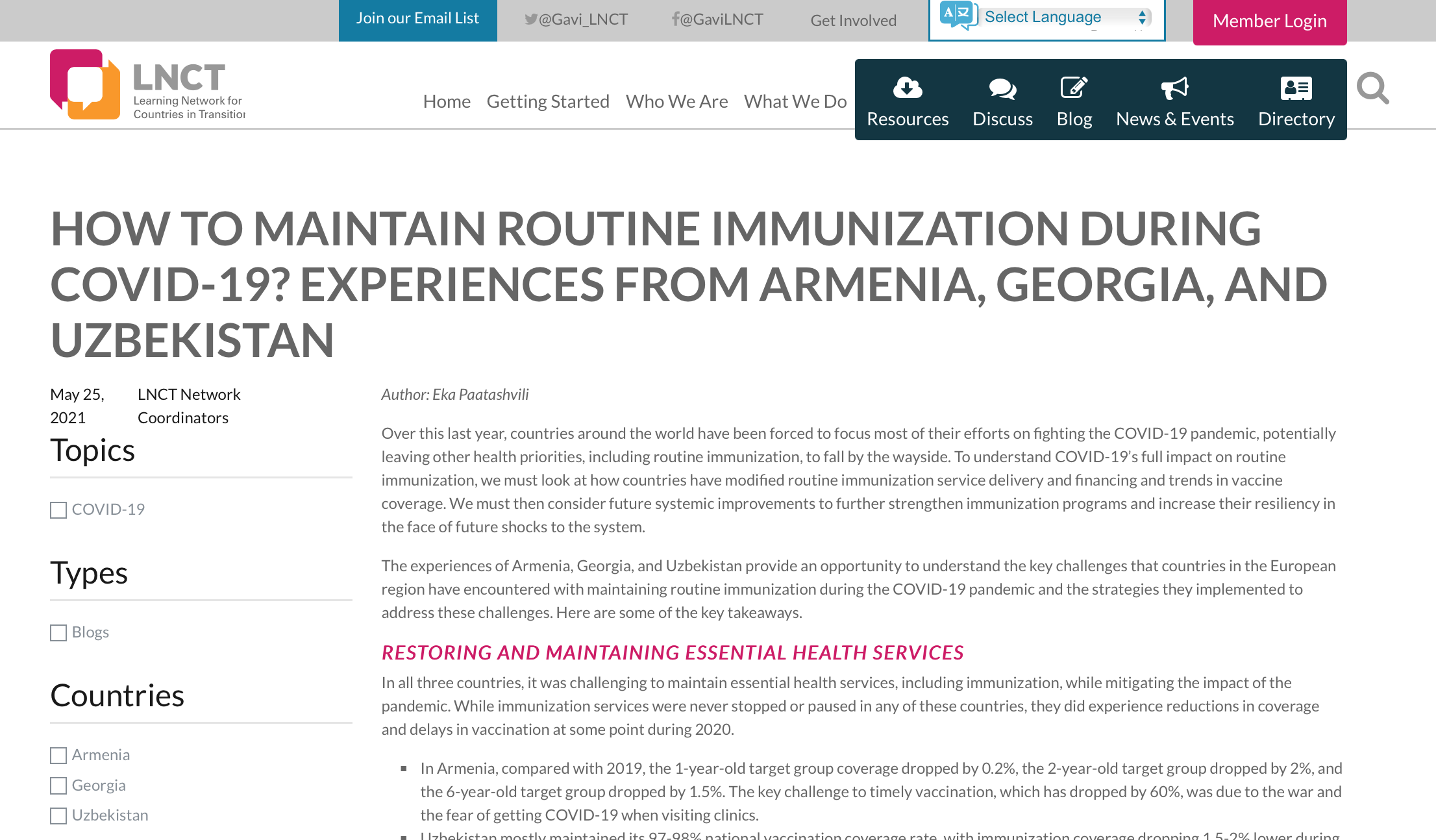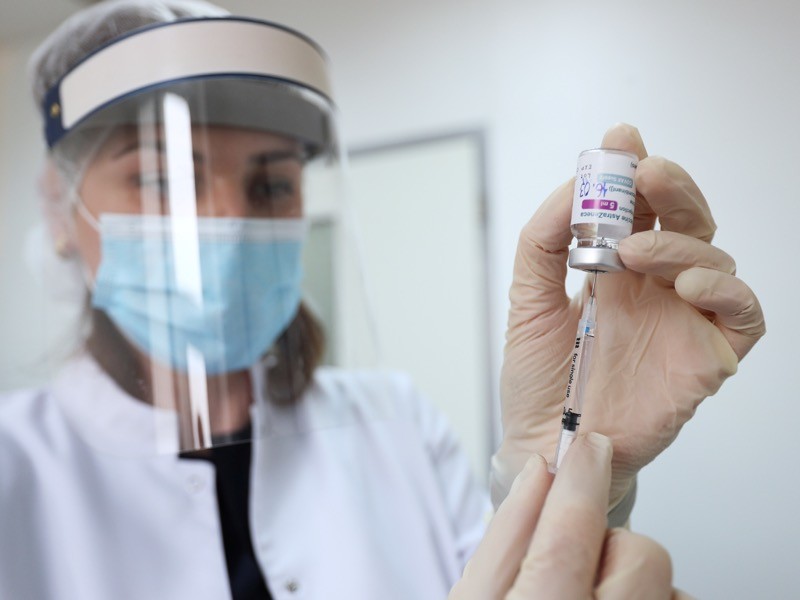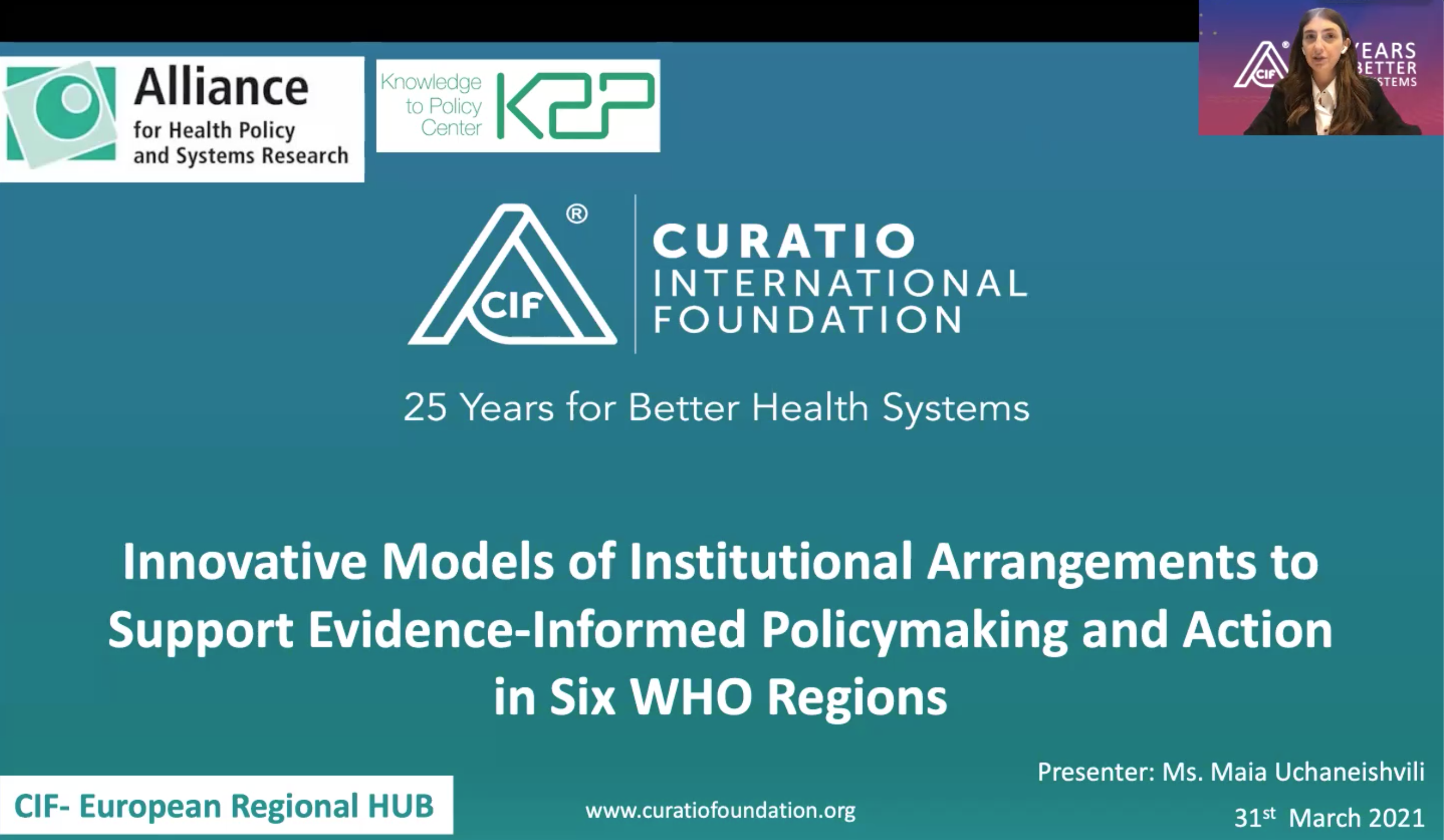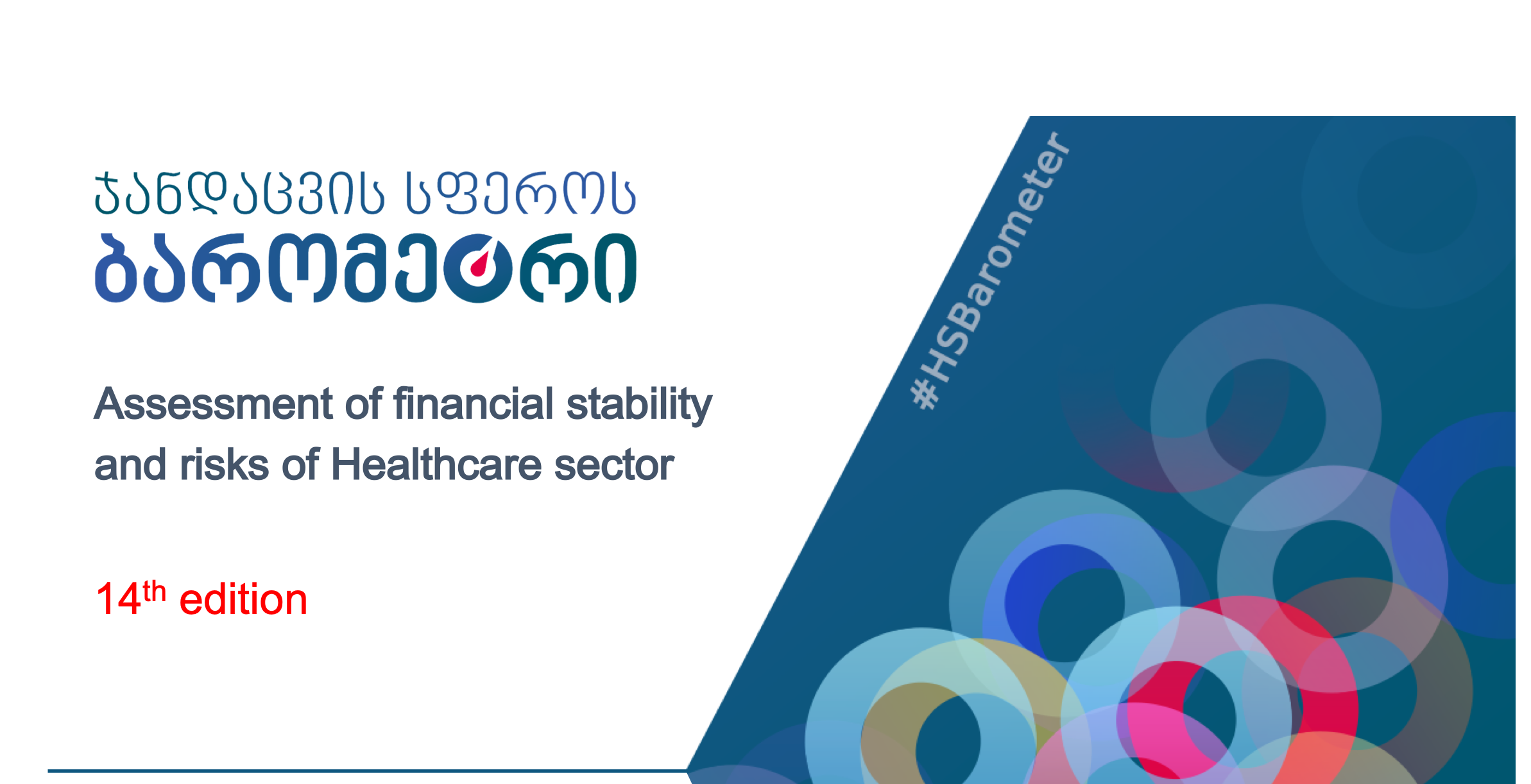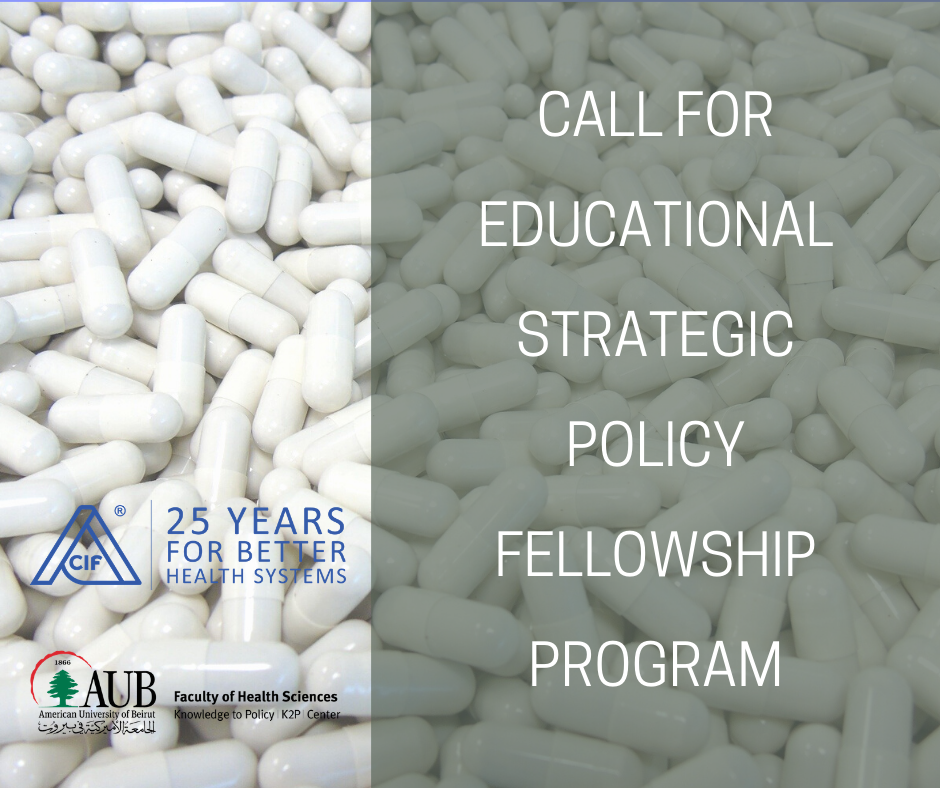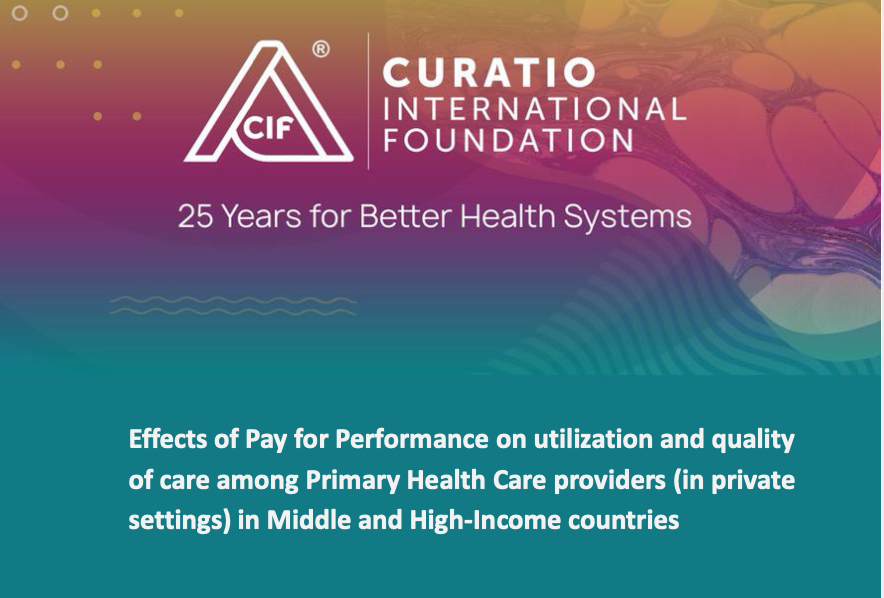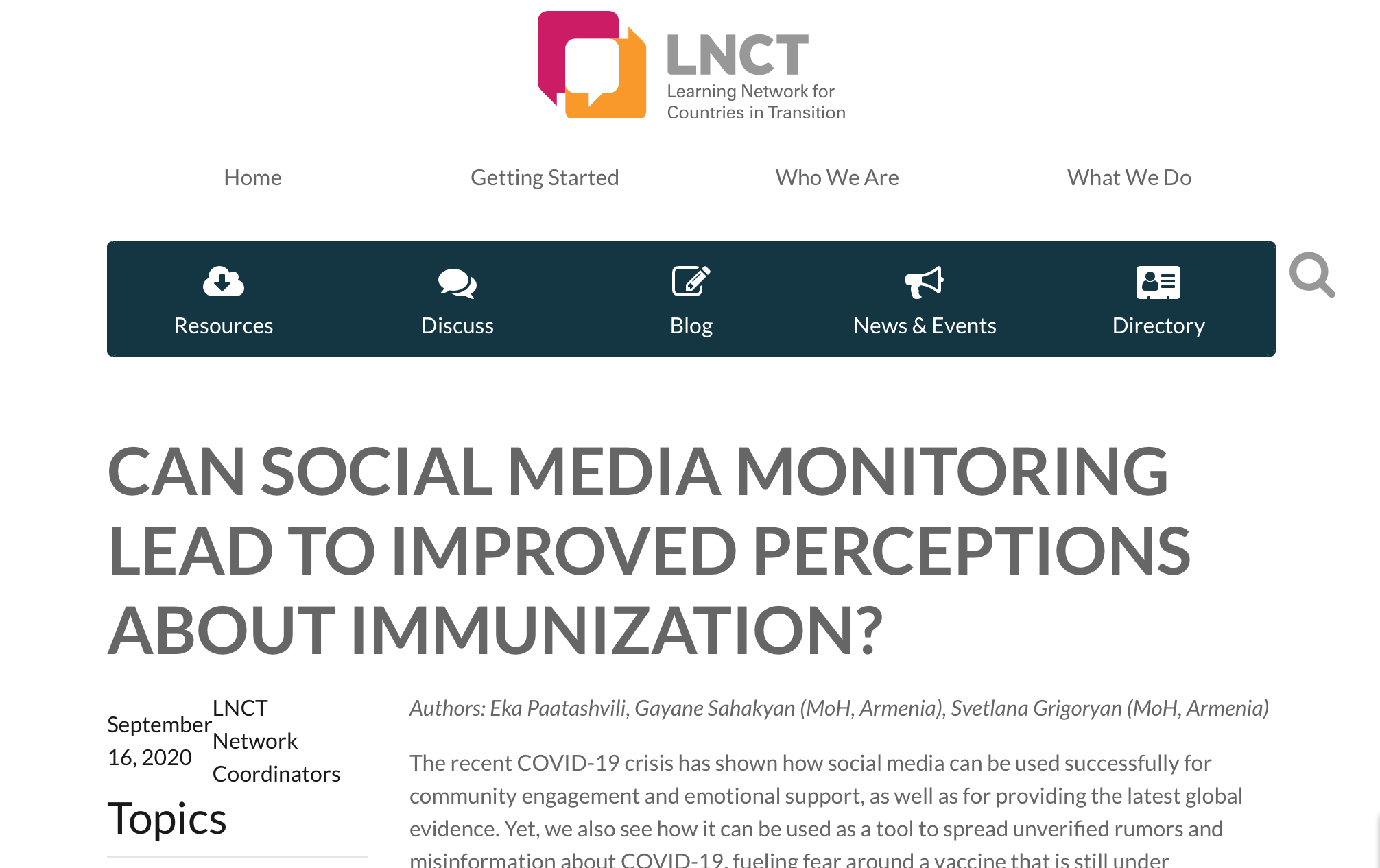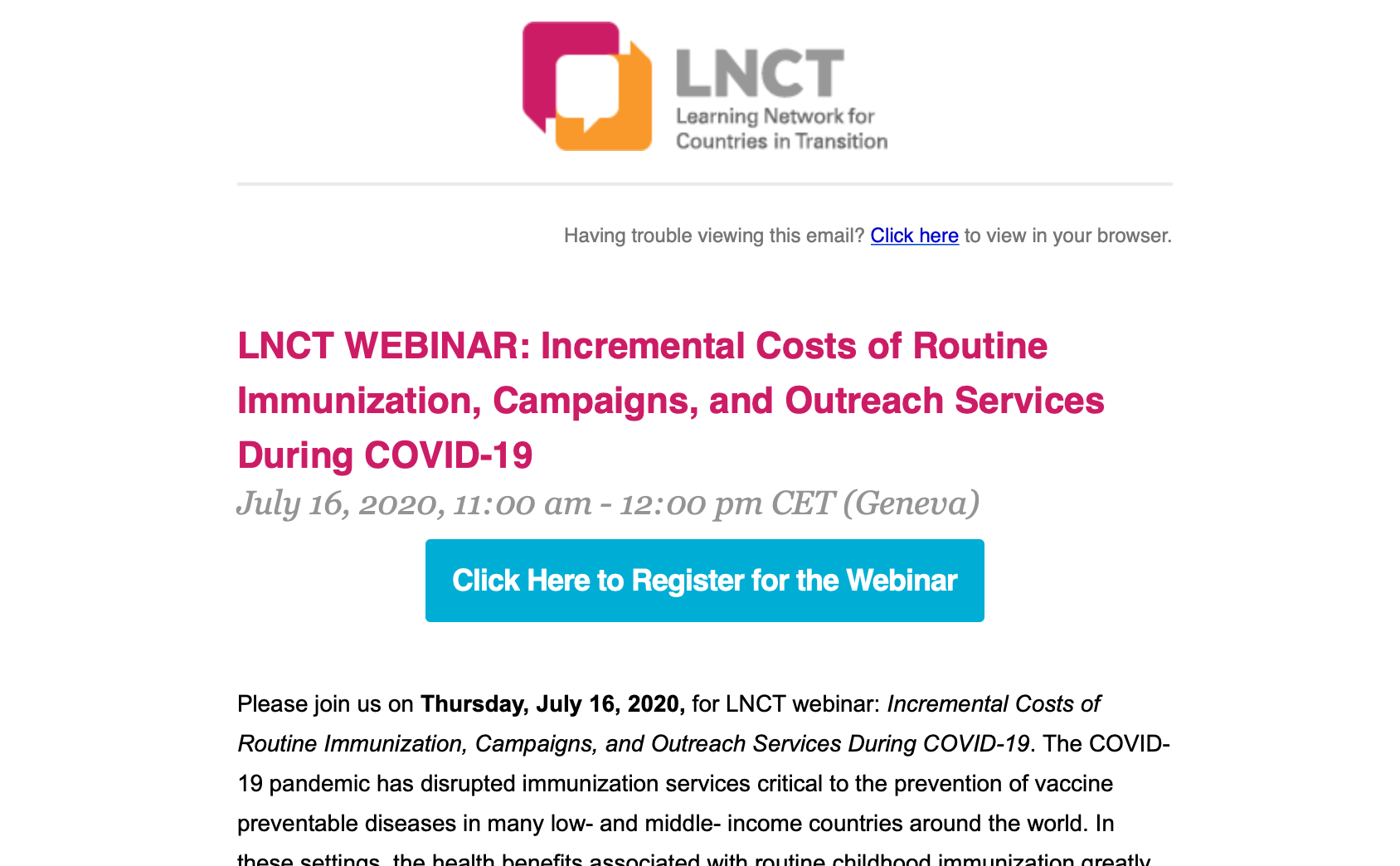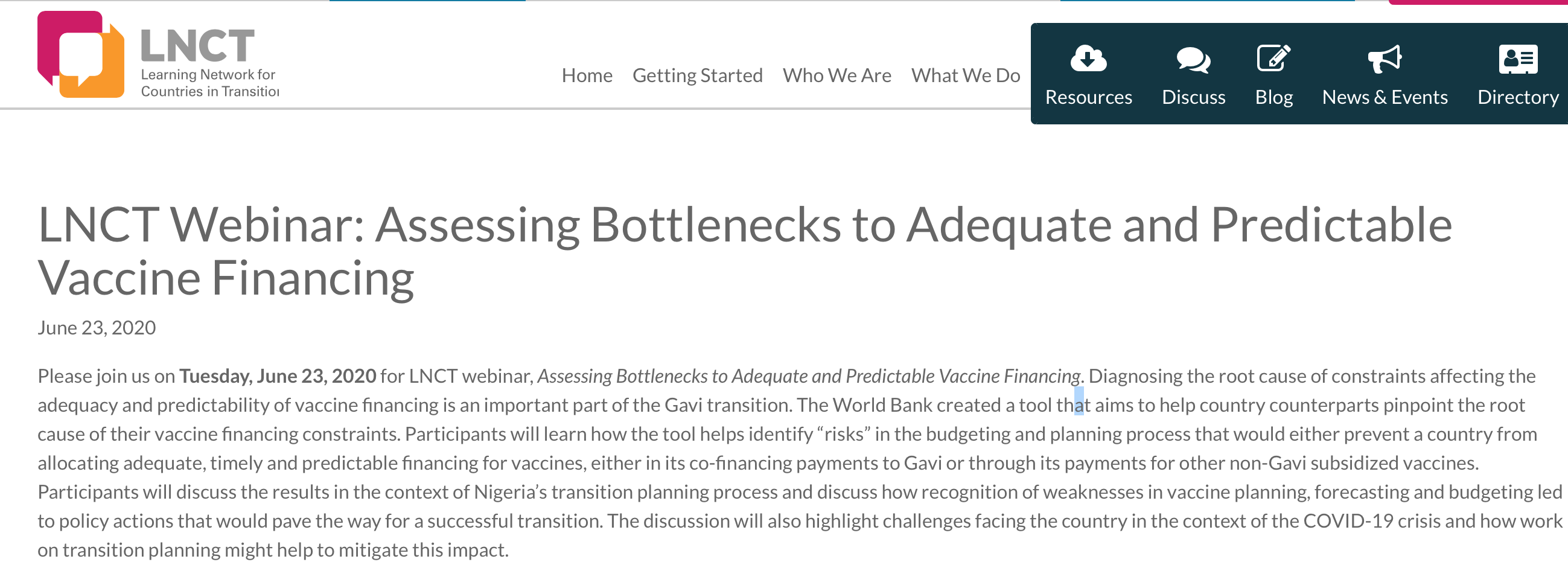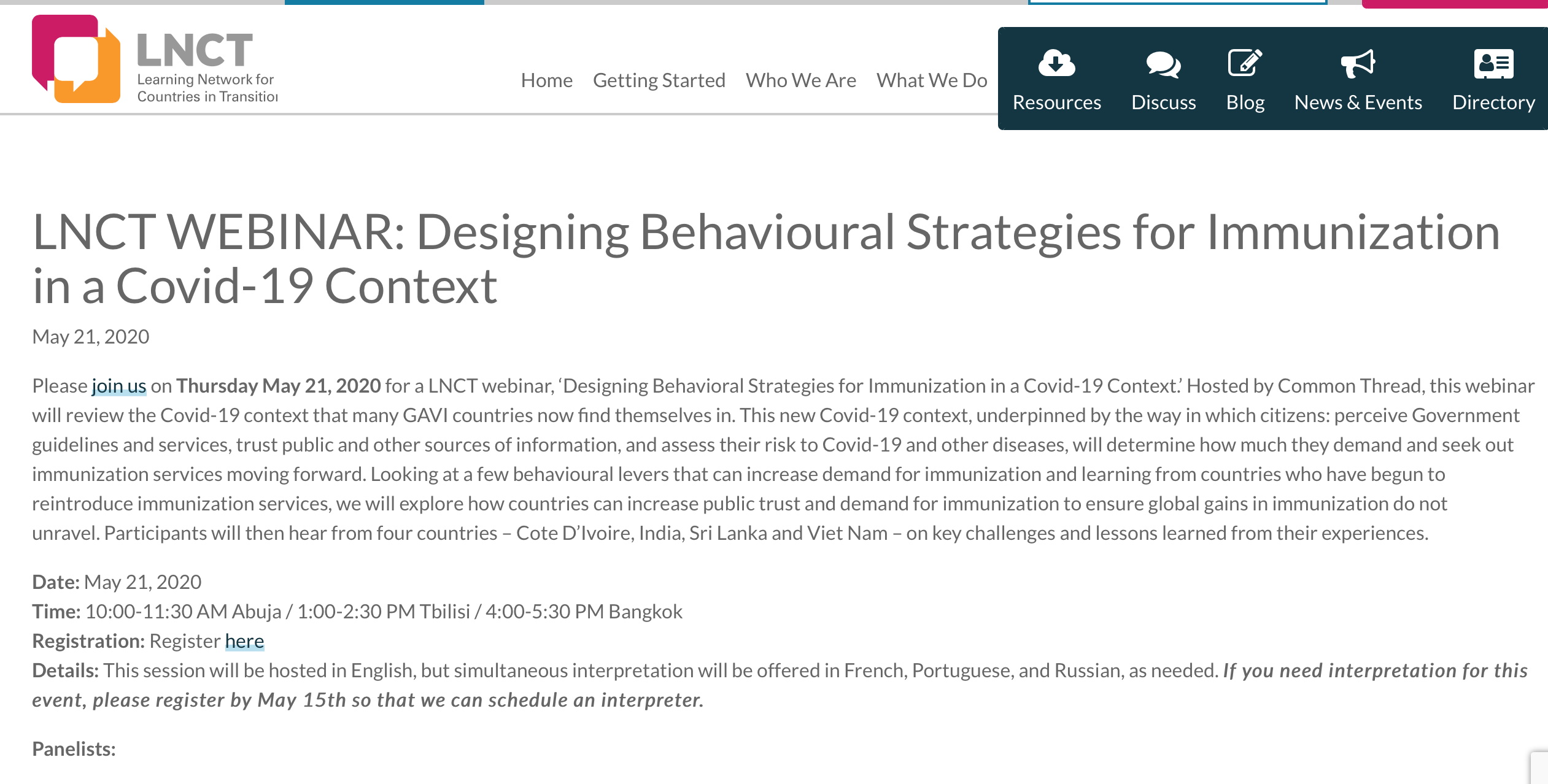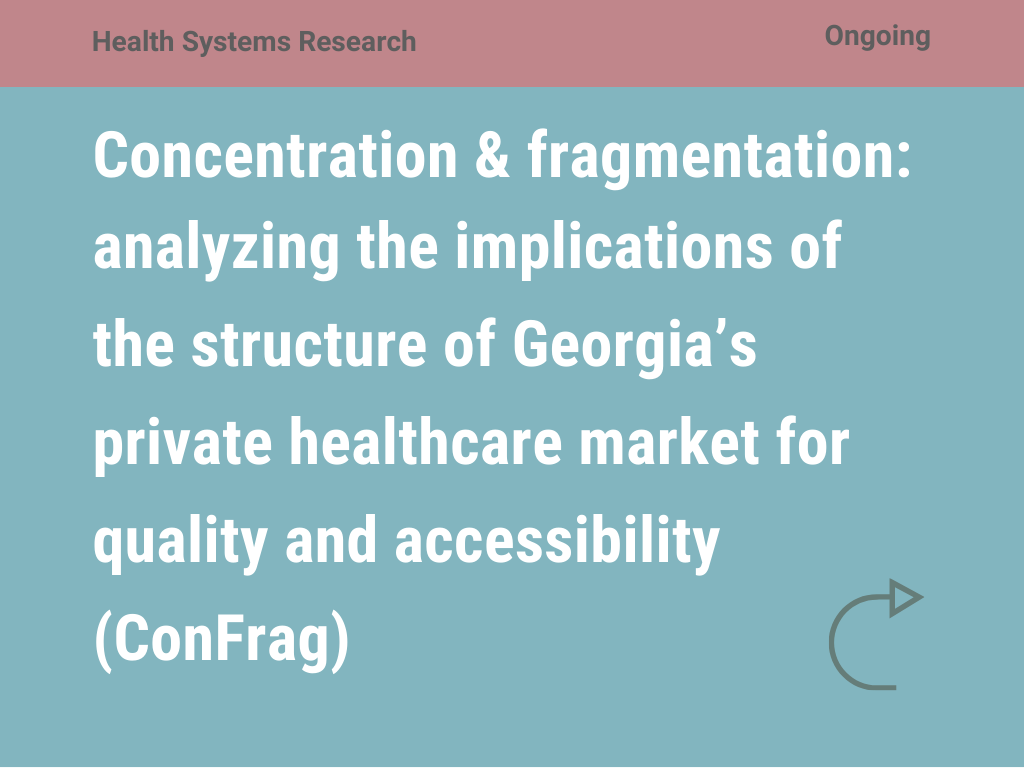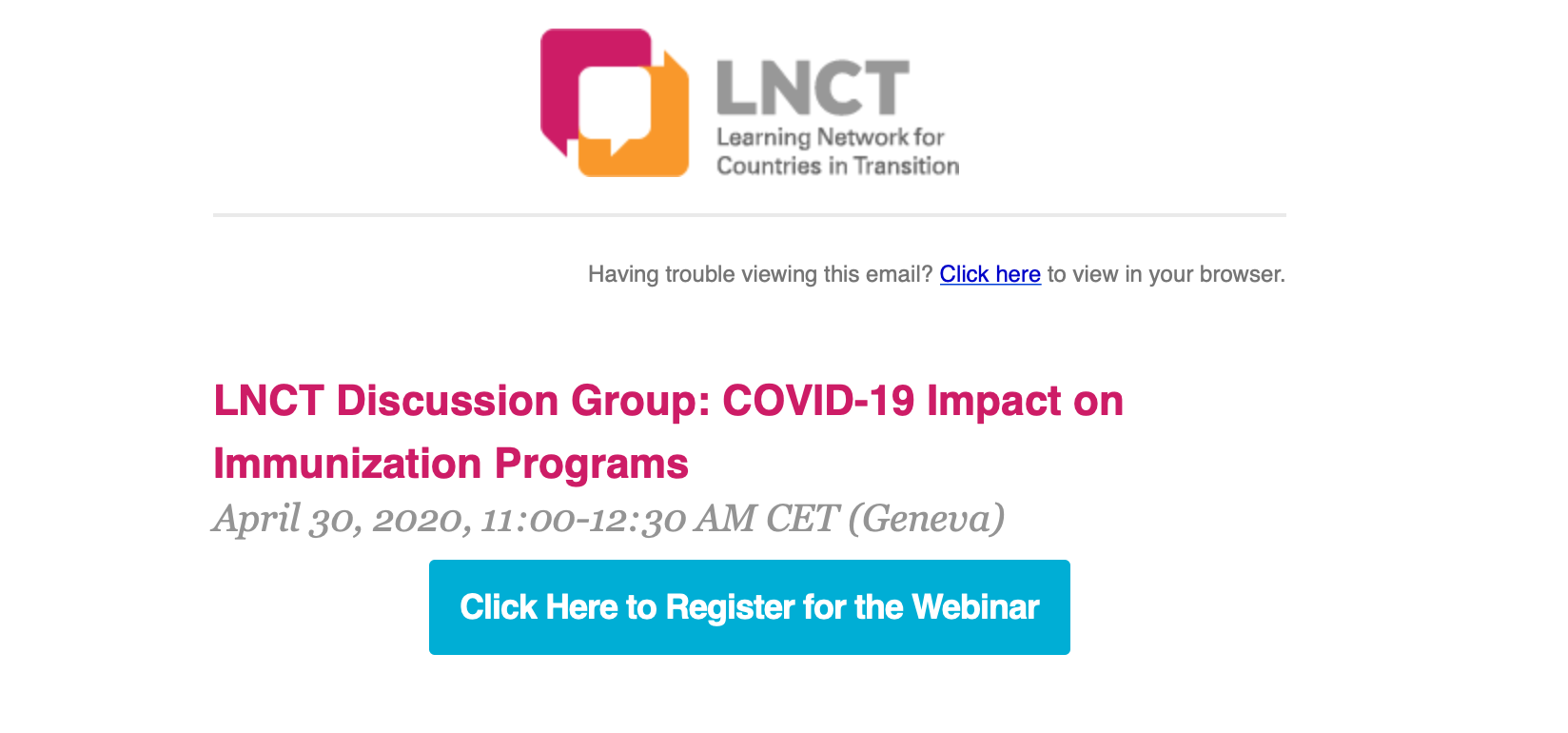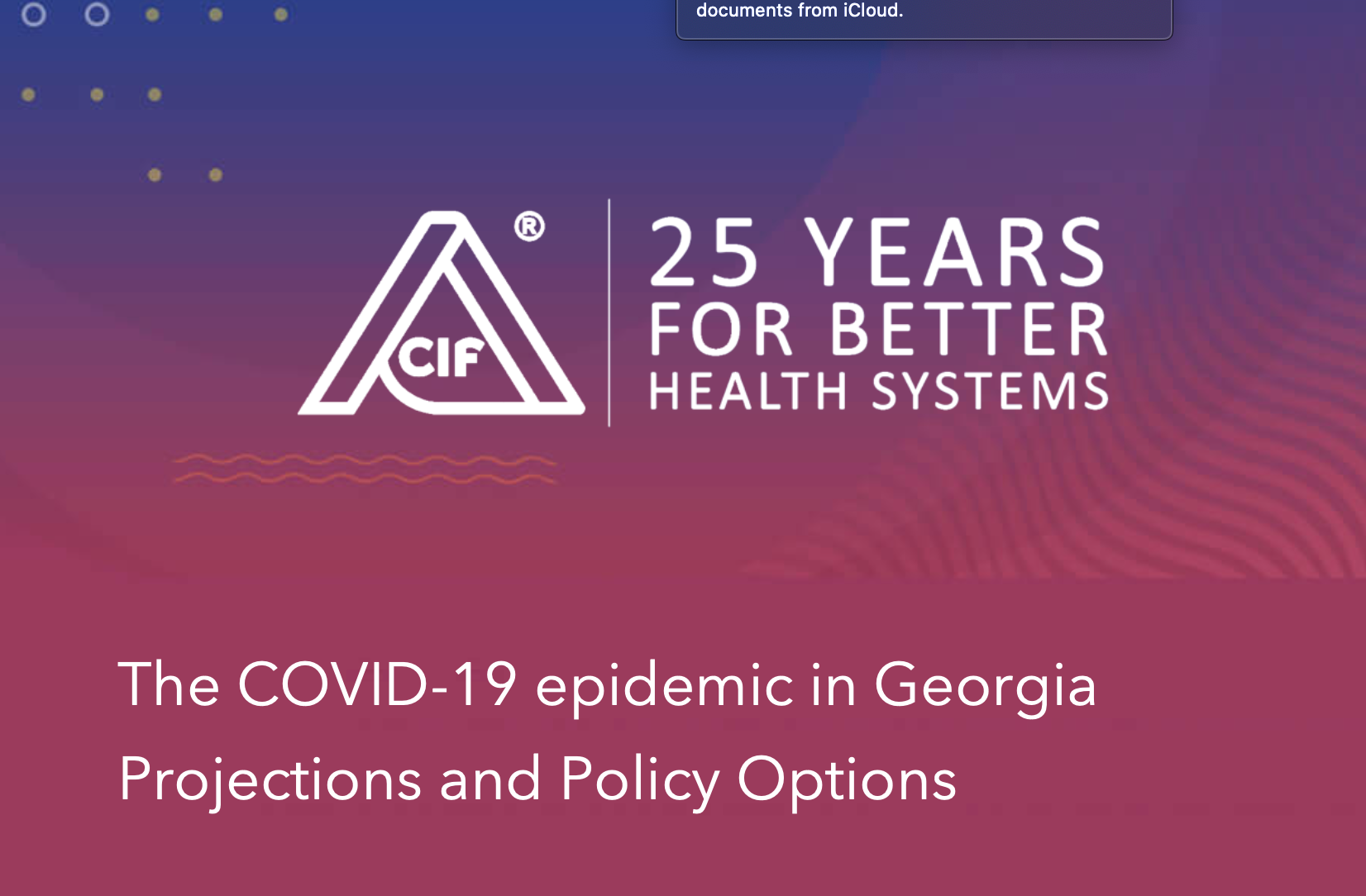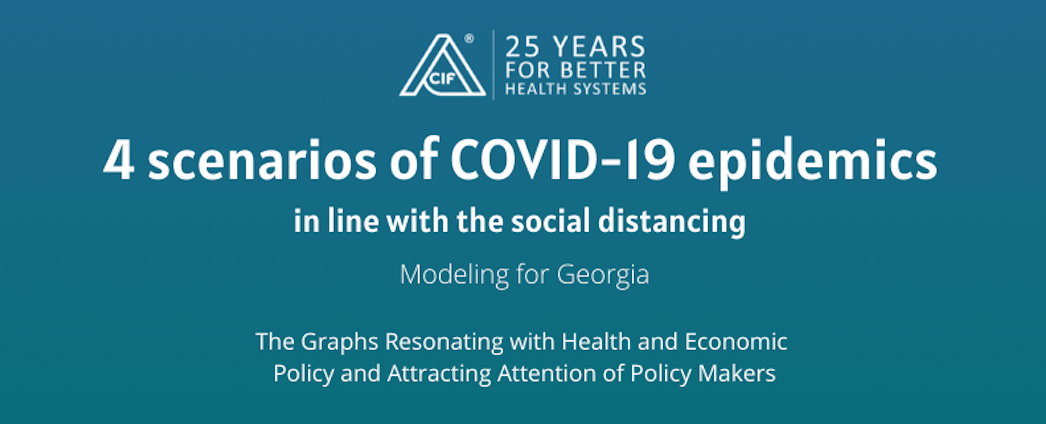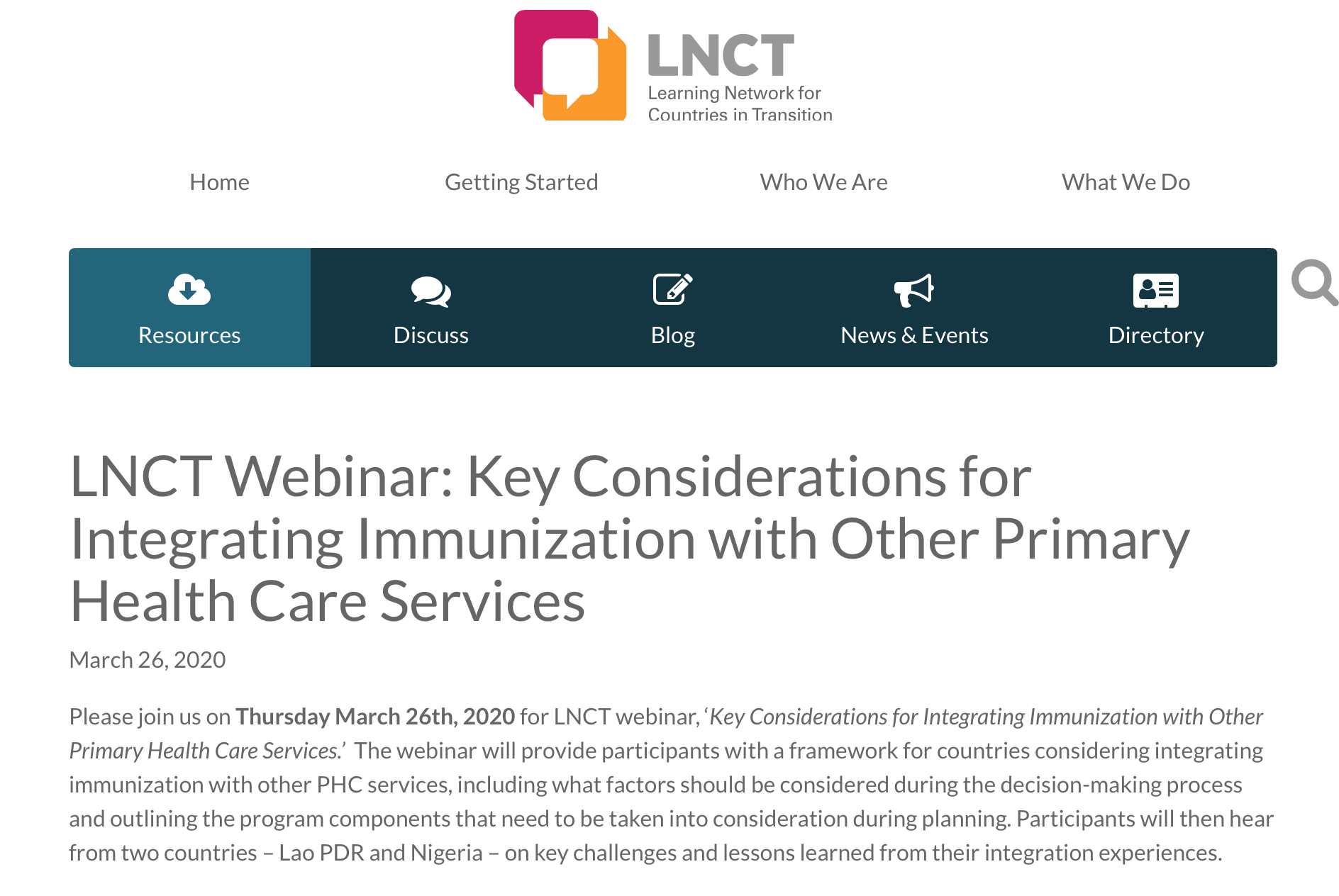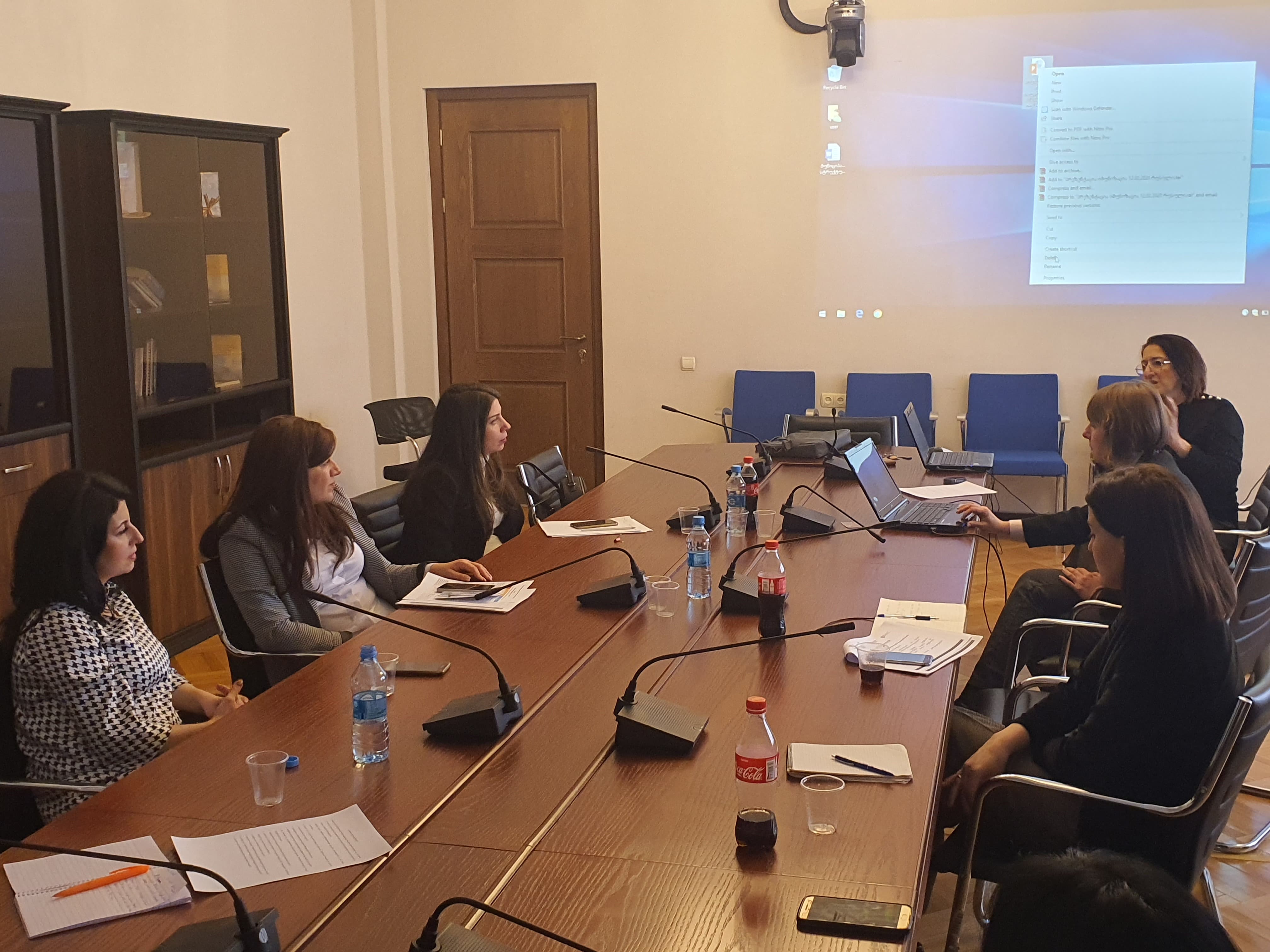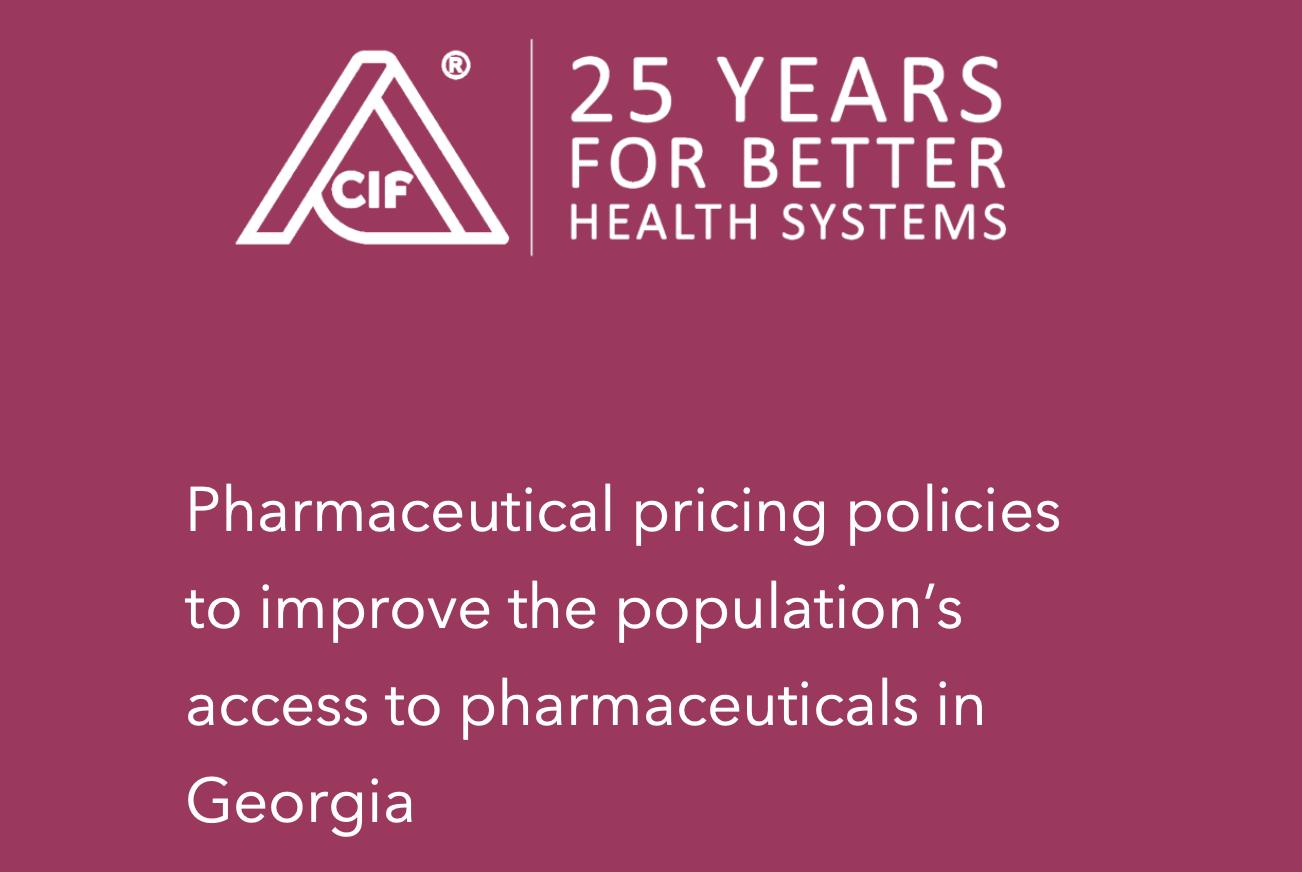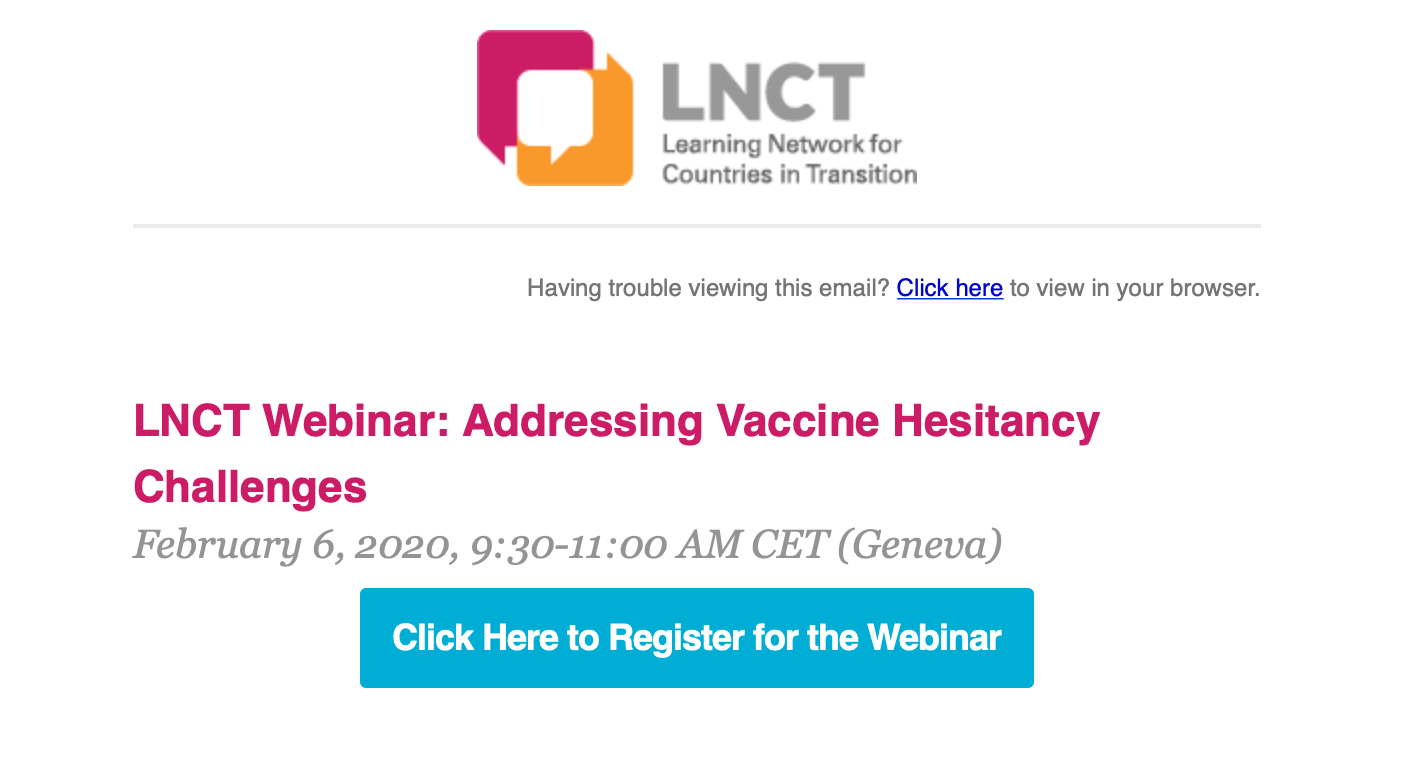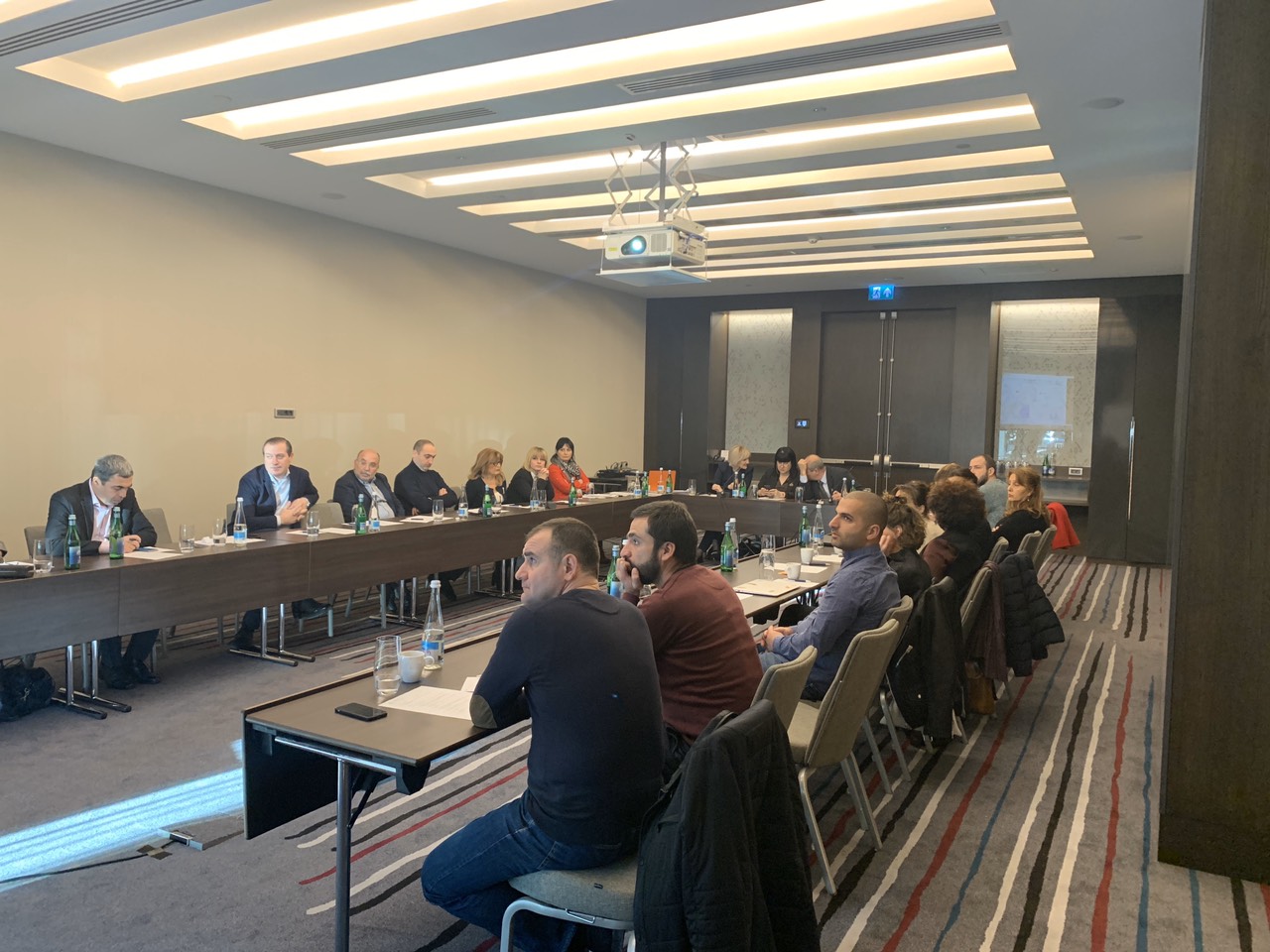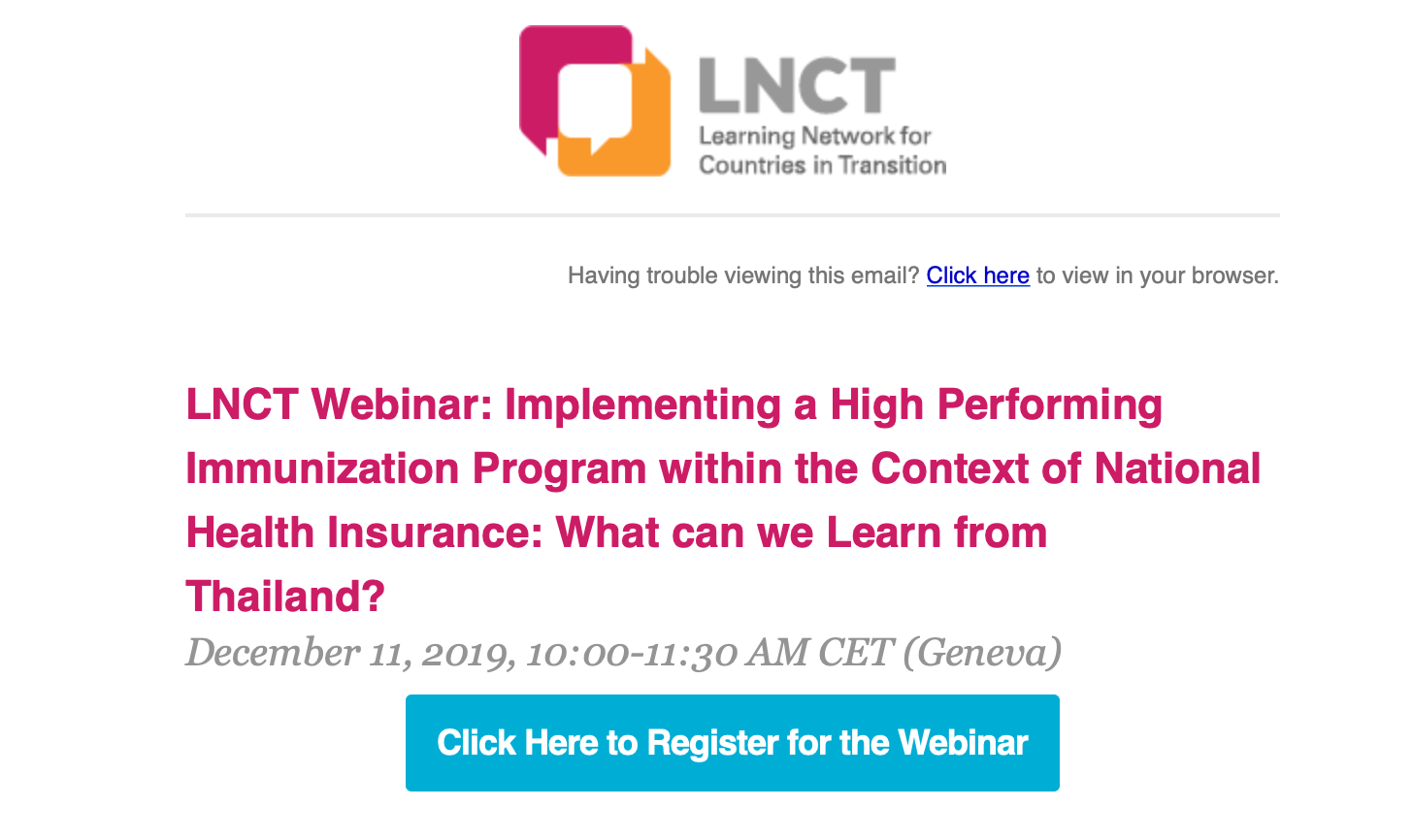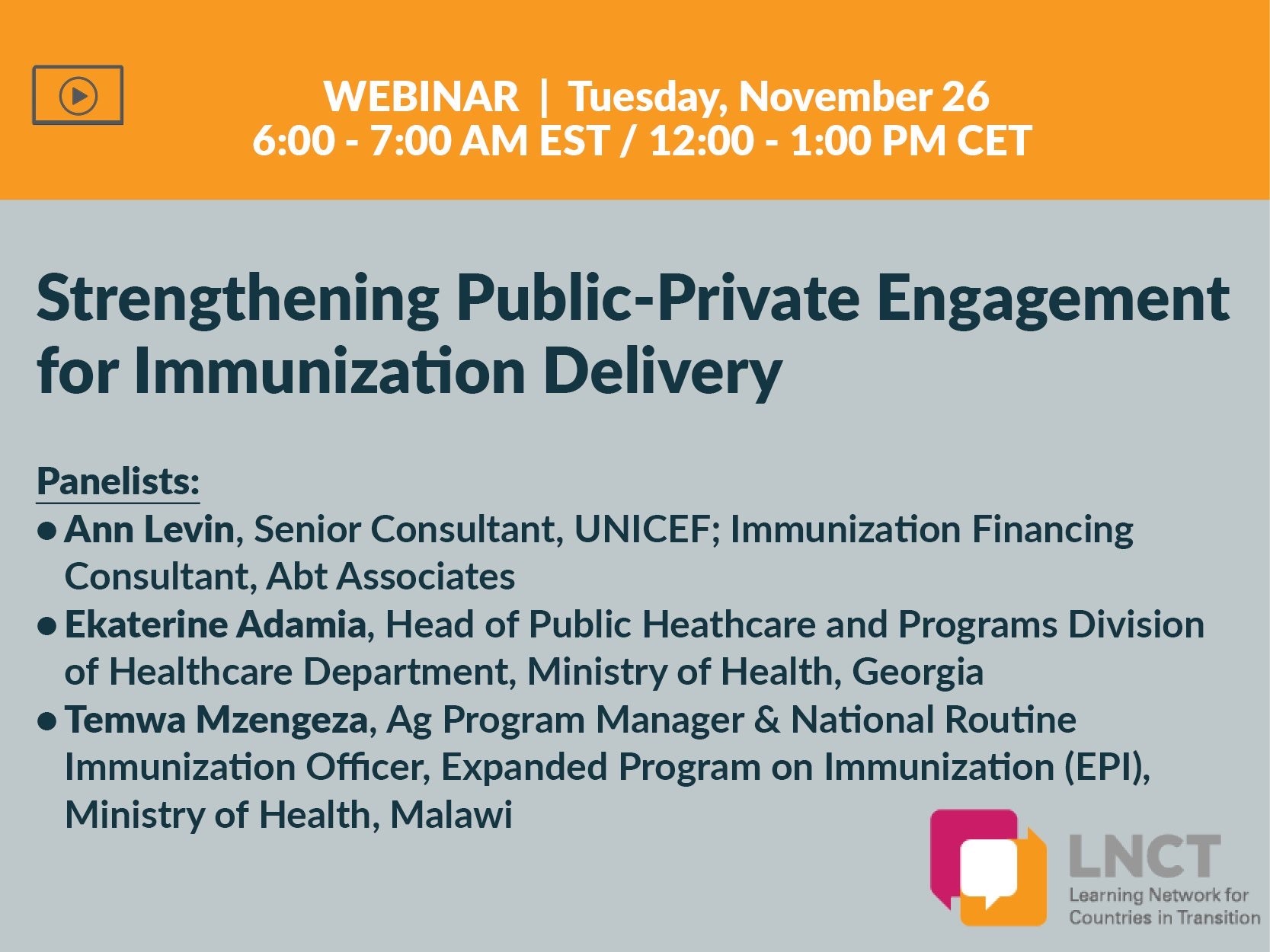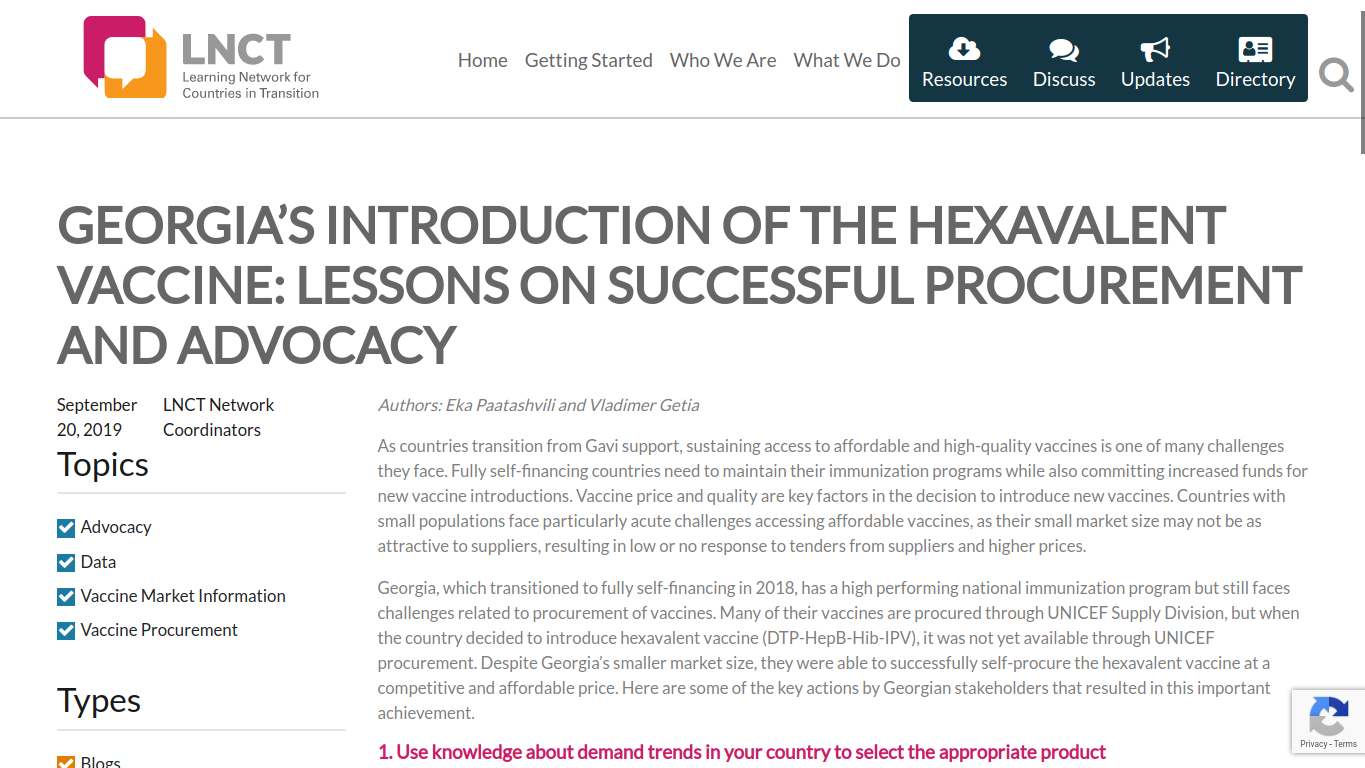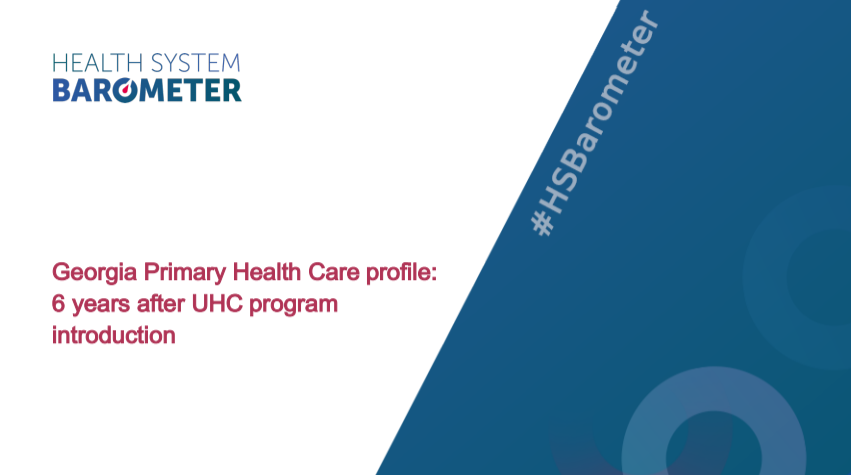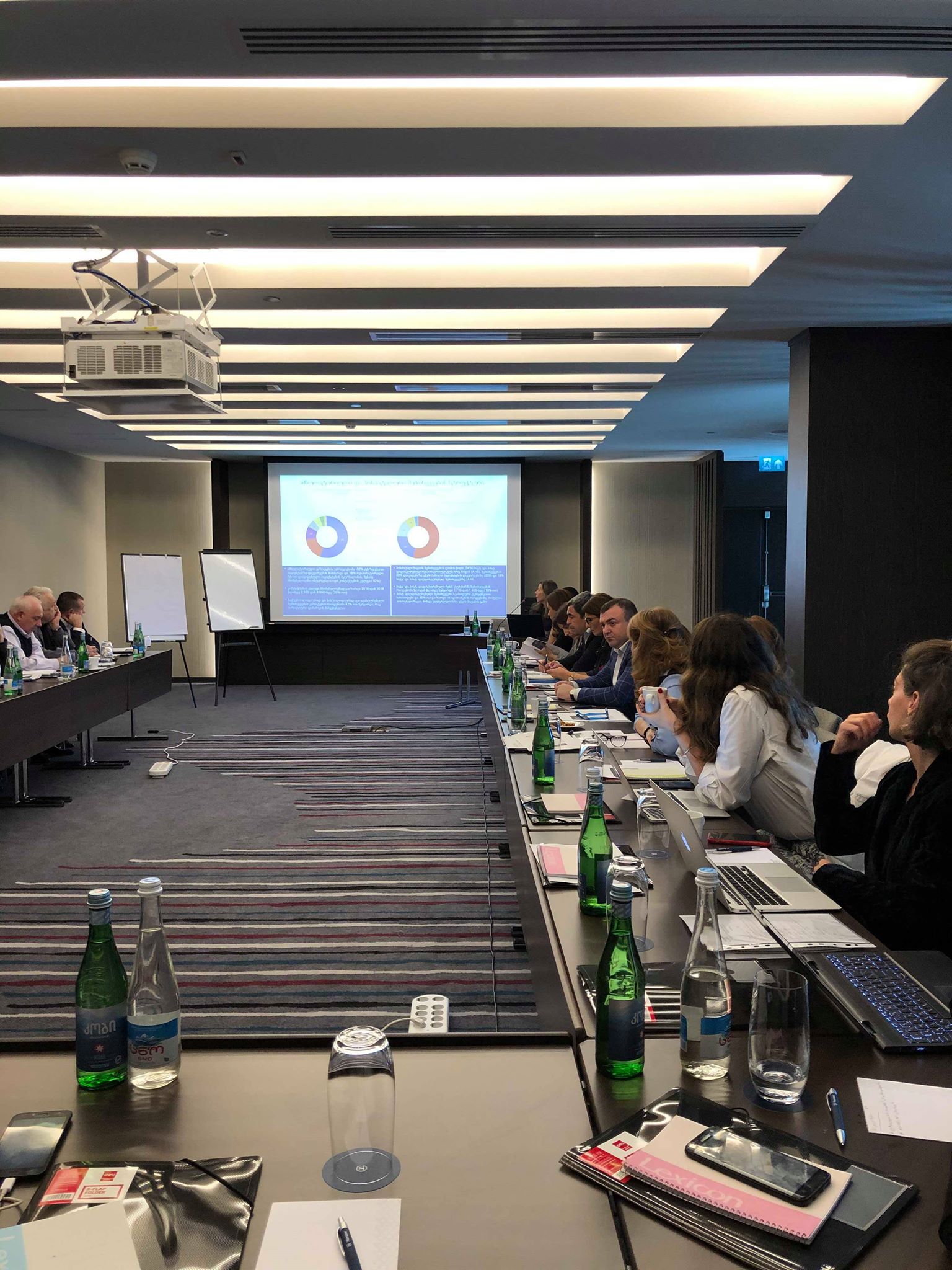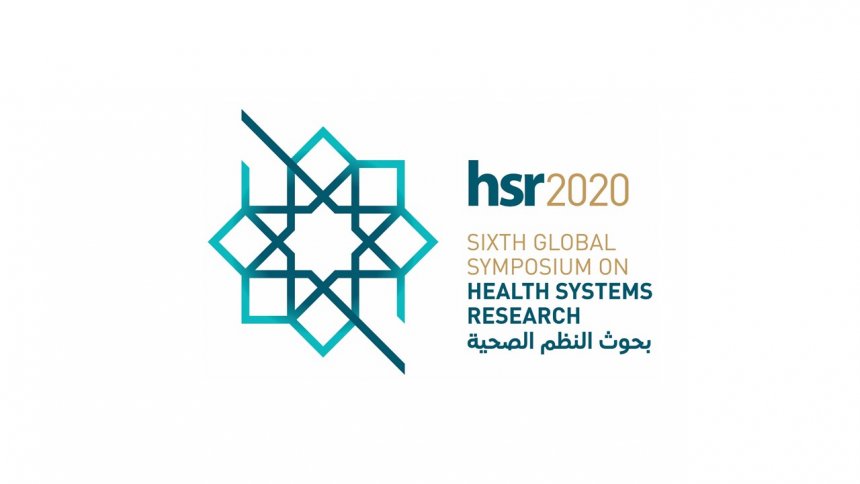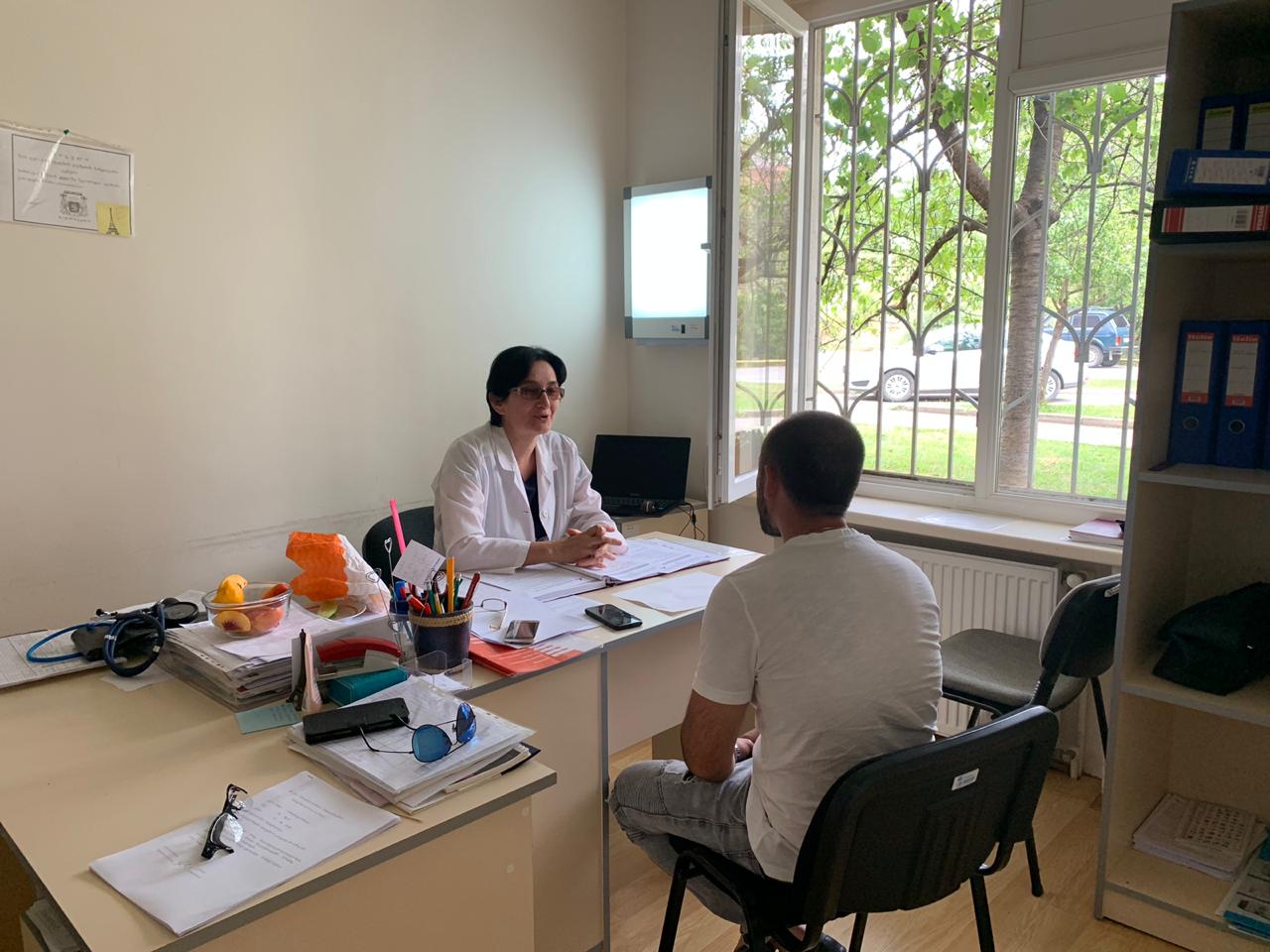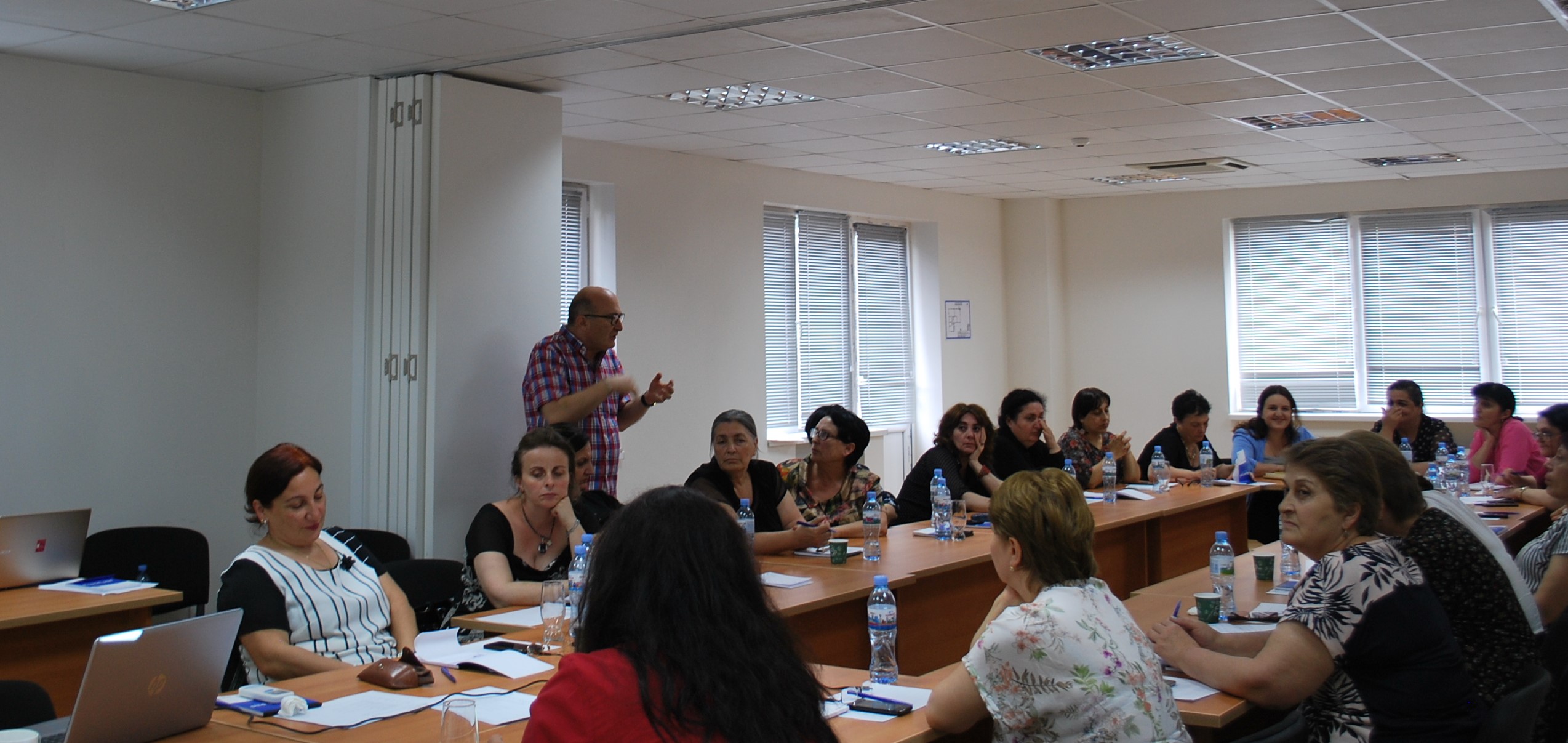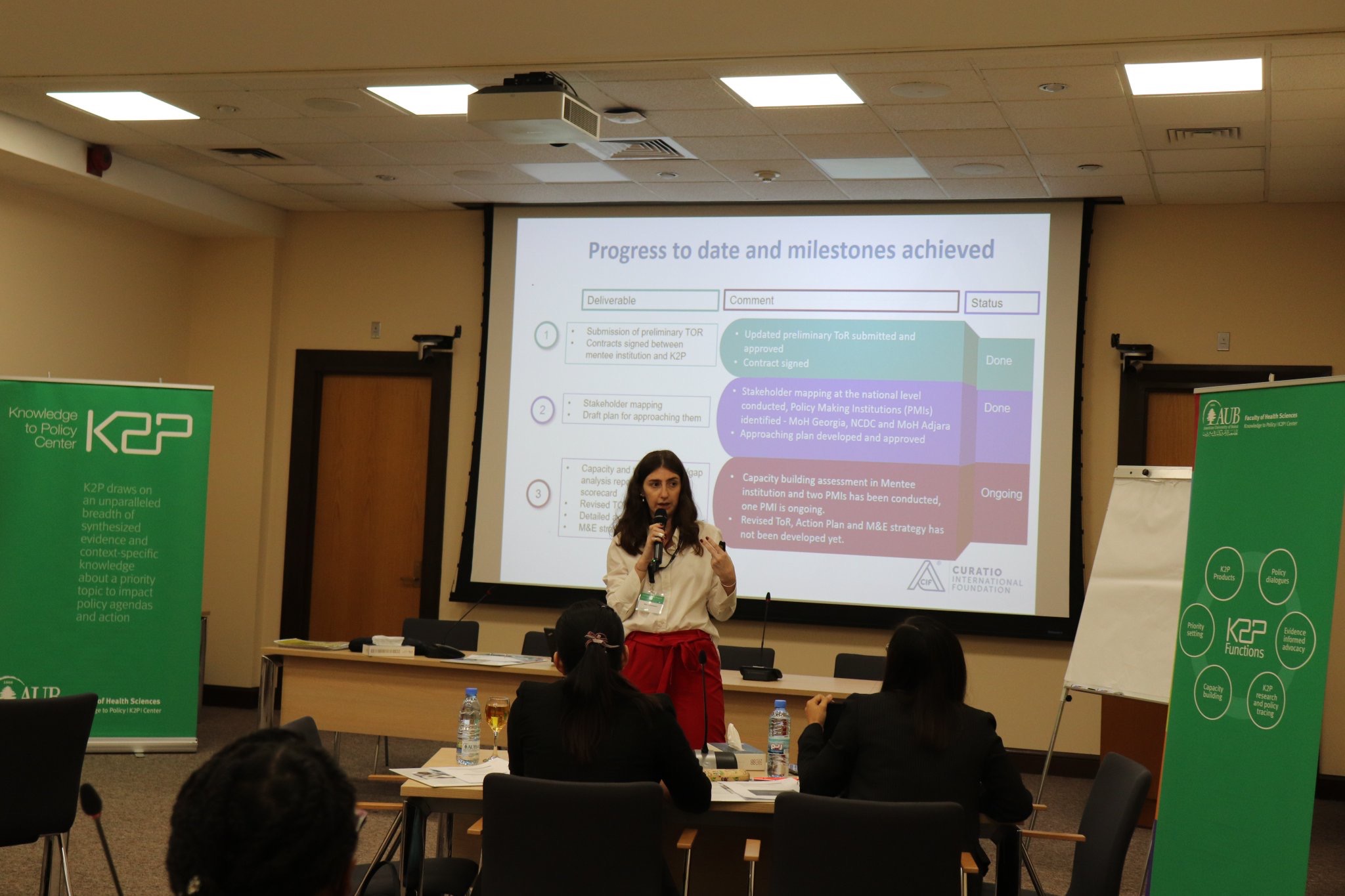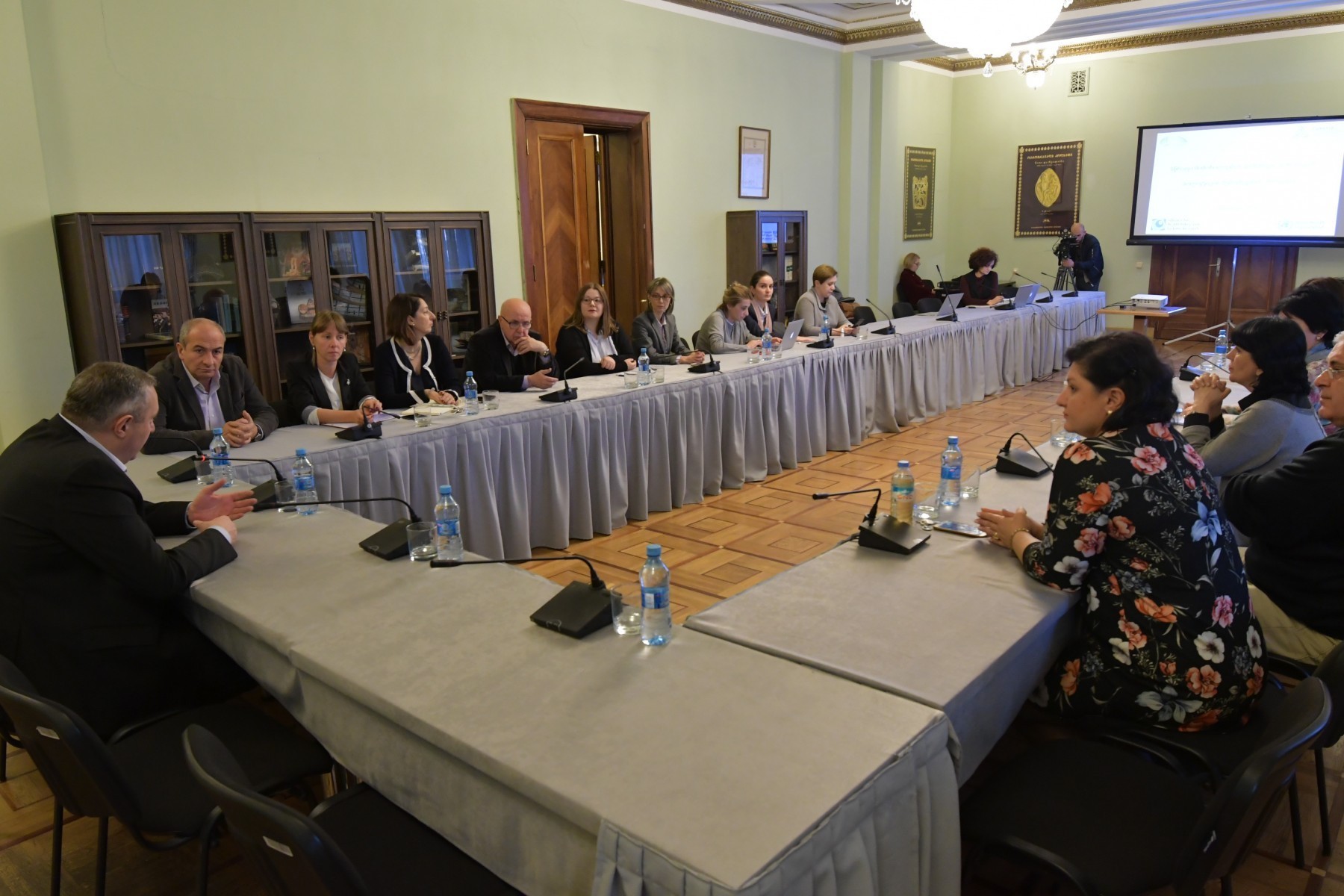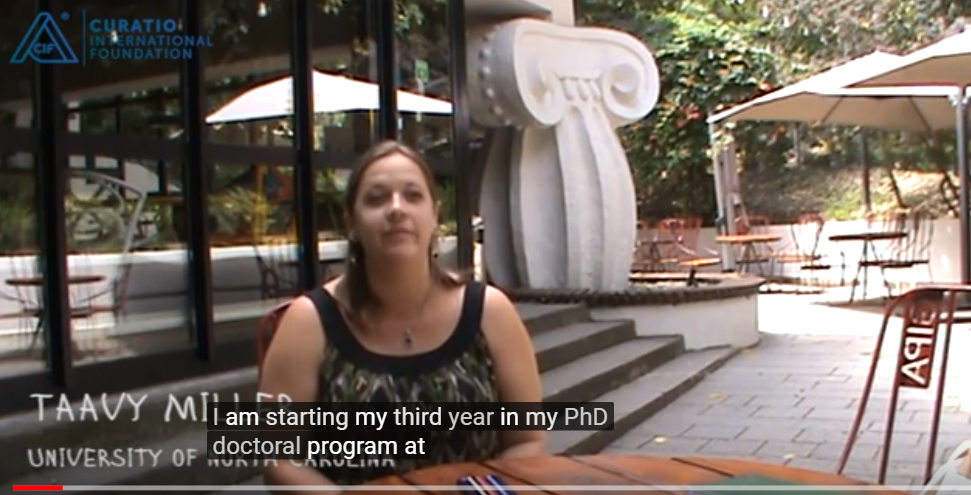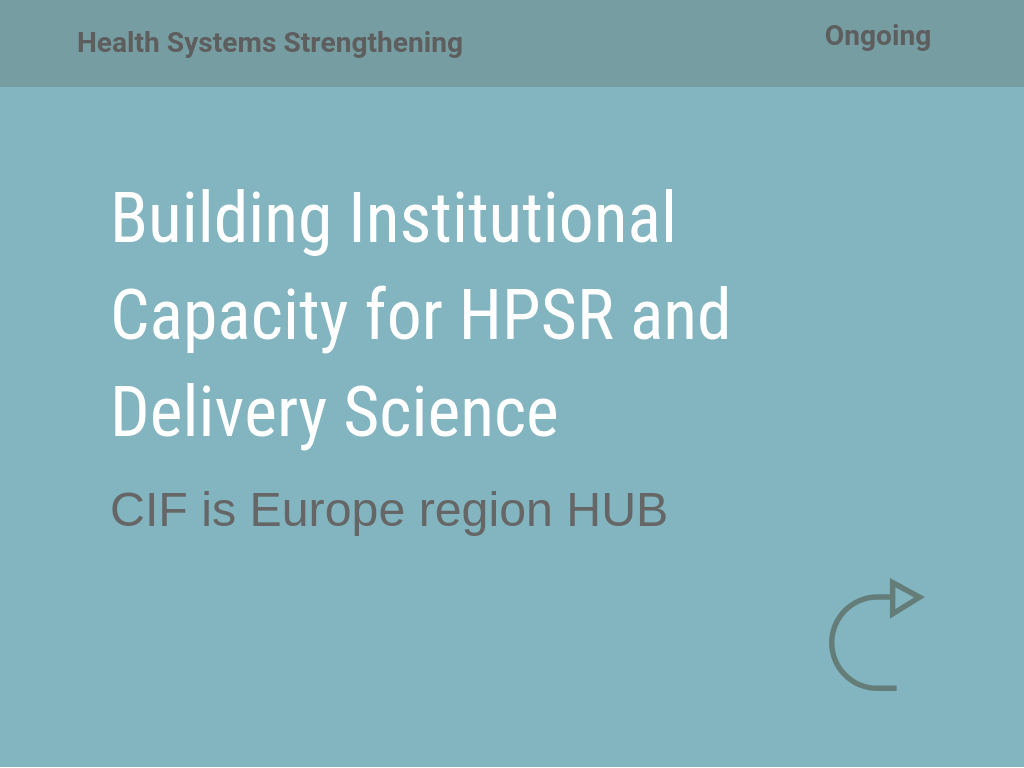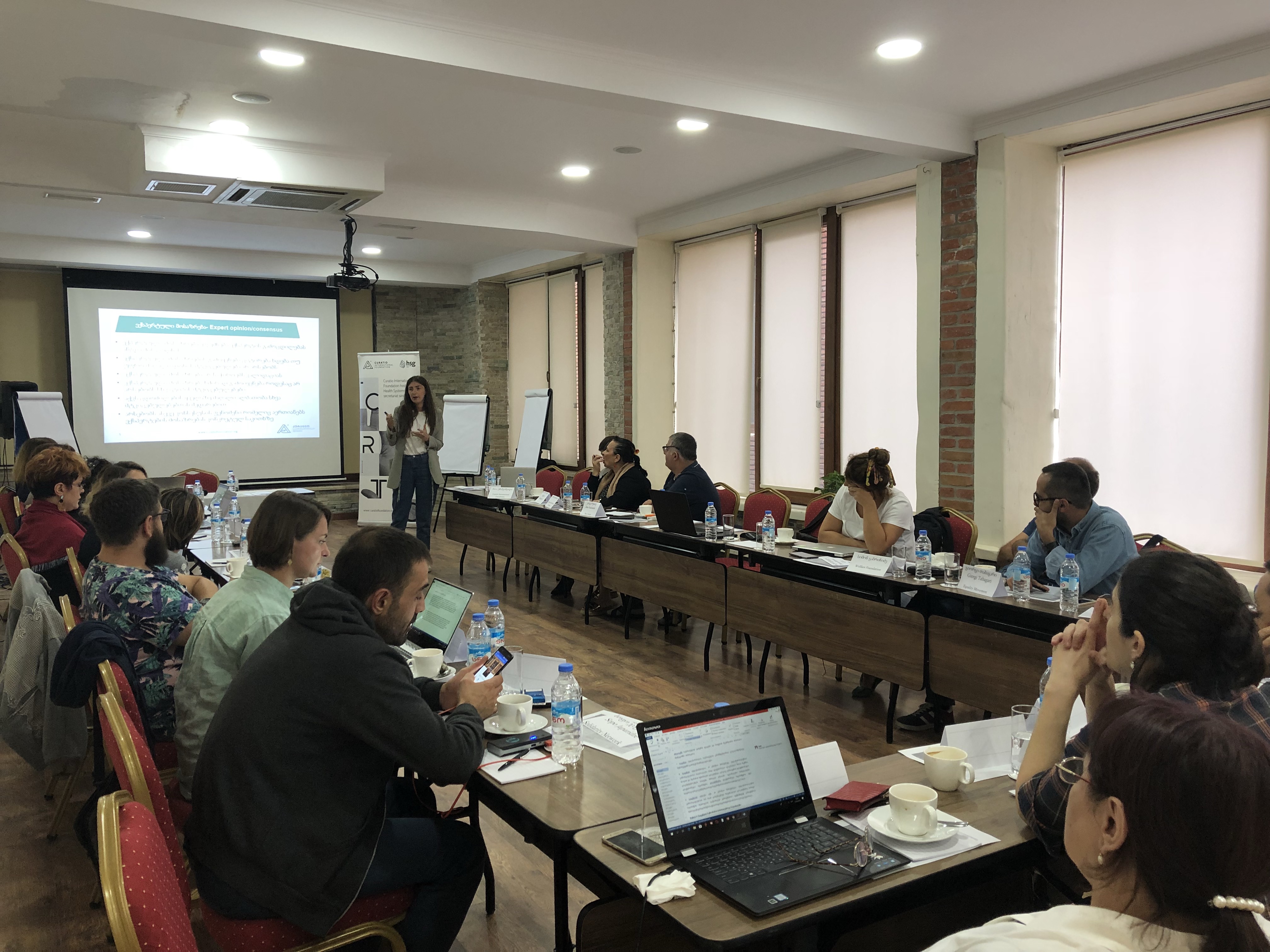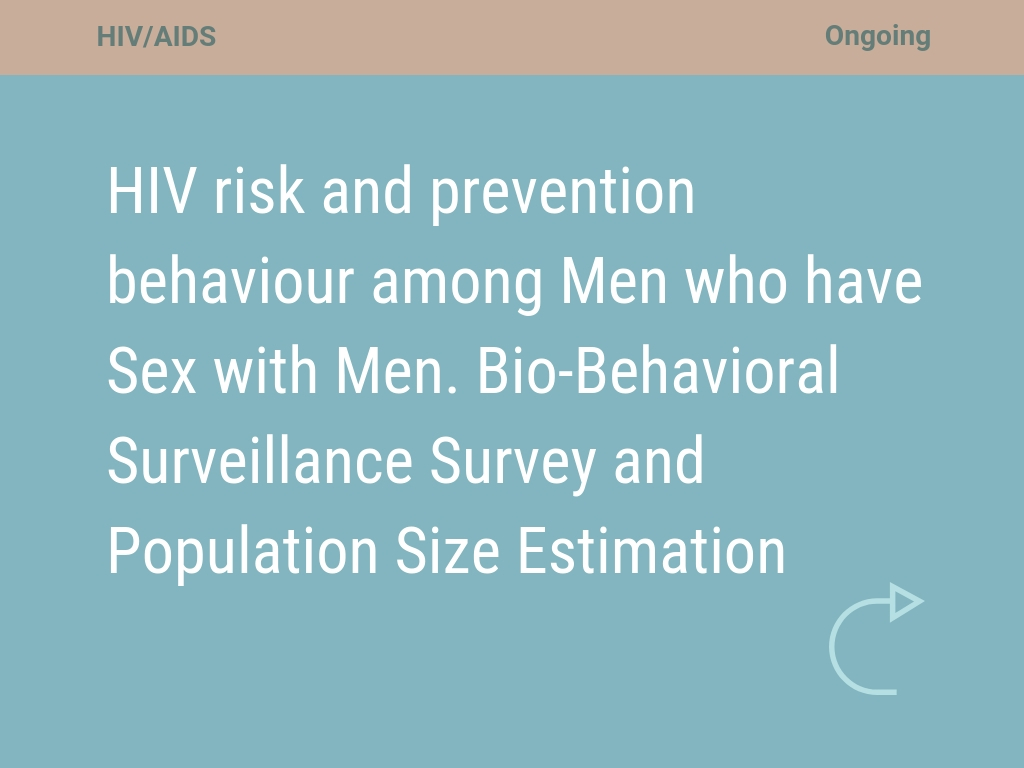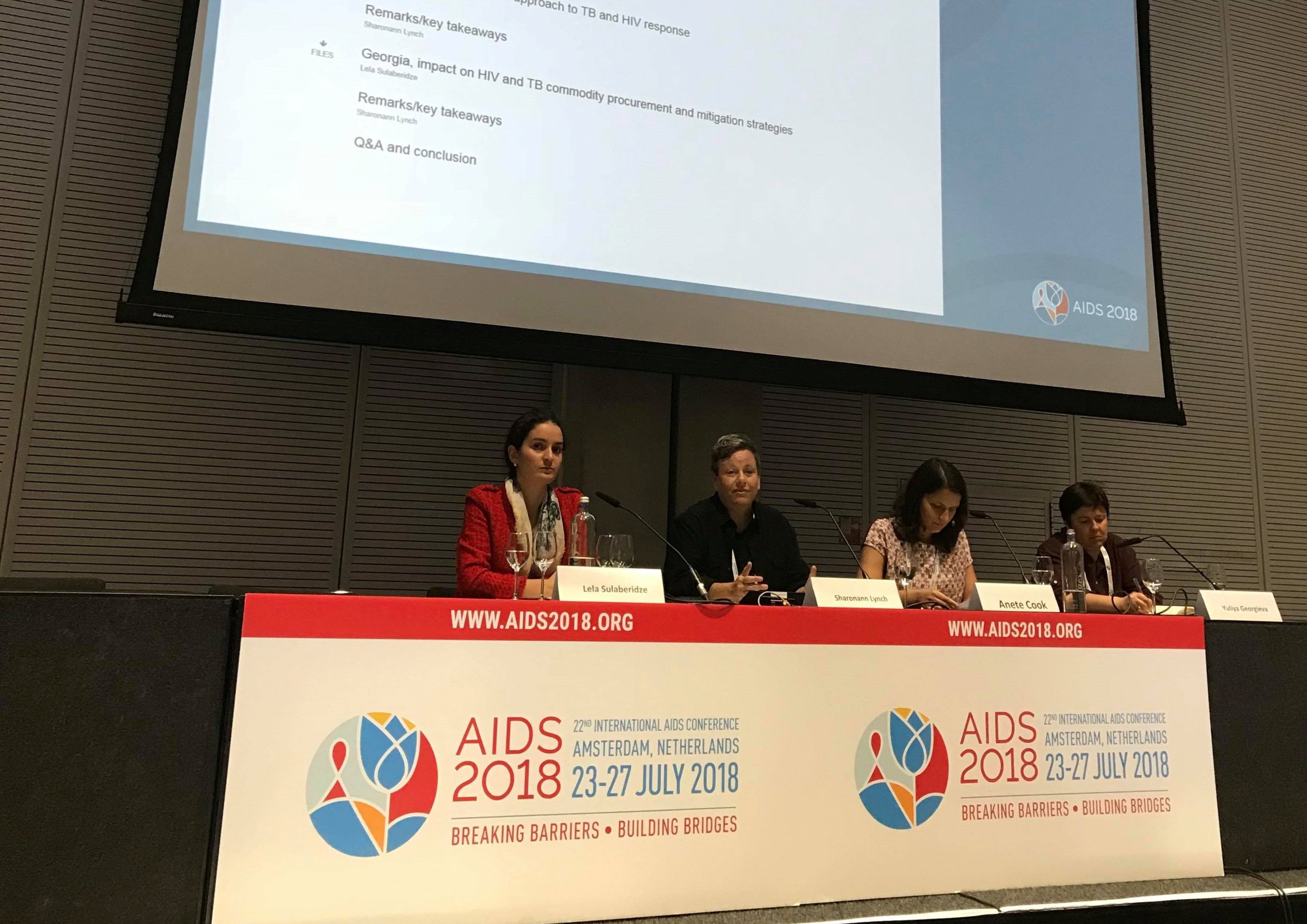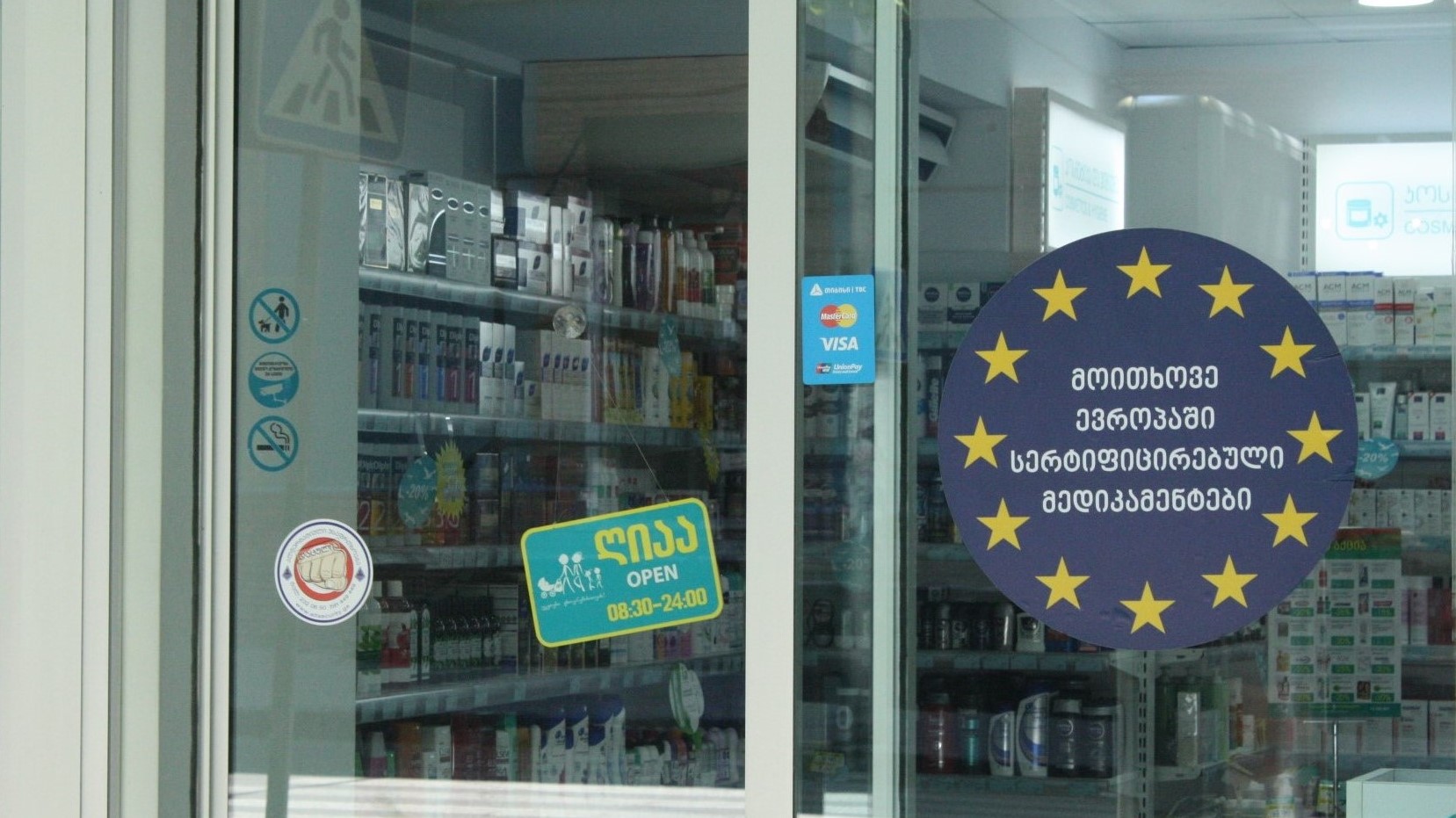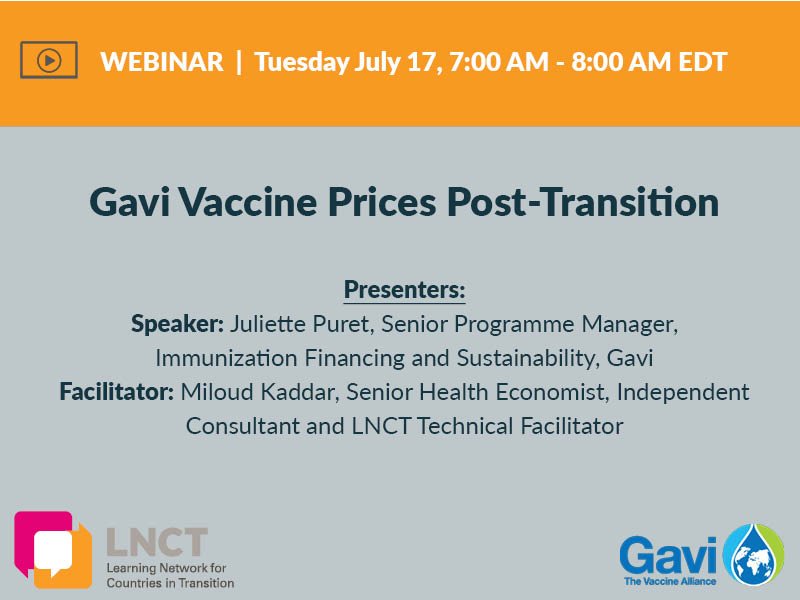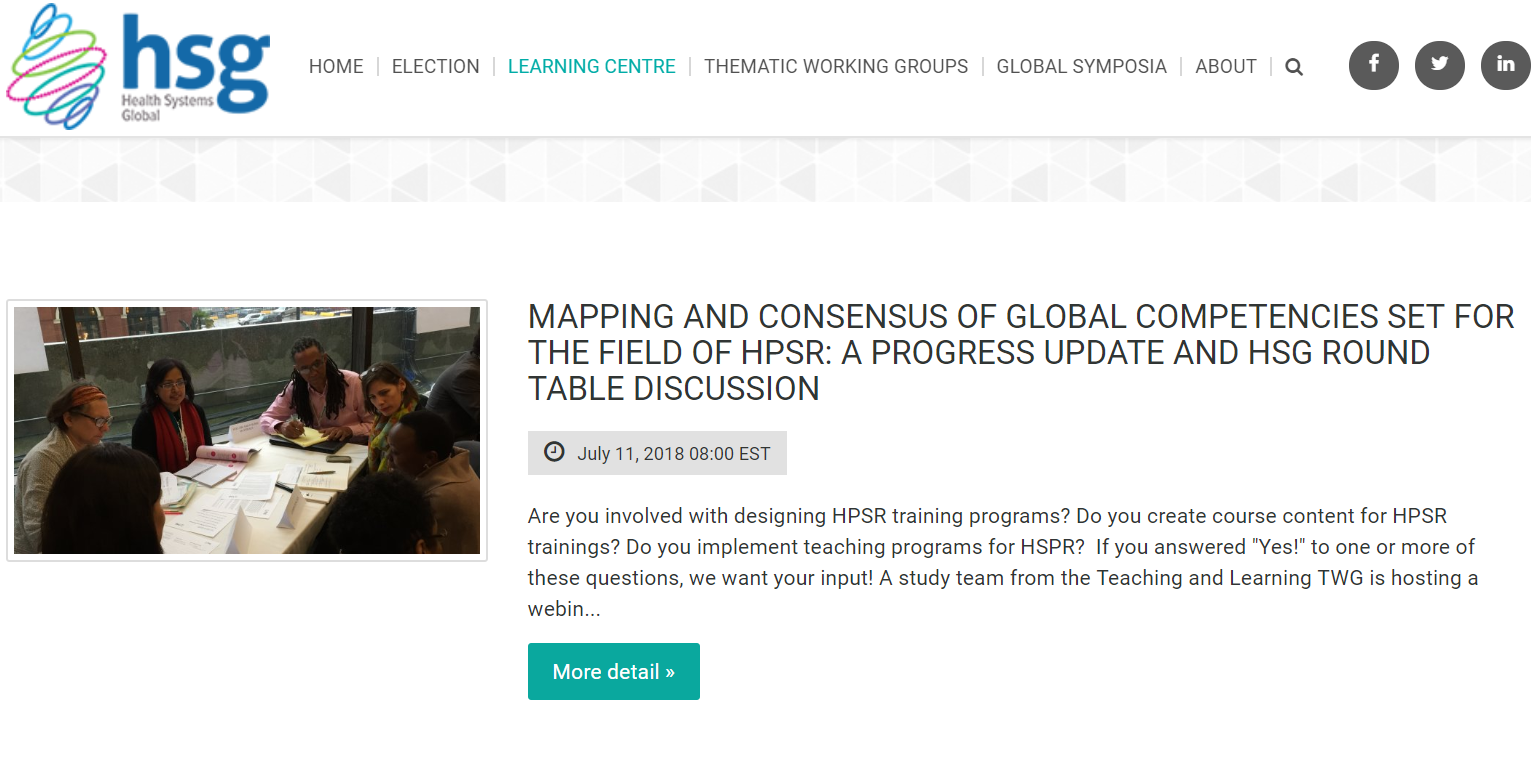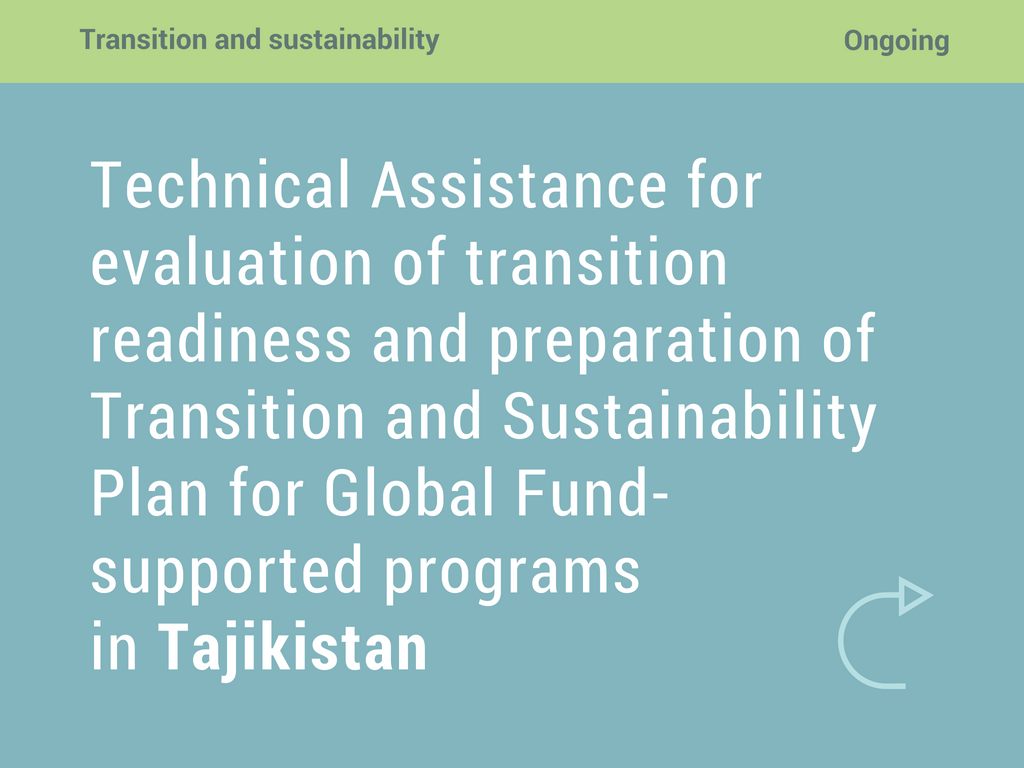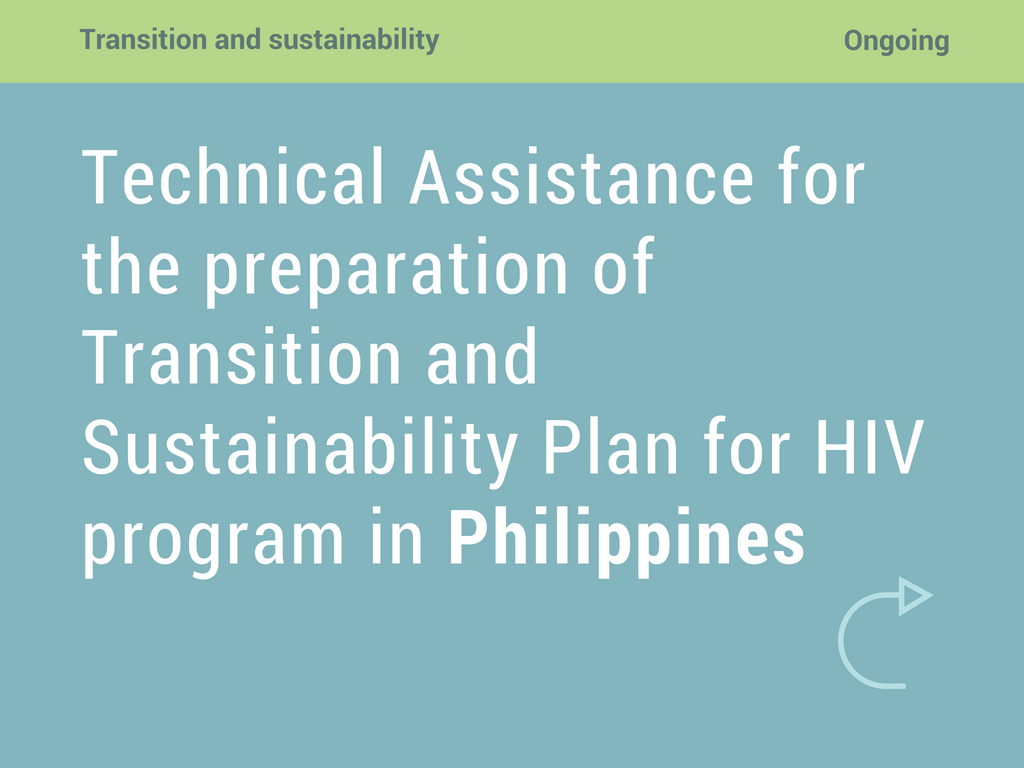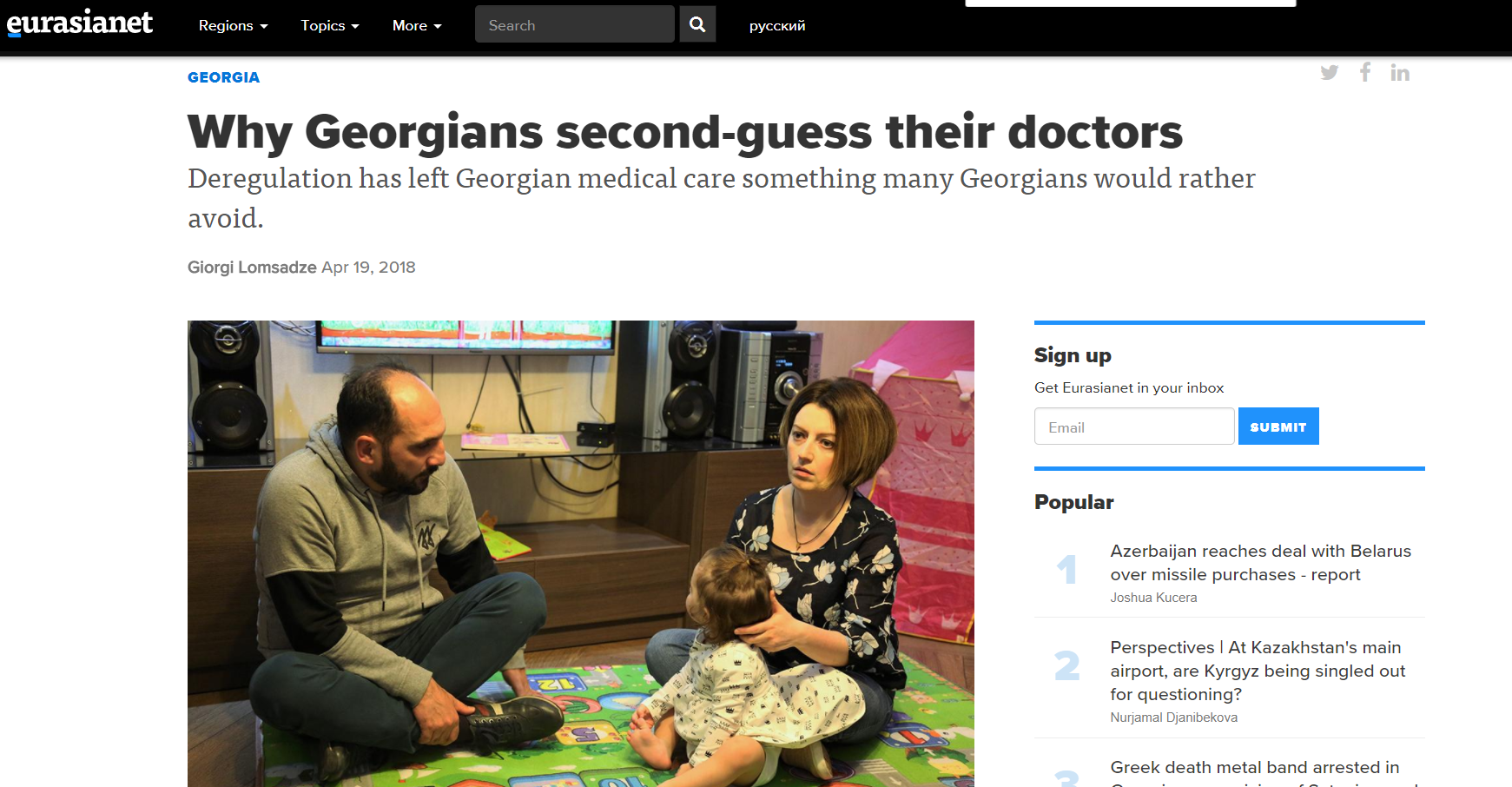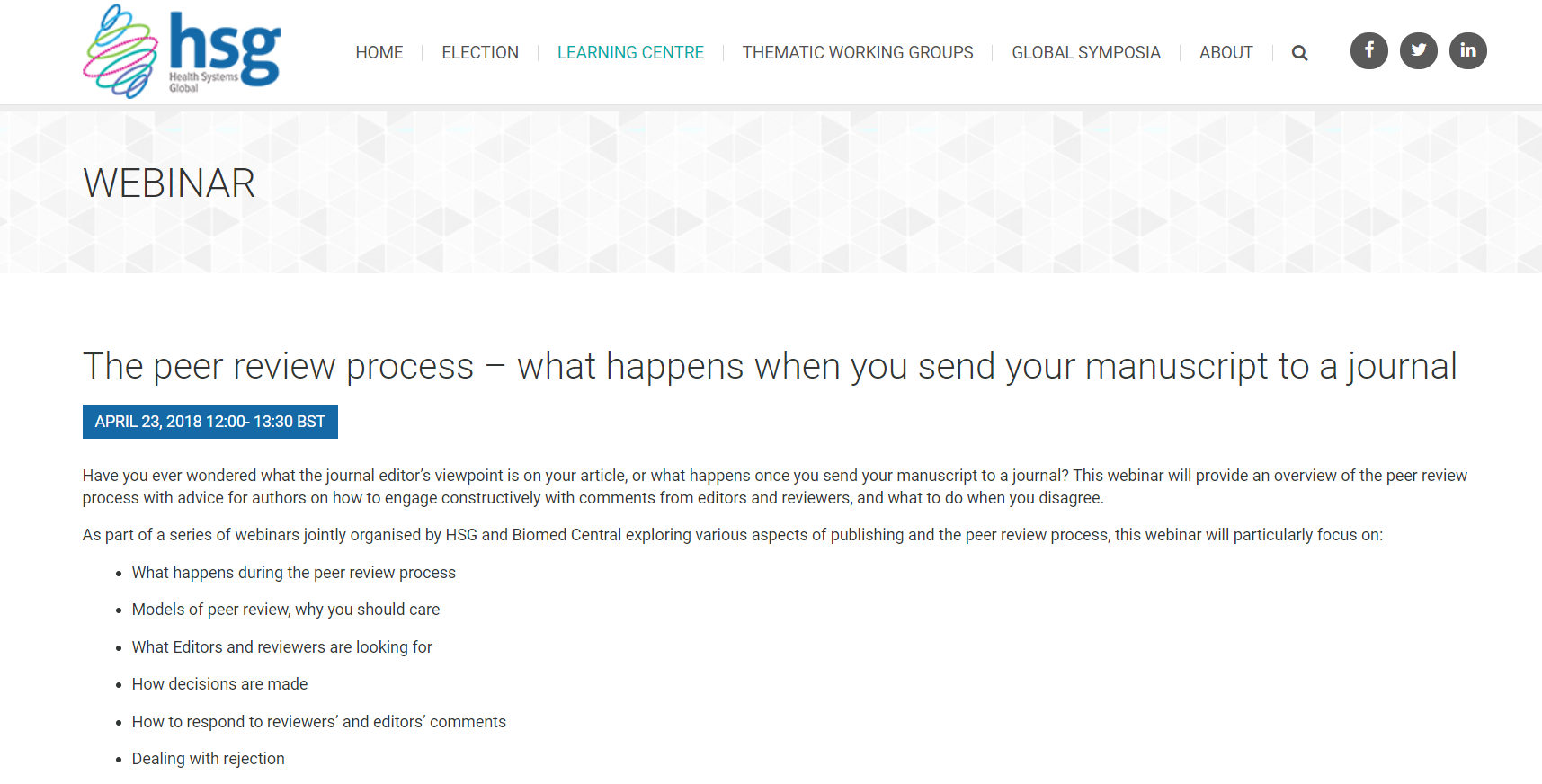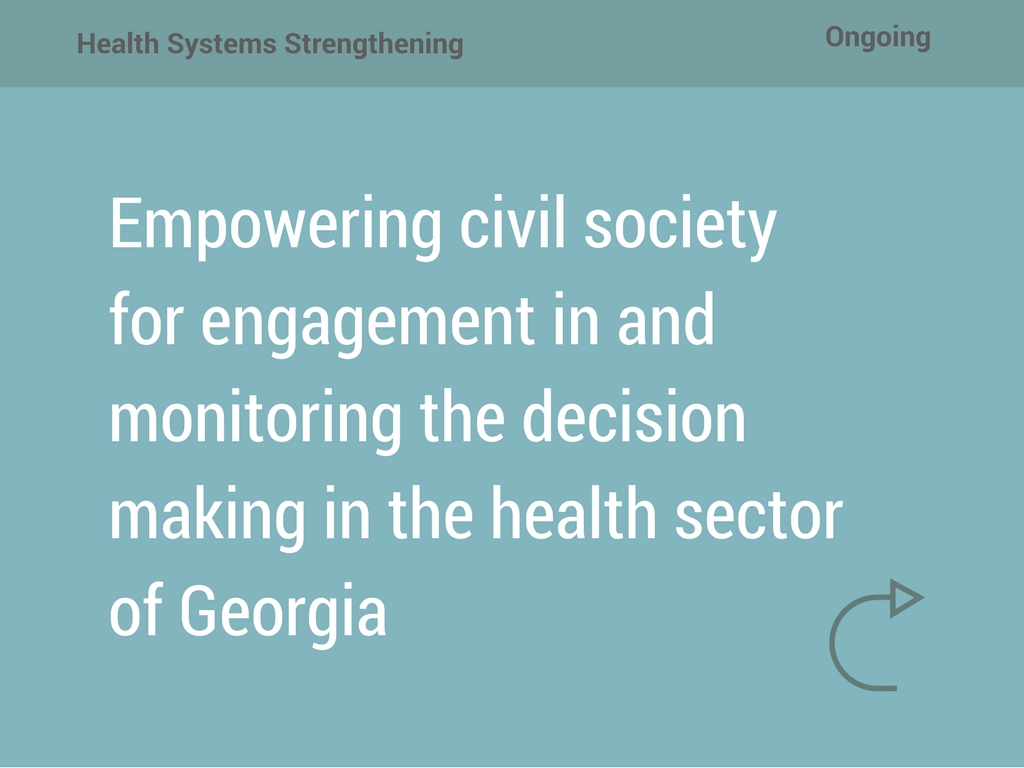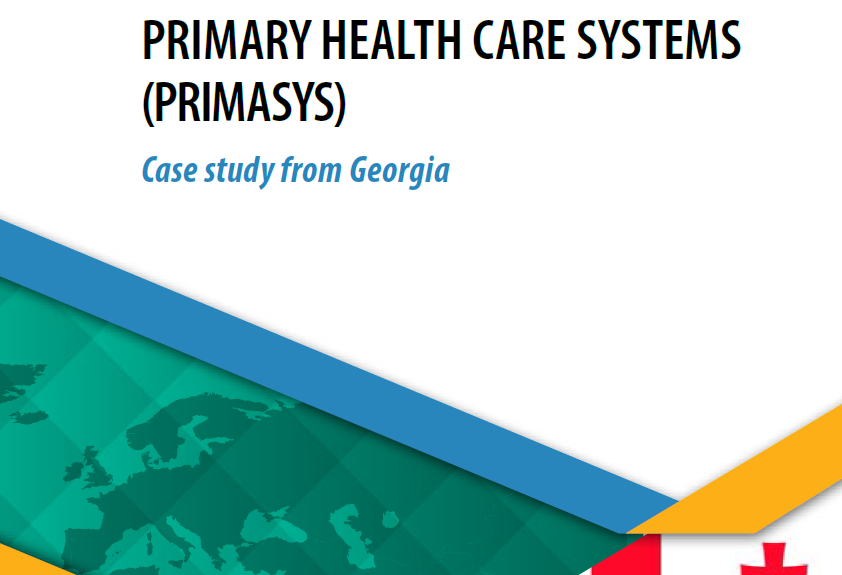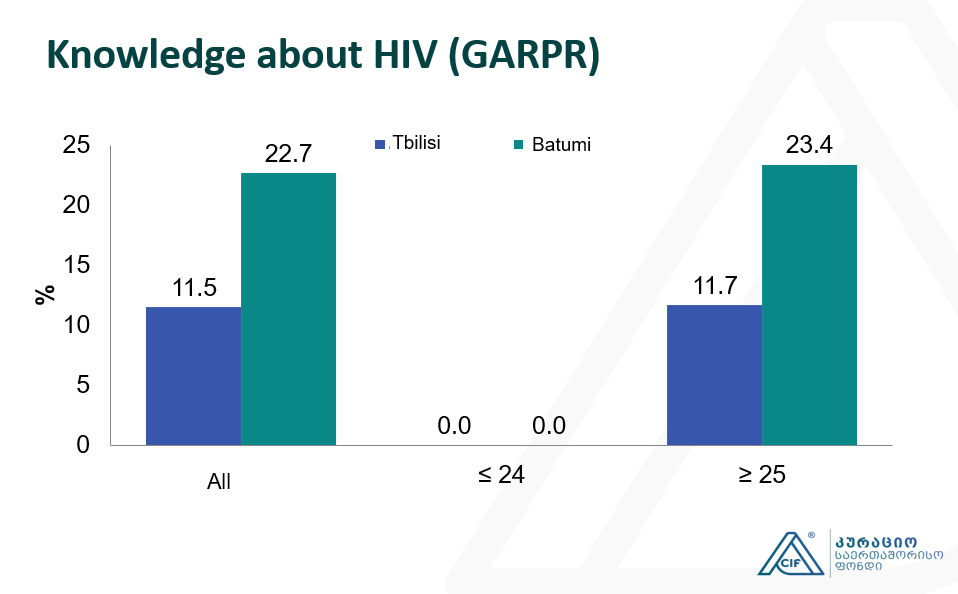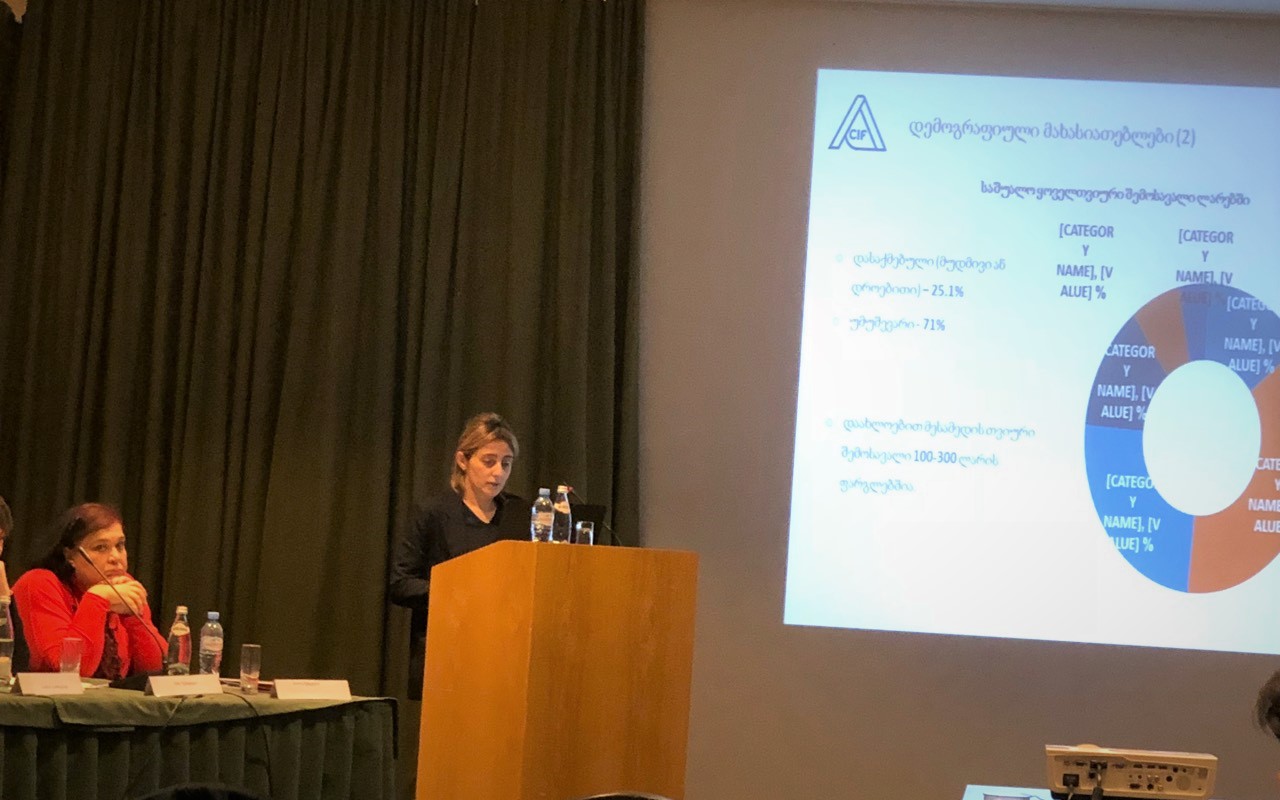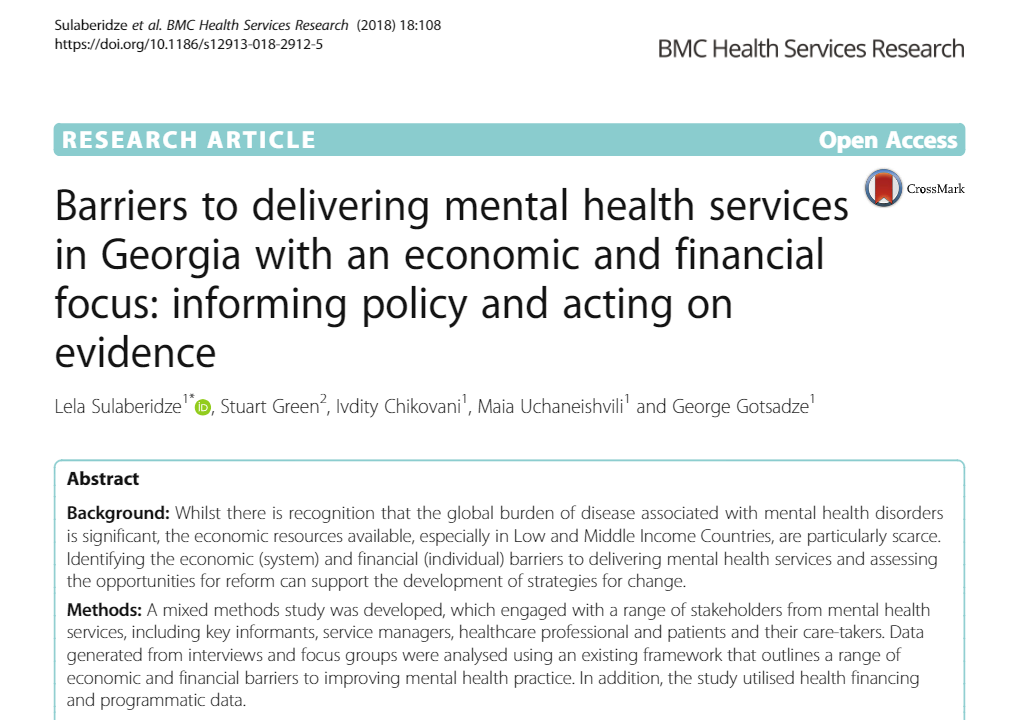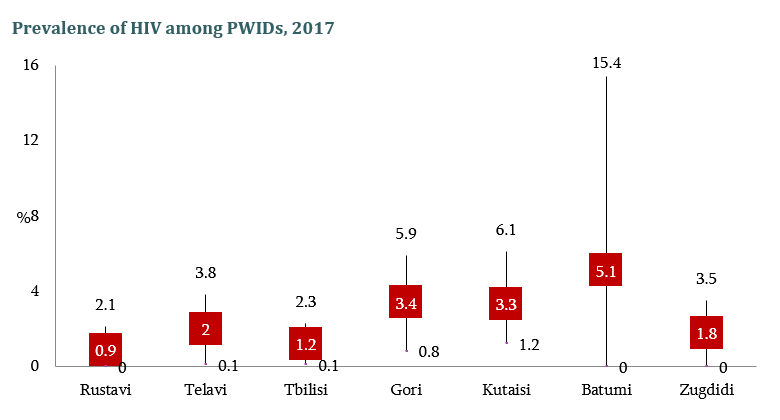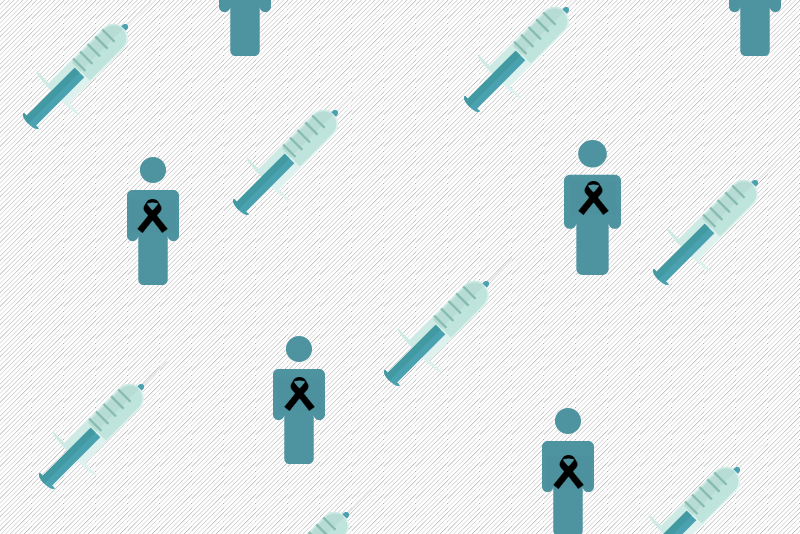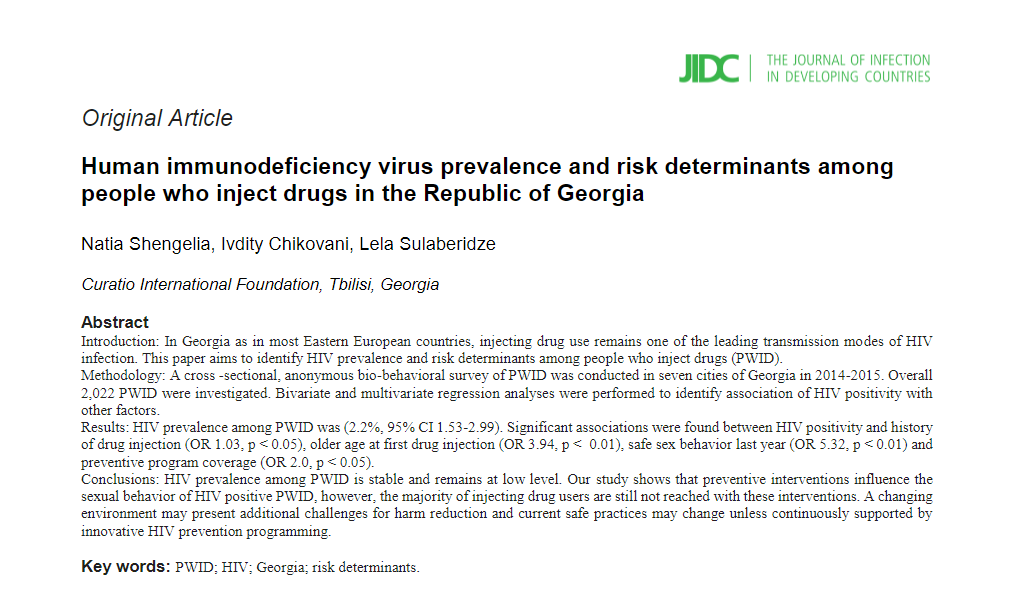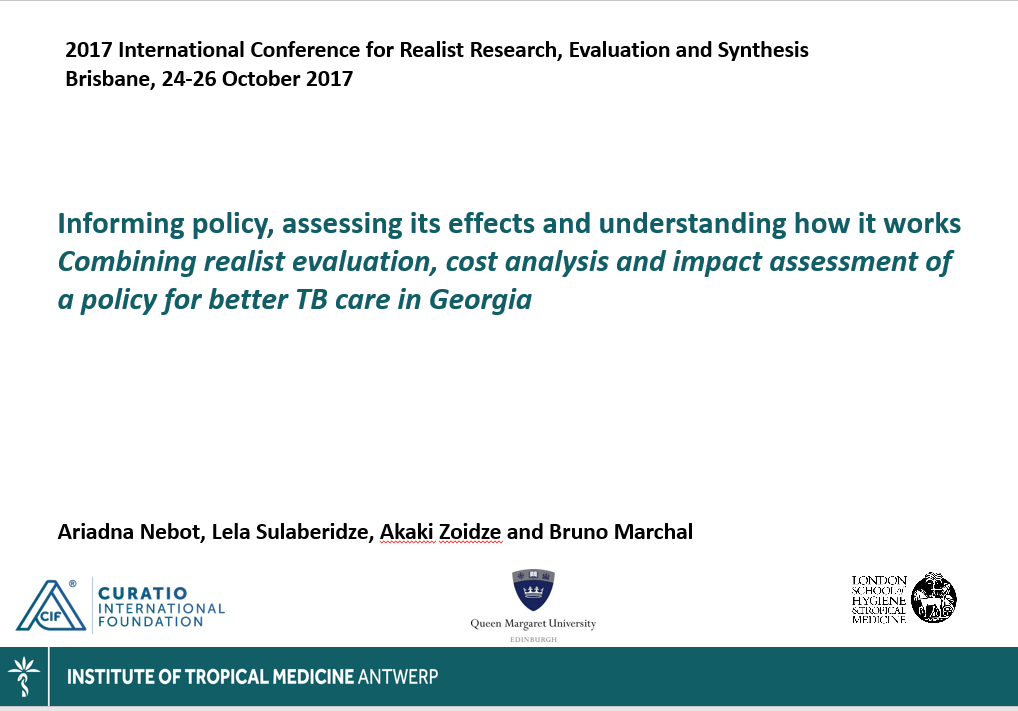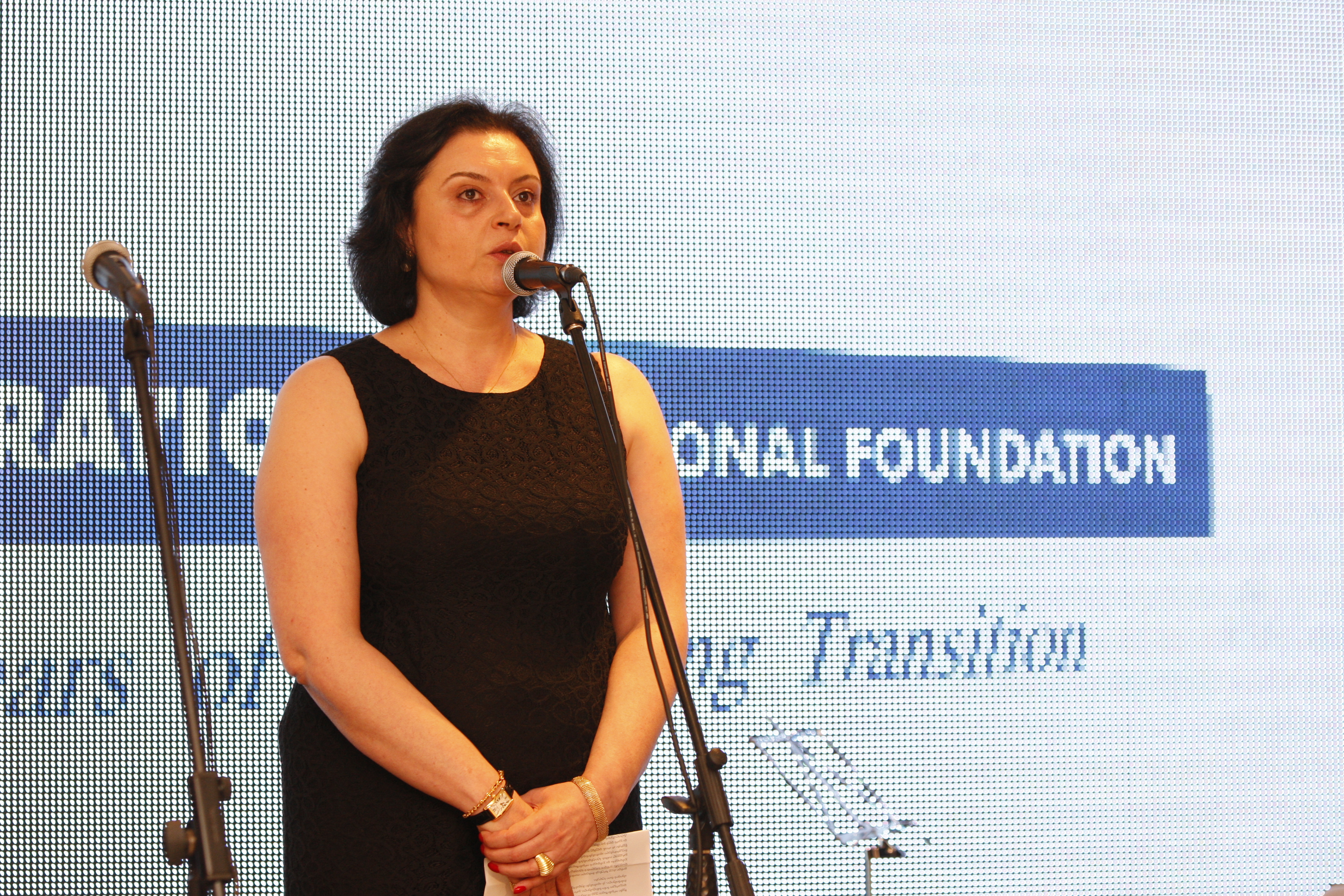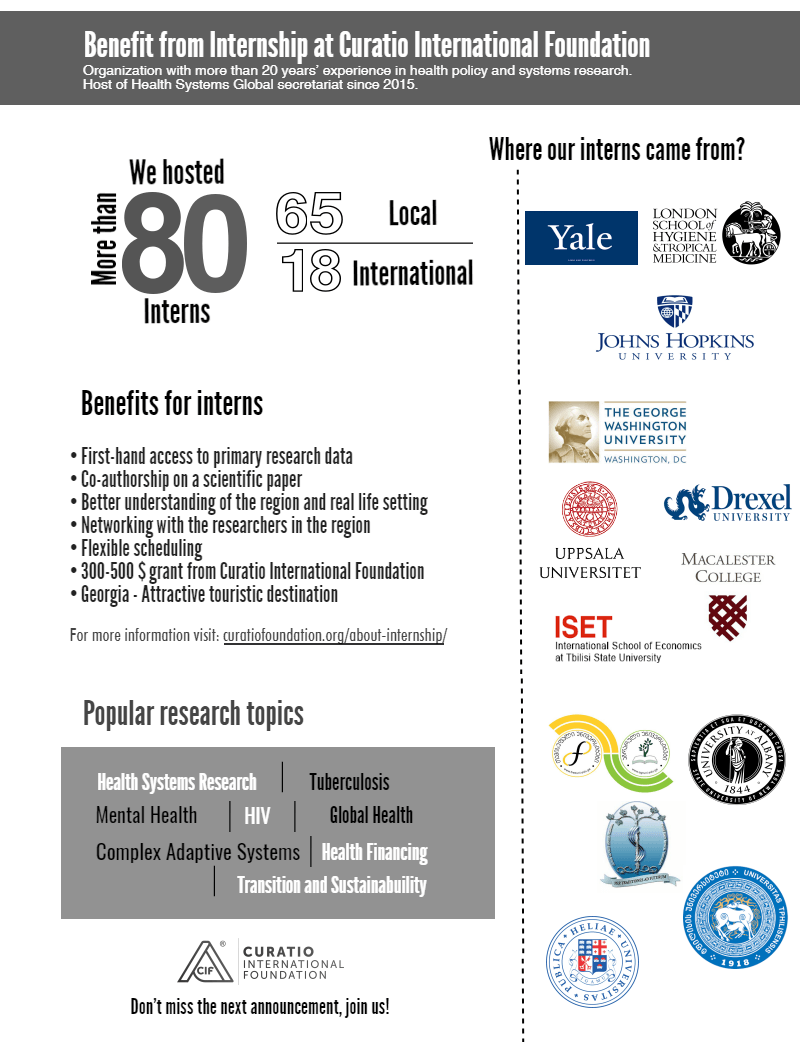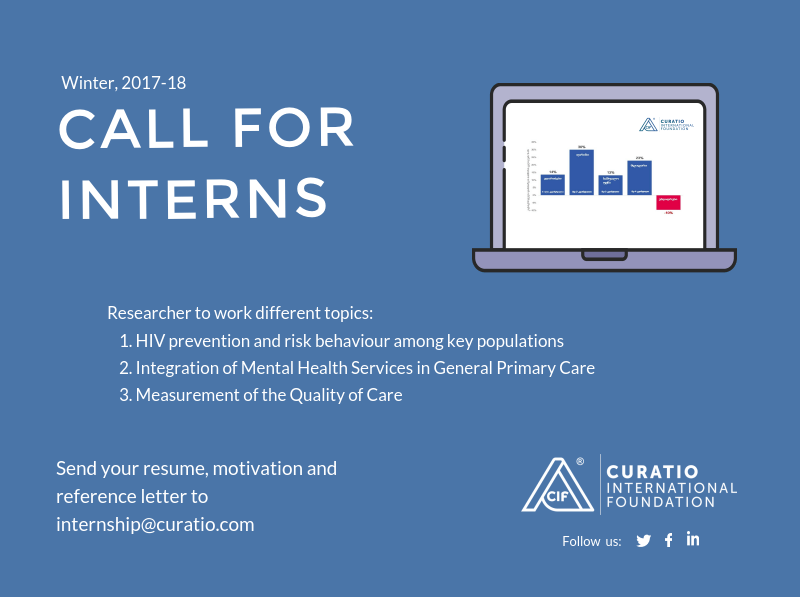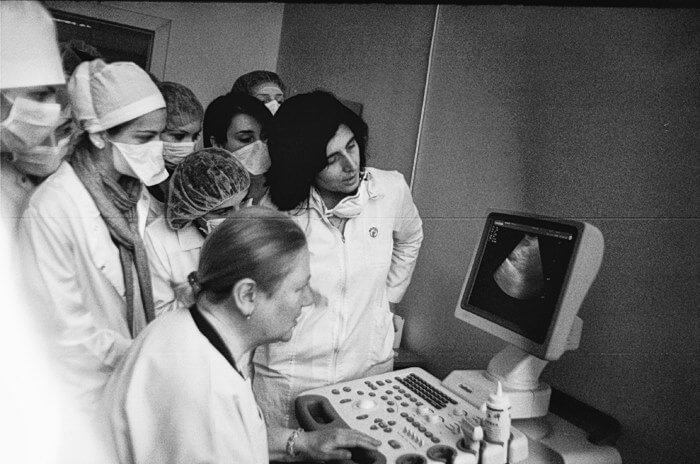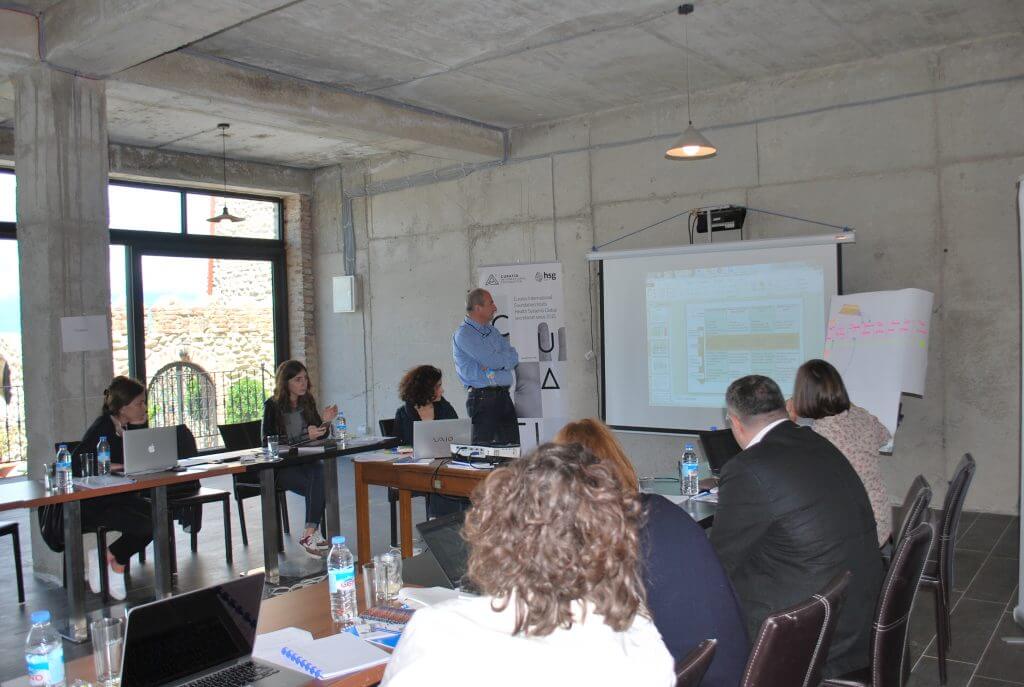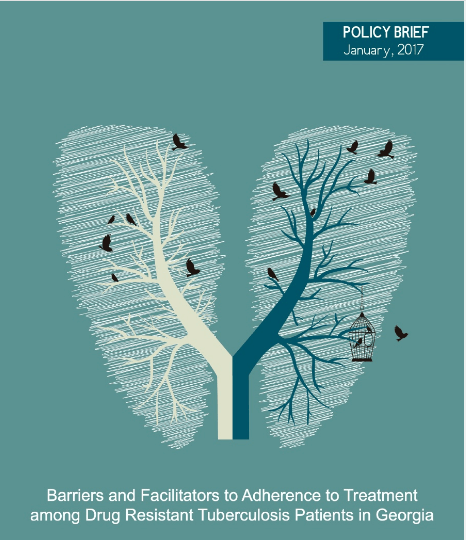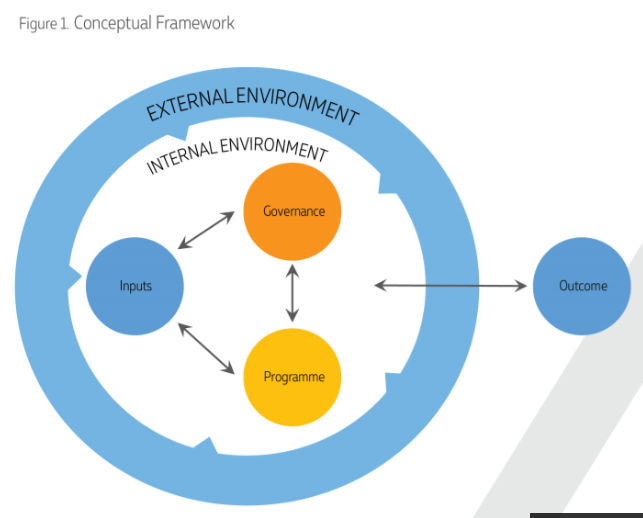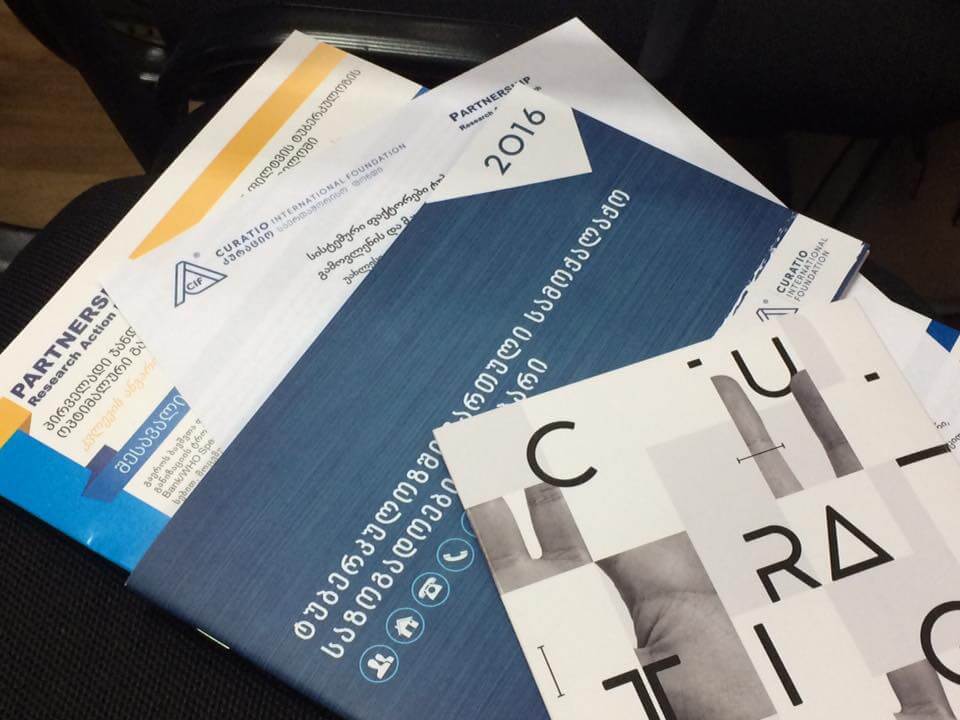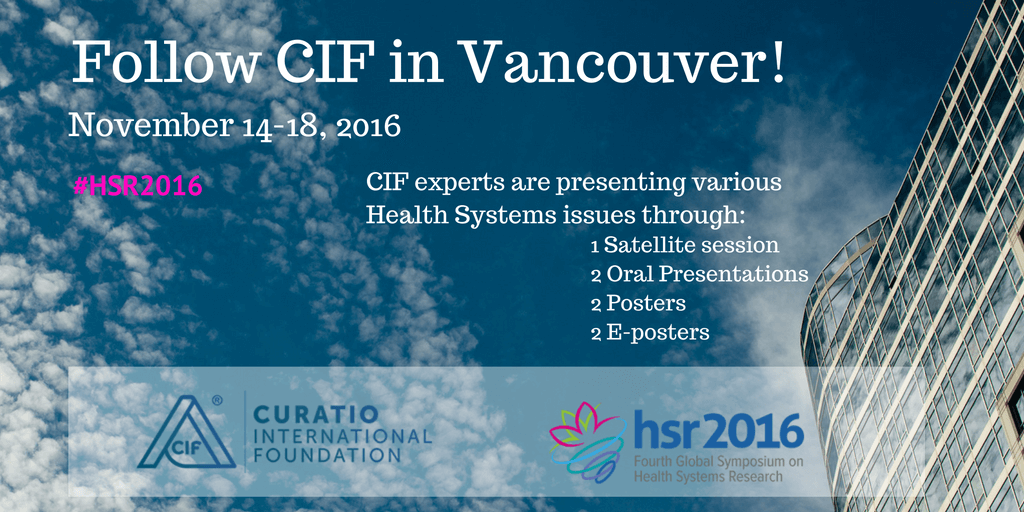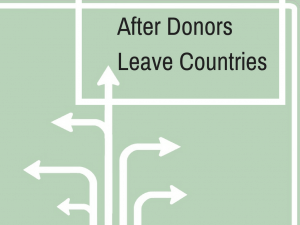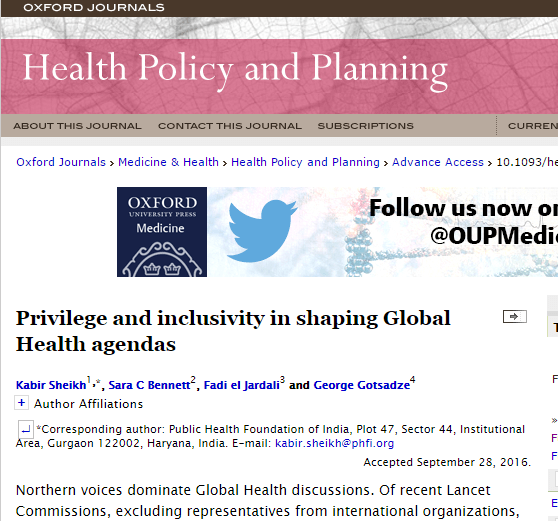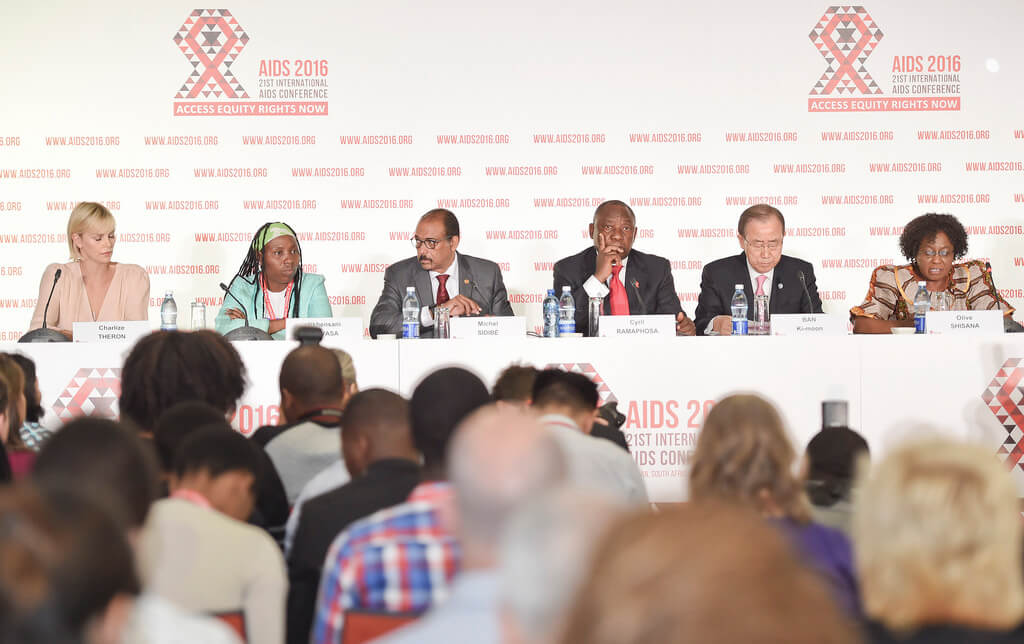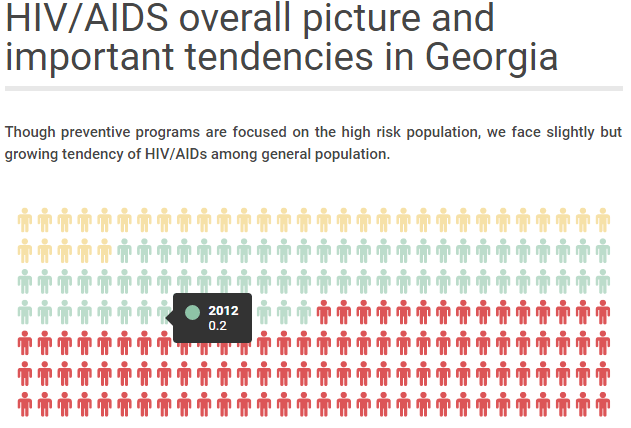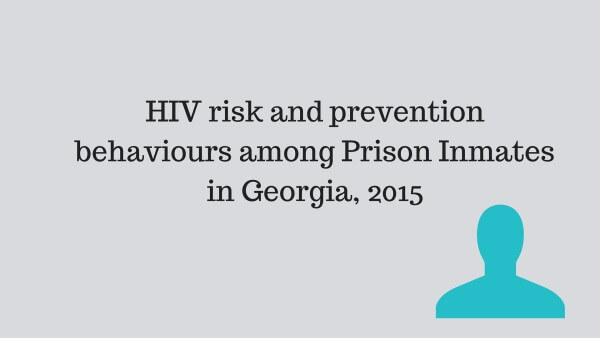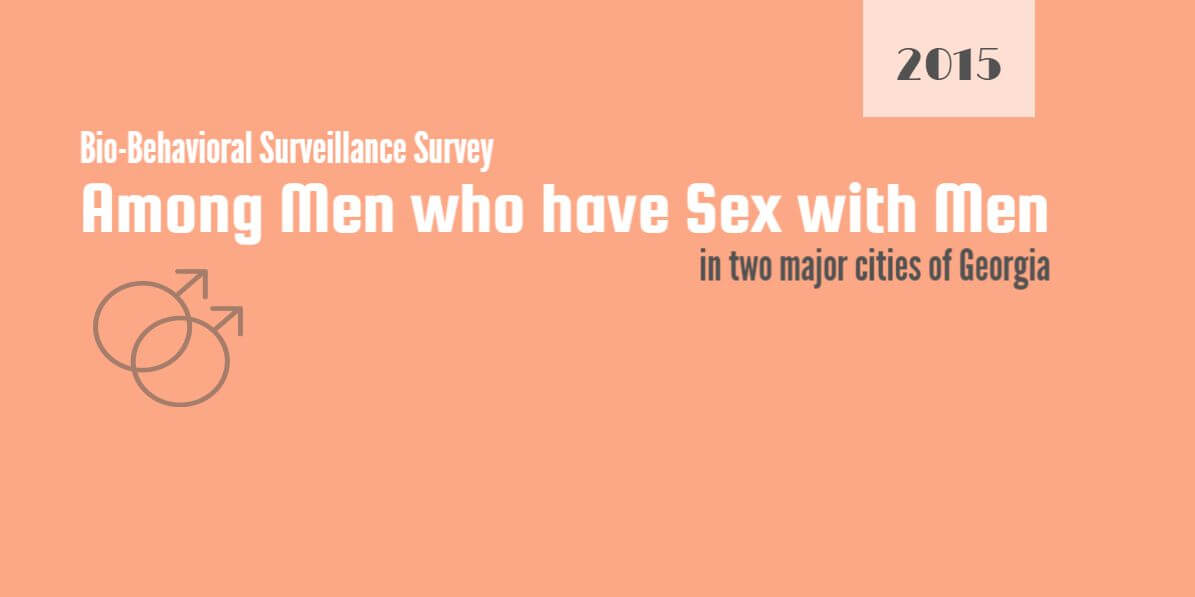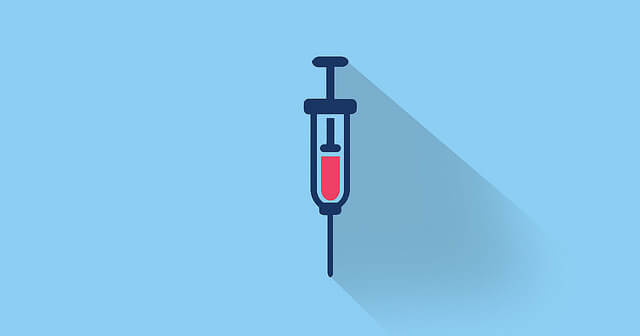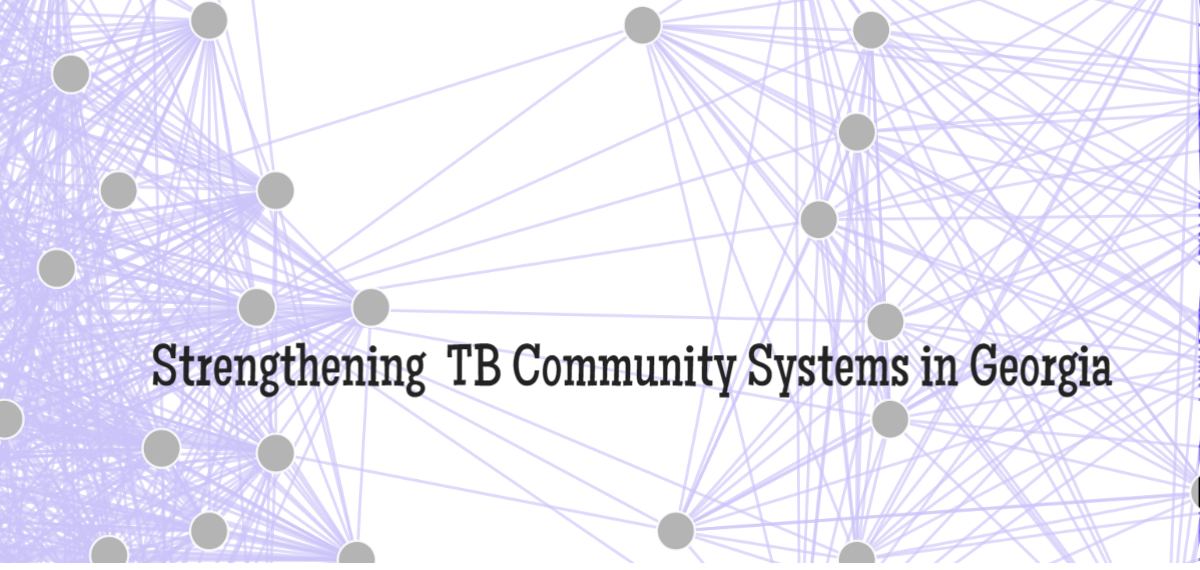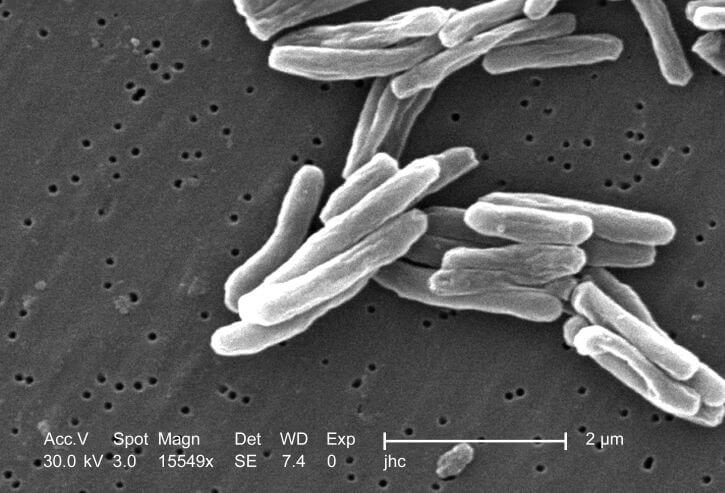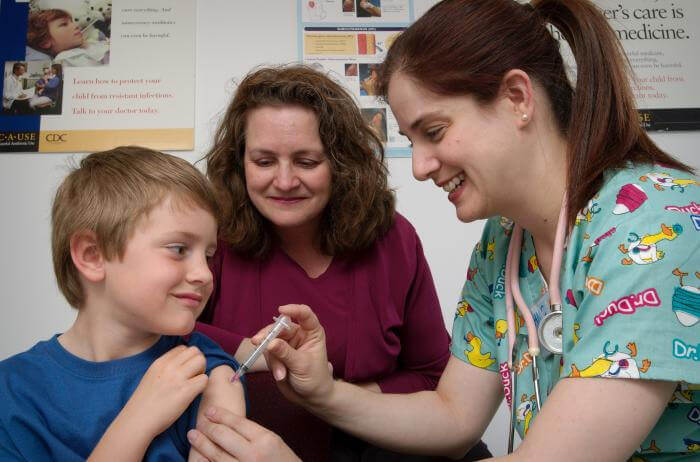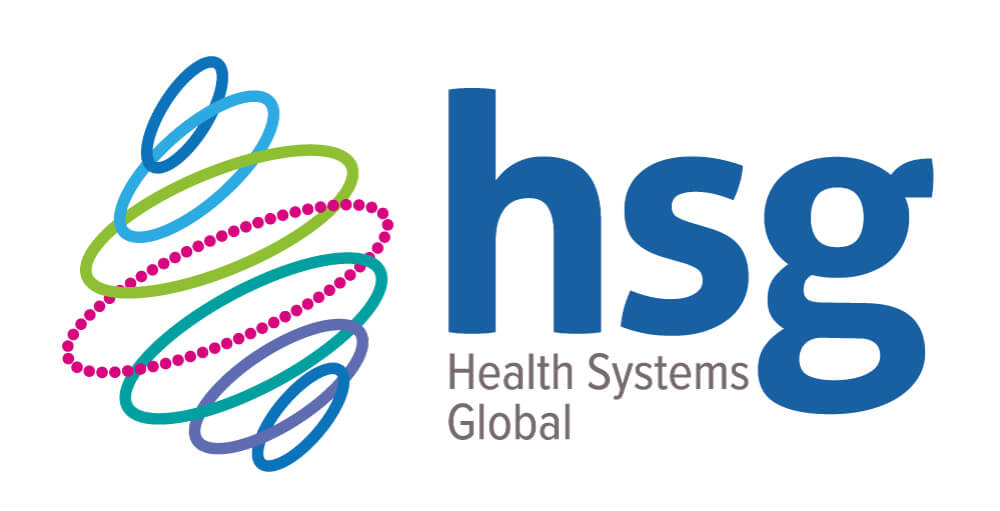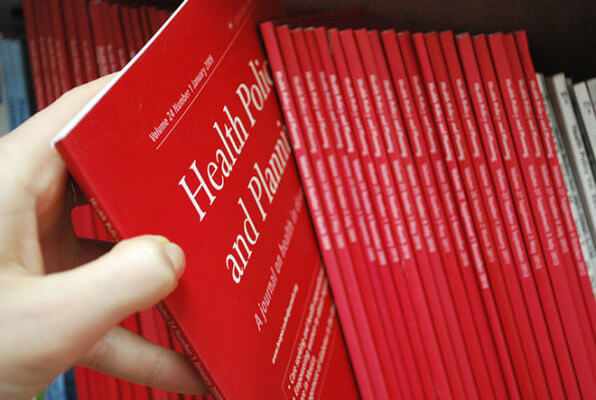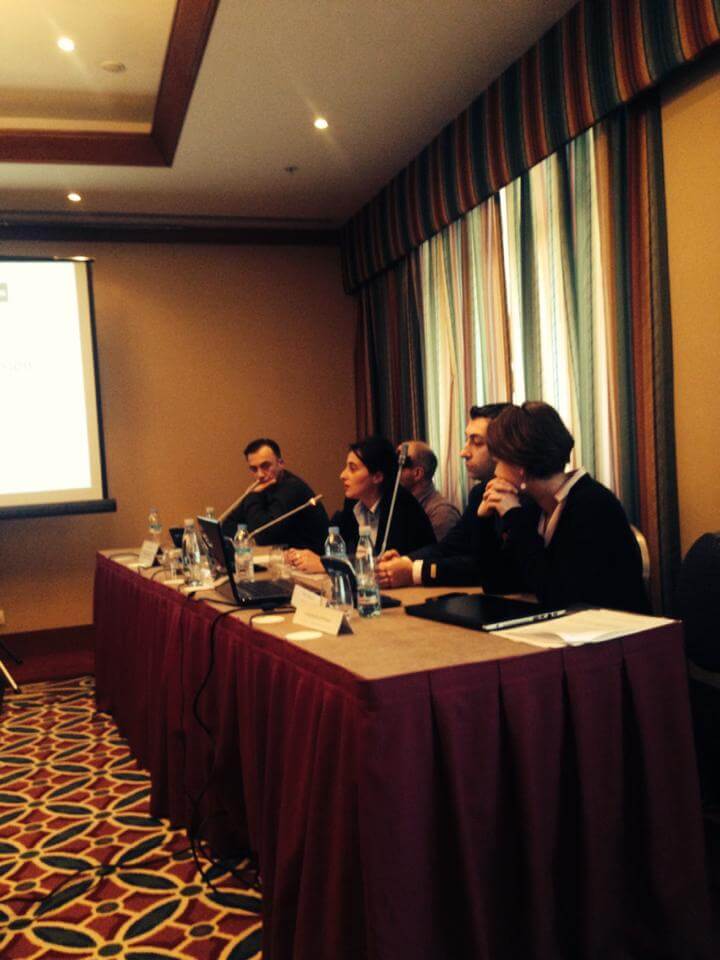DRUG CHECKING: An Essential Response to Emerging Harm Reduction Needs
Georgia has observed increasing trends of use of new psychoactive substances (NPS), as well as increased rates of non-injecting drug use in recreational settings, based on the latest available evidence. Additionally, the circulation of unknown NPS poses significant risks to people who use drugs, due to the highly toxic nature of these substances. In the last years, an increasing number of cases of overdose, health complications, and overdose-related deaths have been reported by media and civil society organizations.
These challenges are paired with the fact, that Harm Reduction (HR) interventions available in-country are primarily directed to injecting drug use practices (needle and syringe program) and HIV prevention, but do not respond to harm reduction needs in line with risks related to developments in the drug market and drug use scene.
Accordingly, these challenges create an emerging need to introduce novel harm reduction interventions, targeted at non-injecting and recreational drug use, including Drug Checking Services (DCS). Nowadays, these services, including DCS, are totally absent or fragmented, in particular, they are provided by only one organization that lacks funding and sustainability, thus has limited capabilities to comprehensively introduce and operate service delivery.
Based on the review of the available evidence, international practice, as well as technical documents on DCS, this policy brief provides descriptive analyses and key conclusions on the rationale behind DCS, their purpose, impact and positive effect, legal regulation, as well as technical aspects of types of dug checking techniques and best practices for their implementation.
The policy document has been prepared jointly by CIF in the frame of the Strategic Policy Fellowship Program authored by Giorgi Soselia, Maia Uchaneishvili, and Temo Khatiashvili. The program is launched as part of the K2P Mentorship Program for Building Institutional Capacity for HPSR and Delivery Science. The project is funded by The Alliance for Health Policy and Systems Research.
Latest News
Integrated Bio-behavioral surveillance and population size estimation survey among Female Sex Workers in Tbilisi and Batumi, Georgia, in 2024
Nowadays, these services, including DCS, are totally absent or fragmented, in particular, they are provided by only one organization that lacks funding and sustainability, thus has limited capabilities to comprehensively introduce and operate service delivery.
Curatio International Foundation at Eighth Global Symposium on Health Systems Research (HSR2024)
Nowadays, these services, including DCS, are totally absent or fragmented, in particular, they are provided by only one organization that lacks funding and sustainability, thus has limited capabilities to comprehensively introduce and operate service delivery.
“The Informatics and Data Science for Public Health: Sustainment Plan for Skilled Labor Force Development”
Nowadays, these services, including DCS, are totally absent or fragmented, in particular, they are provided by only one organization that lacks funding and sustainability, thus has limited capabilities to comprehensively introduce and operate service delivery.
Janina Stauke from the London School of Hygiene and Tropical Medicine shares her internship experience
Nowadays, these services, including DCS, are totally absent or fragmented, in particular, they are provided by only one organization that lacks funding and sustainability, thus has limited capabilities to comprehensively introduce and operate service delivery.
Jolly Mae Catalan fromUniversité Libre de Bruxelles shares her internship experience
Nowadays, these services, including DCS, are totally absent or fragmented, in particular, they are provided by only one organization that lacks funding and sustainability, thus has limited capabilities to comprehensively introduce and operate service delivery.
Georgia’s Journey to Integrating Rehabilitation Services into the Health System: Insights and Lessons
Nowadays, these services, including DCS, are totally absent or fragmented, in particular, they are provided by only one organization that lacks funding and sustainability, thus has limited capabilities to comprehensively introduce and operate service delivery.
Report on Rehabilitation Data Flow in Georgia’s Health Information System
Nowadays, these services, including DCS, are totally absent or fragmented, in particular, they are provided by only one organization that lacks funding and sustainability, thus has limited capabilities to comprehensively introduce and operate service delivery.
Georgia: a primary health care case study in the context of the COVID-19 pandemic
Nowadays, these services, including DCS, are totally absent or fragmented, in particular, they are provided by only one organization that lacks funding and sustainability, thus has limited capabilities to comprehensively introduce and operate service delivery.
Adult vaccination in Asia and the Pacific
Nowadays, these services, including DCS, are totally absent or fragmented, in particular, they are provided by only one organization that lacks funding and sustainability, thus has limited capabilities to comprehensively introduce and operate service delivery.
Assessment of the Quality of Maternal and Neonatal Services in Montenegro
Nowadays, these services, including DCS, are totally absent or fragmented, in particular, they are provided by only one organization that lacks funding and sustainability, thus has limited capabilities to comprehensively introduce and operate service delivery.
Barometer Study: Pharmaceutical Sector in Georgia
Nowadays, these services, including DCS, are totally absent or fragmented, in particular, they are provided by only one organization that lacks funding and sustainability, thus has limited capabilities to comprehensively introduce and operate service delivery.
Georgian state rehabilitation program: implementation research study report
Nowadays, these services, including DCS, are totally absent or fragmented, in particular, they are provided by only one organization that lacks funding and sustainability, thus has limited capabilities to comprehensively introduce and operate service delivery.
NEW Barometer, study focusing on the pharmaceutical sector
Nowadays, these services, including DCS, are totally absent or fragmented, in particular, they are provided by only one organization that lacks funding and sustainability, thus has limited capabilities to comprehensively introduce and operate service delivery.
Strengthening Health Systems for Accessible Rehabilitation Services in Georgia
Nowadays, these services, including DCS, are totally absent or fragmented, in particular, they are provided by only one organization that lacks funding and sustainability, thus has limited capabilities to comprehensively introduce and operate service delivery.
Linked’s workshop on HPV vaccine introduction and scale up, held on July 11-12th, 2023
Nowadays, these services, including DCS, are totally absent or fragmented, in particular, they are provided by only one organization that lacks funding and sustainability, thus has limited capabilities to comprehensively introduce and operate service delivery.
Training program focusing on interdisciplinary evaluation of rehabilitation interventions and patient outcomes
Nowadays, these services, including DCS, are totally absent or fragmented, in particular, they are provided by only one organization that lacks funding and sustainability, thus has limited capabilities to comprehensively introduce and operate service delivery.
Unlocking Success Through Learning: Workshop on Strengthening HR Capacity and Performance Management in Immunization
Nowadays, these services, including DCS, are totally absent or fragmented, in particular, they are provided by only one organization that lacks funding and sustainability, thus has limited capabilities to comprehensively introduce and operate service delivery.
Promote evidence-based policies in the pharmaceutical sector by generating evidence and fostering civic engagement
Nowadays, these services, including DCS, are totally absent or fragmented, in particular, they are provided by only one organization that lacks funding and sustainability, thus has limited capabilities to comprehensively introduce and operate service delivery.
CIF and the Results for Development / Accelerator combined their expertise to co-author an insightful blog, shedding light on Georgia’s commendable efforts to overcome limited data challenges and develop evidence-based policies for financing rehabilitation services
Nowadays, these services, including DCS, are totally absent or fragmented, in particular, they are provided by only one organization that lacks funding and sustainability, thus has limited capabilities to comprehensively introduce and operate service delivery.
Culminating event – Building Institutional Capacity for Health Policy and Systems Research and Delivery science (BIRD) in six WHO Regions
Nowadays, these services, including DCS, are totally absent or fragmented, in particular, they are provided by only one organization that lacks funding and sustainability, thus has limited capabilities to comprehensively introduce and operate service delivery.
Report on Phased (Stepwise) Plan for the Capability Development of the Priority Rehabilitation Services
Nowadays, these services, including DCS, are totally absent or fragmented, in particular, they are provided by only one organization that lacks funding and sustainability, thus has limited capabilities to comprehensively introduce and operate service delivery.
Report on prioritization of rehabilitation services in Georgia
Nowadays, these services, including DCS, are totally absent or fragmented, in particular, they are provided by only one organization that lacks funding and sustainability, thus has limited capabilities to comprehensively introduce and operate service delivery.
Report on Rehabilitation Service Costing and Budgeting
Nowadays, these services, including DCS, are totally absent or fragmented, in particular, they are provided by only one organization that lacks funding and sustainability, thus has limited capabilities to comprehensively introduce and operate service delivery.
Mental health of young people during the COVID-19 pandemic
Nowadays, these services, including DCS, are totally absent or fragmented, in particular, they are provided by only one organization that lacks funding and sustainability, thus has limited capabilities to comprehensively introduce and operate service delivery.
Promote evidence-based policies in the pharmaceutical sector by generating evidence
Nowadays, these services, including DCS, are totally absent or fragmented, in particular, they are provided by only one organization that lacks funding and sustainability, thus has limited capabilities to comprehensively introduce and operate service delivery.
Mandatory Vaccination and Green Passes – Review of International Experience
Nowadays, these services, including DCS, are totally absent or fragmented, in particular, they are provided by only one organization that lacks funding and sustainability, thus has limited capabilities to comprehensively introduce and operate service delivery.
Sustaining Public Health Gains after Donor Transition: What can we learn about Georgia?
Nowadays, these services, including DCS, are totally absent or fragmented, in particular, they are provided by only one organization that lacks funding and sustainability, thus has limited capabilities to comprehensively introduce and operate service delivery.
Curatio International Foundation at Seventh Global Symposium on Health Systems Research (HSR2022)
Nowadays, these services, including DCS, are totally absent or fragmented, in particular, they are provided by only one organization that lacks funding and sustainability, thus has limited capabilities to comprehensively introduce and operate service delivery.
Curatio International Foundation at Global Symposium on Health Systems Research
Nowadays, these services, including DCS, are totally absent or fragmented, in particular, they are provided by only one organization that lacks funding and sustainability, thus has limited capabilities to comprehensively introduce and operate service delivery.
EECA HIV Sustainability Summit 2022 in Tbilisi
Nowadays, these services, including DCS, are totally absent or fragmented, in particular, they are provided by only one organization that lacks funding and sustainability, thus has limited capabilities to comprehensively introduce and operate service delivery.
Study report: Adaptations made in TB response during Covid-19 pandemic in Georgia
Nowadays, these services, including DCS, are totally absent or fragmented, in particular, they are provided by only one organization that lacks funding and sustainability, thus has limited capabilities to comprehensively introduce and operate service delivery.
New review of our recent study on Immunization in Kazakhstan
Nowadays, these services, including DCS, are totally absent or fragmented, in particular, they are provided by only one organization that lacks funding and sustainability, thus has limited capabilities to comprehensively introduce and operate service delivery.
New case study: Sustaining effective coverage with Opioid Substitution Therapy (OST) in Georgia in the context of transition from external assistance
Nowadays, these services, including DCS, are totally absent or fragmented, in particular, they are provided by only one organization that lacks funding and sustainability, thus has limited capabilities to comprehensively introduce and operate service delivery.
New case study: National Immunisation Program Transition from external assistance
Nowadays, these services, including DCS, are totally absent or fragmented, in particular, they are provided by only one organization that lacks funding and sustainability, thus has limited capabilities to comprehensively introduce and operate service delivery.
“Strengthening Health Systems for Accessible Rehabilitation Services in Georgia” – Workshop
Nowadays, these services, including DCS, are totally absent or fragmented, in particular, they are provided by only one organization that lacks funding and sustainability, thus has limited capabilities to comprehensively introduce and operate service delivery.
Strengthening the Delivery of Immunisation Services Through PHC Platforms-Workshop
Nowadays, these services, including DCS, are totally absent or fragmented, in particular, they are provided by only one organization that lacks funding and sustainability, thus has limited capabilities to comprehensively introduce and operate service delivery.
New Article published in the journal Frontiers in Public Health
Nowadays, these services, including DCS, are totally absent or fragmented, in particular, they are provided by only one organization that lacks funding and sustainability, thus has limited capabilities to comprehensively introduce and operate service delivery.
New Paper: A transdiagnostic psychosocial prevention-intervention service for young people in the Republic of Georgia
Nowadays, these services, including DCS, are totally absent or fragmented, in particular, they are provided by only one organization that lacks funding and sustainability, thus has limited capabilities to comprehensively introduce and operate service delivery.
Vaccine Procurement and Supply for the Expanded Program of Immunization in Kazakhstan
Nowadays, these services, including DCS, are totally absent or fragmented, in particular, they are provided by only one organization that lacks funding and sustainability, thus has limited capabilities to comprehensively introduce and operate service delivery.
Prevention of Addiction and Mental Health in Adolescents in Georgia (PAMAd) – Workshop
Nowadays, these services, including DCS, are totally absent or fragmented, in particular, they are provided by only one organization that lacks funding and sustainability, thus has limited capabilities to comprehensively introduce and operate service delivery.
Workshop to discuss the risk assessment of future TB migrants
Nowadays, these services, including DCS, are totally absent or fragmented, in particular, they are provided by only one organization that lacks funding and sustainability, thus has limited capabilities to comprehensively introduce and operate service delivery.
Webinar : Matters of Scale and Integration in Digital Health Ecosystems
Nowadays, these services, including DCS, are totally absent or fragmented, in particular, they are provided by only one organization that lacks funding and sustainability, thus has limited capabilities to comprehensively introduce and operate service delivery.
Data Analysis and Synthesis Workshop – analyzing the implications of the structure of Georgia’s private healthcare market for quality and accessibility
Nowadays, these services, including DCS, are totally absent or fragmented, in particular, they are provided by only one organization that lacks funding and sustainability, thus has limited capabilities to comprehensively introduce and operate service delivery.
External Reference Pricing Policy: A Possible Pharmaceutical Price Regulation Policy in Georgia
Nowadays, these services, including DCS, are totally absent or fragmented, in particular, they are provided by only one organization that lacks funding and sustainability, thus has limited capabilities to comprehensively introduce and operate service delivery.
Rapid reviews of health policy and systems evidence
Nowadays, these services, including DCS, are totally absent or fragmented, in particular, they are provided by only one organization that lacks funding and sustainability, thus has limited capabilities to comprehensively introduce and operate service delivery.
Paper: Soviet legacy is still pervasive in health policy and systems research in the post-Soviet states
Nowadays, these services, including DCS, are totally absent or fragmented, in particular, they are provided by only one organization that lacks funding and sustainability, thus has limited capabilities to comprehensively introduce and operate service delivery.
Strategic Fellowship – series of training courses for students
Nowadays, these services, including DCS, are totally absent or fragmented, in particular, they are provided by only one organization that lacks funding and sustainability, thus has limited capabilities to comprehensively introduce and operate service delivery.
Georgian NIP faces challenges in sustaining the outcomes achieved
Nowadays, these services, including DCS, are totally absent or fragmented, in particular, they are provided by only one organization that lacks funding and sustainability, thus has limited capabilities to comprehensively introduce and operate service delivery.
Enroll to the CIF’s Strategic Fellowship Programme
Nowadays, these services, including DCS, are totally absent or fragmented, in particular, they are provided by only one organization that lacks funding and sustainability, thus has limited capabilities to comprehensively introduce and operate service delivery.
Article: How do participatory methods shape policy? Applying a realist approach to the formulation of a new tuberculosis policy in Georgia
Nowadays, these services, including DCS, are totally absent or fragmented, in particular, they are provided by only one organization that lacks funding and sustainability, thus has limited capabilities to comprehensively introduce and operate service delivery.
Bundled Payment Methods: An Alternative Payment Method to Contain Healthcare Costs in Georgia
Nowadays, these services, including DCS, are totally absent or fragmented, in particular, they are provided by only one organization that lacks funding and sustainability, thus has limited capabilities to comprehensively introduce and operate service delivery.
HOW TO MAINTAIN ROUTINE IMMUNIZATION DURING COVID-19? EXPERIENCES FROM ARMENIA, GEORGIA, AND UZBEKISTAN
Nowadays, these services, including DCS, are totally absent or fragmented, in particular, they are provided by only one organization that lacks funding and sustainability, thus has limited capabilities to comprehensively introduce and operate service delivery.
GEORGIA COVID-19 VACCINE COMMUNICATIONS CAMPAIGN TO ADDRESS HESITANCY ISSUES
Nowadays, these services, including DCS, are totally absent or fragmented, in particular, they are provided by only one organization that lacks funding and sustainability, thus has limited capabilities to comprehensively introduce and operate service delivery.
Supporting Evidence-Informed Policy making and Action in Six WHO Regions
Nowadays, these services, including DCS, are totally absent or fragmented, in particular, they are provided by only one organization that lacks funding and sustainability, thus has limited capabilities to comprehensively introduce and operate service delivery.
Georgian Healthcare Barometer XIV Wave The analysis of financial stability and risks in healthcare
Nowadays, these services, including DCS, are totally absent or fragmented, in particular, they are provided by only one organization that lacks funding and sustainability, thus has limited capabilities to comprehensively introduce and operate service delivery.
Call for educational Strategic Policy Fellowship Program
Nowadays, these services, including DCS, are totally absent or fragmented, in particular, they are provided by only one organization that lacks funding and sustainability, thus has limited capabilities to comprehensively introduce and operate service delivery.
We are pleased to announce that The Sixth Global Symposium on Health Systems Research (HSR2020) has opened
Nowadays, these services, including DCS, are totally absent or fragmented, in particular, they are provided by only one organization that lacks funding and sustainability, thus has limited capabilities to comprehensively introduce and operate service delivery.
Discussing interim results of research project: Prevention of Addiction and Mental Health in Adolescents in Georgia (PAMAd)
Nowadays, these services, including DCS, are totally absent or fragmented, in particular, they are provided by only one organization that lacks funding and sustainability, thus has limited capabilities to comprehensively introduce and operate service delivery.
Effects of Pay for Performance on utilization and quality of care among Primary Health Care providers in Middle and High-Income countries
Nowadays, these services, including DCS, are totally absent or fragmented, in particular, they are provided by only one organization that lacks funding and sustainability, thus has limited capabilities to comprehensively introduce and operate service delivery.
Does pay for performance work to improve immunization coverage?
Nowadays, these services, including DCS, are totally absent or fragmented, in particular, they are provided by only one organization that lacks funding and sustainability, thus has limited capabilities to comprehensively introduce and operate service delivery.
CAN SOCIAL MEDIA MONITORING LEAD TO IMPROVED PERCEPTIONS ABOUT IMMUNIZATION?
Nowadays, these services, including DCS, are totally absent or fragmented, in particular, they are provided by only one organization that lacks funding and sustainability, thus has limited capabilities to comprehensively introduce and operate service delivery.
The first phase of the joint fellowship program of the Curatio International Foundation and the Knowledge to Policy Center (K2P) at the American University of Beirut has been successfully implemented
Nowadays, these services, including DCS, are totally absent or fragmented, in particular, they are provided by only one organization that lacks funding and sustainability, thus has limited capabilities to comprehensively introduce and operate service delivery.
LNCT WEBINAR: Incremental Costs of Routine Immunization, Campaigns, and Outreach Services During COVID-19
Nowadays, these services, including DCS, are totally absent or fragmented, in particular, they are provided by only one organization that lacks funding and sustainability, thus has limited capabilities to comprehensively introduce and operate service delivery.
LNCT Webinar: Assessing Bottlenecks to Adequate and Predictable Vaccine Financing
Nowadays, these services, including DCS, are totally absent or fragmented, in particular, they are provided by only one organization that lacks funding and sustainability, thus has limited capabilities to comprehensively introduce and operate service delivery.
LNCT WEBINAR: Designing Behavioural Strategies for Immunization in a Covid-19 Context
Nowadays, these services, including DCS, are totally absent or fragmented, in particular, they are provided by only one organization that lacks funding and sustainability, thus has limited capabilities to comprehensively introduce and operate service delivery.
Concentration and fragmentation: analyzing the implications of the structure of Georgia’s private healthcare market for quality and accessibility (ConFrag)
Nowadays, these services, including DCS, are totally absent or fragmented, in particular, they are provided by only one organization that lacks funding and sustainability, thus has limited capabilities to comprehensively introduce and operate service delivery.
LNCT Discussion Group: COVID-19 Impact on Immunization Programs
Nowadays, these services, including DCS, are totally absent or fragmented, in particular, they are provided by only one organization that lacks funding and sustainability, thus has limited capabilities to comprehensively introduce and operate service delivery.
#COVID19 – Evidence and Policymaking: Personal Reflections from an LMIC Setting
Nowadays, these services, including DCS, are totally absent or fragmented, in particular, they are provided by only one organization that lacks funding and sustainability, thus has limited capabilities to comprehensively introduce and operate service delivery.
The COVID-19 epidemic in Georgia Projections and Policy Options
Nowadays, these services, including DCS, are totally absent or fragmented, in particular, they are provided by only one organization that lacks funding and sustainability, thus has limited capabilities to comprehensively introduce and operate service delivery.
Modeling of Four Possible Scenarios of COVID-19 epidemics in Georgia
Nowadays, these services, including DCS, are totally absent or fragmented, in particular, they are provided by only one organization that lacks funding and sustainability, thus has limited capabilities to comprehensively introduce and operate service delivery.
Application for Summer Internship program is closed
Nowadays, these services, including DCS, are totally absent or fragmented, in particular, they are provided by only one organization that lacks funding and sustainability, thus has limited capabilities to comprehensively introduce and operate service delivery.
LNCT Webinar: Key Considerations for Integrating Immunization with Other Primary Health Care Services
Nowadays, these services, including DCS, are totally absent or fragmented, in particular, they are provided by only one organization that lacks funding and sustainability, thus has limited capabilities to comprehensively introduce and operate service delivery.
Georgia Sharing knowledge to Armenia to strengthen immunization legislation
Nowadays, these services, including DCS, are totally absent or fragmented, in particular, they are provided by only one organization that lacks funding and sustainability, thus has limited capabilities to comprehensively introduce and operate service delivery.
Call for Interns as researchers is now open
Nowadays, these services, including DCS, are totally absent or fragmented, in particular, they are provided by only one organization that lacks funding and sustainability, thus has limited capabilities to comprehensively introduce and operate service delivery.
Improving access to pharmaceuticals in Georgia
Nowadays, these services, including DCS, are totally absent or fragmented, in particular, they are provided by only one organization that lacks funding and sustainability, thus has limited capabilities to comprehensively introduce and operate service delivery.
LNCT Webinar: Addressing Vaccine Hesitancy Challenges
Nowadays, these services, including DCS, are totally absent or fragmented, in particular, they are provided by only one organization that lacks funding and sustainability, thus has limited capabilities to comprehensively introduce and operate service delivery.
Project on “Technical Assistance Using Modern Technology for TB Prevention, Diagnosis, and Increased Quality Treatment” was closed
Nowadays, these services, including DCS, are totally absent or fragmented, in particular, they are provided by only one organization that lacks funding and sustainability, thus has limited capabilities to comprehensively introduce and operate service delivery.
Dialogue on Pharmaceutical pricing policies to improve the population’s access to pharmaceuticals in Georgia
Nowadays, these services, including DCS, are totally absent or fragmented, in particular, they are provided by only one organization that lacks funding and sustainability, thus has limited capabilities to comprehensively introduce and operate service delivery.
LNCT Webinar: Implementing a High Performing Immunization Program within the Context of National Health Insurance: What can we Learn from Thailand?
Nowadays, these services, including DCS, are totally absent or fragmented, in particular, they are provided by only one organization that lacks funding and sustainability, thus has limited capabilities to comprehensively introduce and operate service delivery.
LNCT Webinar: Strengthening Public-Private Engagement for Immunization Delivery
Nowadays, these services, including DCS, are totally absent or fragmented, in particular, they are provided by only one organization that lacks funding and sustainability, thus has limited capabilities to comprehensively introduce and operate service delivery.
Implementing new research: Prevention of Addiction and Mental Health in Adolescents in Georgia
Nowadays, these services, including DCS, are totally absent or fragmented, in particular, they are provided by only one organization that lacks funding and sustainability, thus has limited capabilities to comprehensively introduce and operate service delivery.
Georgia’s introduction of the Hexavalent vaccine: Lessons on successful procurement and advocacy
Nowadays, these services, including DCS, are totally absent or fragmented, in particular, they are provided by only one organization that lacks funding and sustainability, thus has limited capabilities to comprehensively introduce and operate service delivery.
Georgia Primary Health Care Profile: 6 Year after UHC program introduction
Nowadays, these services, including DCS, are totally absent or fragmented, in particular, they are provided by only one organization that lacks funding and sustainability, thus has limited capabilities to comprehensively introduce and operate service delivery.
National consultations to propose a new model of TB funding
Nowadays, these services, including DCS, are totally absent or fragmented, in particular, they are provided by only one organization that lacks funding and sustainability, thus has limited capabilities to comprehensively introduce and operate service delivery.
HSR2020: RE-IMAGINING HEALTH SYSTEMS FOR BETTER HEALTH AND SOCIAL JUSTICE
Nowadays, these services, including DCS, are totally absent or fragmented, in particular, they are provided by only one organization that lacks funding and sustainability, thus has limited capabilities to comprehensively introduce and operate service delivery.
CALL FOR MENTEES: PUBLICATION MENTORSHIP FOR FIRST-TIME WOMEN AUTHORS IN THE FIELD OF HPSR
Nowadays, these services, including DCS, are totally absent or fragmented, in particular, they are provided by only one organization that lacks funding and sustainability, thus has limited capabilities to comprehensively introduce and operate service delivery.
A pilot of a new intervention launched to Improve adherence to TB treatment and its outcomes in Georgia
Nowadays, these services, including DCS, are totally absent or fragmented, in particular, they are provided by only one organization that lacks funding and sustainability, thus has limited capabilities to comprehensively introduce and operate service delivery.
Training for epidemiologists and health workers on TB contact tracing new guideline
Nowadays, these services, including DCS, are totally absent or fragmented, in particular, they are provided by only one organization that lacks funding and sustainability, thus has limited capabilities to comprehensively introduce and operate service delivery.
Workshop on using modern technology for TB prevention, diagnosis and increased quality treatment
Nowadays, these services, including DCS, are totally absent or fragmented, in particular, they are provided by only one organization that lacks funding and sustainability, thus has limited capabilities to comprehensively introduce and operate service delivery.
K2P Mentorship Program on Building Institutional Capacity on Evidence Informed Policy Making
Nowadays, these services, including DCS, are totally absent or fragmented, in particular, they are provided by only one organization that lacks funding and sustainability, thus has limited capabilities to comprehensively introduce and operate service delivery.
Training on using Research Evidence for Policy Making
Nowadays, these services, including DCS, are totally absent or fragmented, in particular, they are provided by only one organization that lacks funding and sustainability, thus has limited capabilities to comprehensively introduce and operate service delivery.
Doing embedded development and research – reflections on the start of the Results4TB programme
Nowadays, these services, including DCS, are totally absent or fragmented, in particular, they are provided by only one organization that lacks funding and sustainability, thus has limited capabilities to comprehensively introduce and operate service delivery.
Healthcare Advocacy Coalition (HAC) for Human Oriented Healthcare
Nowadays, these services, including DCS, are totally absent or fragmented, in particular, they are provided by only one organization that lacks funding and sustainability, thus has limited capabilities to comprehensively introduce and operate service delivery.
Introductory Meeting on the project ‘Embedding Rapid Reviews in Health Policy-Making’
Nowadays, these services, including DCS, are totally absent or fragmented, in particular, they are provided by only one organization that lacks funding and sustainability, thus has limited capabilities to comprehensively introduce and operate service delivery.
Taavy Miller from University of North Carolina shares her internship experience
Nowadays, these services, including DCS, are totally absent or fragmented, in particular, they are provided by only one organization that lacks funding and sustainability, thus has limited capabilities to comprehensively introduce and operate service delivery.
Building Institutional Capacity for HPSR and Delivery Science- CIF is Europe region HUB
Nowadays, these services, including DCS, are totally absent or fragmented, in particular, they are provided by only one organization that lacks funding and sustainability, thus has limited capabilities to comprehensively introduce and operate service delivery.
Inter-regional workshop in preparation for transitioning towards domestic financing in TB, HIV and Malaria programmes
Nowadays, these services, including DCS, are totally absent or fragmented, in particular, they are provided by only one organization that lacks funding and sustainability, thus has limited capabilities to comprehensively introduce and operate service delivery.
Memorandum of Cooperation between the Health and Social Issues Committee of the Parliament of Georgia and Curatio International Foundation
Nowadays, these services, including DCS, are totally absent or fragmented, in particular, they are provided by only one organization that lacks funding and sustainability, thus has limited capabilities to comprehensively introduce and operate service delivery.
Embedding Rapid Reviews in Health Systems Decision-Making (ERA)
Nowadays, these services, including DCS, are totally absent or fragmented, in particular, they are provided by only one organization that lacks funding and sustainability, thus has limited capabilities to comprehensively introduce and operate service delivery.
Curatio International Foundation at the Global Symposium on Health Systems Research
Nowadays, these services, including DCS, are totally absent or fragmented, in particular, they are provided by only one organization that lacks funding and sustainability, thus has limited capabilities to comprehensively introduce and operate service delivery.
The civil society gathered for the fourth time to discuss healthcare system challenges in Georgia
Nowadays, these services, including DCS, are totally absent or fragmented, in particular, they are provided by only one organization that lacks funding and sustainability, thus has limited capabilities to comprehensively introduce and operate service delivery.
Project: HIV risk behavior among Men who have Sex with Men – Bio-Behavioral Surveillance Survey and Population Size Estimation
Nowadays, these services, including DCS, are totally absent or fragmented, in particular, they are provided by only one organization that lacks funding and sustainability, thus has limited capabilities to comprehensively introduce and operate service delivery.
Curatio International Foundation at AIDS2018
Nowadays, these services, including DCS, are totally absent or fragmented, in particular, they are provided by only one organization that lacks funding and sustainability, thus has limited capabilities to comprehensively introduce and operate service delivery.
Big Pharma Greed and Artificial Prices – Knocking on Door to Limit Access to HIV Medicines in Georgia
Nowadays, these services, including DCS, are totally absent or fragmented, in particular, they are provided by only one organization that lacks funding and sustainability, thus has limited capabilities to comprehensively introduce and operate service delivery.
Civil society is gathering for the third time to hold a discussion about the healthcare
Nowadays, these services, including DCS, are totally absent or fragmented, in particular, they are provided by only one organization that lacks funding and sustainability, thus has limited capabilities to comprehensively introduce and operate service delivery.
Webinar: Gavi Vaccine Prices Post-Transition
Nowadays, these services, including DCS, are totally absent or fragmented, in particular, they are provided by only one organization that lacks funding and sustainability, thus has limited capabilities to comprehensively introduce and operate service delivery.
Webinar: Mapping and consensus of global competencies set for the field of HPSR: A progress update and HSG round table discussion
Nowadays, these services, including DCS, are totally absent or fragmented, in particular, they are provided by only one organization that lacks funding and sustainability, thus has limited capabilities to comprehensively introduce and operate service delivery.
Health Systems Global Publishes Annual Report 2017
Nowadays, these services, including DCS, are totally absent or fragmented, in particular, they are provided by only one organization that lacks funding and sustainability, thus has limited capabilities to comprehensively introduce and operate service delivery.
Webinar: Vaccine Forecasting and Budgeting Tools and Best Practices
Nowadays, these services, including DCS, are totally absent or fragmented, in particular, they are provided by only one organization that lacks funding and sustainability, thus has limited capabilities to comprehensively introduce and operate service delivery.
Technical Assistance for evaluation of transition readiness and preparation of Transition and Sustainability Plan for Global Fund-supported programs in Tajikistan
Nowadays, these services, including DCS, are totally absent or fragmented, in particular, they are provided by only one organization that lacks funding and sustainability, thus has limited capabilities to comprehensively introduce and operate service delivery.
Technical Assistance for the preparation of Transition and Sustainability Plan for HIV program in Philippines
Nowadays, these services, including DCS, are totally absent or fragmented, in particular, they are provided by only one organization that lacks funding and sustainability, thus has limited capabilities to comprehensively introduce and operate service delivery.
Discussing the accessibility of medicines in Georgia
Nowadays, these services, including DCS, are totally absent or fragmented, in particular, they are provided by only one organization that lacks funding and sustainability, thus has limited capabilities to comprehensively introduce and operate service delivery.
Webinar: Integrating gender into health system strengthening in conflict and crisis-affected settings; what’s in our toolkit?
Nowadays, these services, including DCS, are totally absent or fragmented, in particular, they are provided by only one organization that lacks funding and sustainability, thus has limited capabilities to comprehensively introduce and operate service delivery.
Article: Barriers to mental health care utilization among internally displaced persons in the republic of Georgia: a rapid appraisal study
Nowadays, these services, including DCS, are totally absent or fragmented, in particular, they are provided by only one organization that lacks funding and sustainability, thus has limited capabilities to comprehensively introduce and operate service delivery.
Why Georgians second-guess their doctors – Deregulation has left Georgian medical care something many Georgians would rather avoid
Nowadays, these services, including DCS, are totally absent or fragmented, in particular, they are provided by only one organization that lacks funding and sustainability, thus has limited capabilities to comprehensively introduce and operate service delivery.
Ara Srinagesh from New York University Shares her Internship Experience
Nowadays, these services, including DCS, are totally absent or fragmented, in particular, they are provided by only one organization that lacks funding and sustainability, thus has limited capabilities to comprehensively introduce and operate service delivery.
Webinar on The peer review process – what happens when you send your manuscript to a journal
Nowadays, these services, including DCS, are totally absent or fragmented, in particular, they are provided by only one organization that lacks funding and sustainability, thus has limited capabilities to comprehensively introduce and operate service delivery.
Webinar on Improving Quality of Care during Childbirth: Learnings and Next Steps from the BetterBirth Trial
Nowadays, these services, including DCS, are totally absent or fragmented, in particular, they are provided by only one organization that lacks funding and sustainability, thus has limited capabilities to comprehensively introduce and operate service delivery.
Civil Society is Being United to Discuss Healthcare System Issues
Nowadays, these services, including DCS, are totally absent or fragmented, in particular, they are provided by only one organization that lacks funding and sustainability, thus has limited capabilities to comprehensively introduce and operate service delivery.
Curatio International Foundation for a TB-Free World
Nowadays, these services, including DCS, are totally absent or fragmented, in particular, they are provided by only one organization that lacks funding and sustainability, thus has limited capabilities to comprehensively introduce and operate service delivery.
Closing Project: Tuberculosis Community Systems Strengthening in Georgia
Nowadays, these services, including DCS, are totally absent or fragmented, in particular, they are provided by only one organization that lacks funding and sustainability, thus has limited capabilities to comprehensively introduce and operate service delivery.
Primary Health Care Systems: Georgia case study
Nowadays, these services, including DCS, are totally absent or fragmented, in particular, they are provided by only one organization that lacks funding and sustainability, thus has limited capabilities to comprehensively introduce and operate service delivery.
Integrated Bio-behavioral surveillance and population size estimation survey among Female Sex Workers in Tbilisi and Batumi, Georgia
Nowadays, these services, including DCS, are totally absent or fragmented, in particular, they are provided by only one organization that lacks funding and sustainability, thus has limited capabilities to comprehensively introduce and operate service delivery.
Applying a Health Policy and Systems Research lens to Human Resources for Health: Capacity building, leadership and politics
Nowadays, these services, including DCS, are totally absent or fragmented, in particular, they are provided by only one organization that lacks funding and sustainability, thus has limited capabilities to comprehensively introduce and operate service delivery.
CIF hosts Aradhana Srinagesh throughout the winter internship program
Nowadays, these services, including DCS, are totally absent or fragmented, in particular, they are provided by only one organization that lacks funding and sustainability, thus has limited capabilities to comprehensively introduce and operate service delivery.
Empowering civil society for engagement in and monitoring the decision making in health sector in Georgia
Nowadays, these services, including DCS, are totally absent or fragmented, in particular, they are provided by only one organization that lacks funding and sustainability, thus has limited capabilities to comprehensively introduce and operate service delivery.
Curatio International Foundation presented BBS and PSE study findings at the Civil Society Forum
Nowadays, these services, including DCS, are totally absent or fragmented, in particular, they are provided by only one organization that lacks funding and sustainability, thus has limited capabilities to comprehensively introduce and operate service delivery.
Article: Barriers to delivering mental health services in Georgia with an economic and financial focus: informing policy and acting on evidence
Nowadays, these services, including DCS, are totally absent or fragmented, in particular, they are provided by only one organization that lacks funding and sustainability, thus has limited capabilities to comprehensively introduce and operate service delivery.
The Interview on population size and Human Immunodeficiency Virus risk behaviors of People who Inject Drugs in Georgia
Nowadays, these services, including DCS, are totally absent or fragmented, in particular, they are provided by only one organization that lacks funding and sustainability, thus has limited capabilities to comprehensively introduce and operate service delivery.
Population Size Estimation of People who Inject Drugs in Georgia 2016-2017
Nowadays, these services, including DCS, are totally absent or fragmented, in particular, they are provided by only one organization that lacks funding and sustainability, thus has limited capabilities to comprehensively introduce and operate service delivery.
HIV risk and prevention behaviors among People Who Inject Drugs in seven cities of Georgia, 2017
Nowadays, these services, including DCS, are totally absent or fragmented, in particular, they are provided by only one organization that lacks funding and sustainability, thus has limited capabilities to comprehensively introduce and operate service delivery.
Conference paper: The Study of Barriers and Facilitators to Adherence to Treatment among Drug Resistant Tuberculosis Patients in Georgia to Inform Policy Decision
Nowadays, these services, including DCS, are totally absent or fragmented, in particular, they are provided by only one organization that lacks funding and sustainability, thus has limited capabilities to comprehensively introduce and operate service delivery.
Article: Human immunodeficiency virus prevalence and risk determinants among people who inject drugs in the Republic of Georgia
Nowadays, these services, including DCS, are totally absent or fragmented, in particular, they are provided by only one organization that lacks funding and sustainability, thus has limited capabilities to comprehensively introduce and operate service delivery.
Conference paper about realist evaluation: Informing policy, assessing its effects and understanding how it works for improved Tuberculosis management in Georgia
Nowadays, these services, including DCS, are totally absent or fragmented, in particular, they are provided by only one organization that lacks funding and sustainability, thus has limited capabilities to comprehensively introduce and operate service delivery.
Georgian Healthcare and its Challenges: Healthcare Expert George Gotsadze will host the lecture
Nowadays, these services, including DCS, are totally absent or fragmented, in particular, they are provided by only one organization that lacks funding and sustainability, thus has limited capabilities to comprehensively introduce and operate service delivery.
17 years in Curatio International Foundation: President Ketevan Chkhatarashvili to Leave Organization
Nowadays, these services, including DCS, are totally absent or fragmented, in particular, they are provided by only one organization that lacks funding and sustainability, thus has limited capabilities to comprehensively introduce and operate service delivery.
Be ready for the Best Internship Experience
Nowadays, these services, including DCS, are totally absent or fragmented, in particular, they are provided by only one organization that lacks funding and sustainability, thus has limited capabilities to comprehensively introduce and operate service delivery.
Apply for Our Winter Internship Program
Nowadays, these services, including DCS, are totally absent or fragmented, in particular, they are provided by only one organization that lacks funding and sustainability, thus has limited capabilities to comprehensively introduce and operate service delivery.
Georgian Solution for a Post-Soviet TB Program: Can Integration into Primary Health Care Improve TB Care?
Nowadays, these services, including DCS, are totally absent or fragmented, in particular, they are provided by only one organization that lacks funding and sustainability, thus has limited capabilities to comprehensively introduce and operate service delivery.
Moving Forward: Second PT workshop with TB stakeholders in Georgia
Nowadays, these services, including DCS, are totally absent or fragmented, in particular, they are provided by only one organization that lacks funding and sustainability, thus has limited capabilities to comprehensively introduce and operate service delivery.
Article: Determinants analysis of outpatient service utilization in Georgia: can the approach help inform benefit package design?
Nowadays, these services, including DCS, are totally absent or fragmented, in particular, they are provided by only one organization that lacks funding and sustainability, thus has limited capabilities to comprehensively introduce and operate service delivery.
Designing and evaluating provider results-based financing for tuberculosis care in Georgia (RBF4TB)
Nowadays, these services, including DCS, are totally absent or fragmented, in particular, they are provided by only one organization that lacks funding and sustainability, thus has limited capabilities to comprehensively introduce and operate service delivery.
Forbes Georgia: The Importance of Evidence in Decision Making
Nowadays, these services, including DCS, are totally absent or fragmented, in particular, they are provided by only one organization that lacks funding and sustainability, thus has limited capabilities to comprehensively introduce and operate service delivery.
Barriers and Facilitators to Adherence to Treatment Among Drug Resistant TB Patients in Georgia
Nowadays, these services, including DCS, are totally absent or fragmented, in particular, they are provided by only one organization that lacks funding and sustainability, thus has limited capabilities to comprehensively introduce and operate service delivery.
Summer internship program 2017 is open now!
Nowadays, these services, including DCS, are totally absent or fragmented, in particular, they are provided by only one organization that lacks funding and sustainability, thus has limited capabilities to comprehensively introduce and operate service delivery.
Curatio International Foundation: Transition and Sustainability Portfolio
Nowadays, these services, including DCS, are totally absent or fragmented, in particular, they are provided by only one organization that lacks funding and sustainability, thus has limited capabilities to comprehensively introduce and operate service delivery.
Article: Privilege and inclusivity in shaping Global Health agendas
Nowadays, these services, including DCS, are totally absent or fragmented, in particular, they are provided by only one organization that lacks funding and sustainability, thus has limited capabilities to comprehensively introduce and operate service delivery.
Eastern Europe and Central Asia Regional Sustainability and Transition Coordination Summit 20-21 October, 2016 Vilnius, Lithuania
Nowadays, these services, including DCS, are totally absent or fragmented, in particular, they are provided by only one organization that lacks funding and sustainability, thus has limited capabilities to comprehensively introduce and operate service delivery.
Internship Announcement, Winter 2016-17
Nowadays, these services, including DCS, are totally absent or fragmented, in particular, they are provided by only one organization that lacks funding and sustainability, thus has limited capabilities to comprehensively introduce and operate service delivery.
Evaluation of UNICEF’s Contribution in Central and Eastern European Five Countries
Nowadays, these services, including DCS, are totally absent or fragmented, in particular, they are provided by only one organization that lacks funding and sustainability, thus has limited capabilities to comprehensively introduce and operate service delivery.
CIF researchers represented on Global Conference AIDS2016
Nowadays, these services, including DCS, are totally absent or fragmented, in particular, they are provided by only one organization that lacks funding and sustainability, thus has limited capabilities to comprehensively introduce and operate service delivery.
UHC 2030: Building an Alliance to Strengthen Health Systems
Nowadays, these services, including DCS, are totally absent or fragmented, in particular, they are provided by only one organization that lacks funding and sustainability, thus has limited capabilities to comprehensively introduce and operate service delivery.
CIF Pharmaceutical Price and Availability Study (Fifth Wave Results)
Nowadays, these services, including DCS, are totally absent or fragmented, in particular, they are provided by only one organization that lacks funding and sustainability, thus has limited capabilities to comprehensively introduce and operate service delivery.
Assessment of GAVI Alliance HSS support to Tajikistan
Nowadays, these services, including DCS, are totally absent or fragmented, in particular, they are provided by only one organization that lacks funding and sustainability, thus has limited capabilities to comprehensively introduce and operate service delivery.
Final Evaluation of Gavi’s Support to Albania
Nowadays, these services, including DCS, are totally absent or fragmented, in particular, they are provided by only one organization that lacks funding and sustainability, thus has limited capabilities to comprehensively introduce and operate service delivery.
HIV risk and prevention behaviours among Prison Inmates in Georgia, 2015
Nowadays, these services, including DCS, are totally absent or fragmented, in particular, they are provided by only one organization that lacks funding and sustainability, thus has limited capabilities to comprehensively introduce and operate service delivery.
Washington DC hosts workshop Immunization Costing: what have we learned, can we do better?
Nowadays, these services, including DCS, are totally absent or fragmented, in particular, they are provided by only one organization that lacks funding and sustainability, thus has limited capabilities to comprehensively introduce and operate service delivery.
Bio-Behavioral Surveillance Survey among Men who have Sex with Men in two major cities of Georgia, 2015
Nowadays, these services, including DCS, are totally absent or fragmented, in particular, they are provided by only one organization that lacks funding and sustainability, thus has limited capabilities to comprehensively introduce and operate service delivery.
EPIC Studies – Governments Finance, On Average, More Than 50 Percent Of Immunization Expenses, 2010–11
Nowadays, these services, including DCS, are totally absent or fragmented, in particular, they are provided by only one organization that lacks funding and sustainability, thus has limited capabilities to comprehensively introduce and operate service delivery.
Bio-Behavioral Surveillance Survey among People Who Inject Drugs in 7 cities of Georgia, 2015
Nowadays, these services, including DCS, are totally absent or fragmented, in particular, they are provided by only one organization that lacks funding and sustainability, thus has limited capabilities to comprehensively introduce and operate service delivery.
TB Community Systems Strengthening in Georgia
Nowadays, these services, including DCS, are totally absent or fragmented, in particular, they are provided by only one organization that lacks funding and sustainability, thus has limited capabilities to comprehensively introduce and operate service delivery.
What can be done to improve treatment adherence among tuberculosis patients in Georgia: Looking through health systems lens
Nowadays, these services, including DCS, are totally absent or fragmented, in particular, they are provided by only one organization that lacks funding and sustainability, thus has limited capabilities to comprehensively introduce and operate service delivery.
BioBehavior Surveillance Survey results were represented to the members of Parliament of Georgia
Nowadays, these services, including DCS, are totally absent or fragmented, in particular, they are provided by only one organization that lacks funding and sustainability, thus has limited capabilities to comprehensively introduce and operate service delivery.
Announcing Winter Internship Program 2016
Nowadays, these services, including DCS, are totally absent or fragmented, in particular, they are provided by only one organization that lacks funding and sustainability, thus has limited capabilities to comprehensively introduce and operate service delivery.
Regional High Level Dialogue ‘Road to Success’, Tbilisi, Georgia
Nowadays, these services, including DCS, are totally absent or fragmented, in particular, they are provided by only one organization that lacks funding and sustainability, thus has limited capabilities to comprehensively introduce and operate service delivery.
CIF study results on 8th IAS Conference on HIV Pathogenesis, Treatment and Prevention
Nowadays, these services, including DCS, are totally absent or fragmented, in particular, they are provided by only one organization that lacks funding and sustainability, thus has limited capabilities to comprehensively introduce and operate service delivery.
Response to the “Final evaluation of GAVI support to Bosnia and Herzegovina”
Nowadays, these services, including DCS, are totally absent or fragmented, in particular, they are provided by only one organization that lacks funding and sustainability, thus has limited capabilities to comprehensively introduce and operate service delivery.
The drivers of facility-based immunization performance and costs. An application to Moldova
Nowadays, these services, including DCS, are totally absent or fragmented, in particular, they are provided by only one organization that lacks funding and sustainability, thus has limited capabilities to comprehensively introduce and operate service delivery.
Awaiting the results of Prisoners’ Behavior Surveillance Survey (BSS)
Nowadays, these services, including DCS, are totally absent or fragmented, in particular, they are provided by only one organization that lacks funding and sustainability, thus has limited capabilities to comprehensively introduce and operate service delivery.
Costs of routine immunization services in Moldova: Findings of a facility-based costing study
Nowadays, these services, including DCS, are totally absent or fragmented, in particular, they are provided by only one organization that lacks funding and sustainability, thus has limited capabilities to comprehensively introduce and operate service delivery.
Analyses of Costs and Financing of the Routine Immunization Program and New Vaccine Introduction in the Republic of Moldova
Nowadays, these services, including DCS, are totally absent or fragmented, in particular, they are provided by only one organization that lacks funding and sustainability, thus has limited capabilities to comprehensively introduce and operate service delivery.
Health Service Utilization for Mental, Behavioural and Emotional Problems among Conflict-Affected Population in Georgia
Nowadays, these services, including DCS, are totally absent or fragmented, in particular, they are provided by only one organization that lacks funding and sustainability, thus has limited capabilities to comprehensively introduce and operate service delivery.
Healthcare Utilization and Expenditures for Chronic and Acute Conditions in Georgia: Does benefit package design matter?
Nowadays, these services, including DCS, are totally absent or fragmented, in particular, they are provided by only one organization that lacks funding and sustainability, thus has limited capabilities to comprehensively introduce and operate service delivery.
Curatio International Foundation Hosts Health Systems Global Secretariat in Tbilisi, Georgia
Nowadays, these services, including DCS, are totally absent or fragmented, in particular, they are provided by only one organization that lacks funding and sustainability, thus has limited capabilities to comprehensively introduce and operate service delivery.
An Impact Evaluation of Medical Insurance for Poor in Georgia: Preliminary Results and Policy Implications
Nowadays, these services, including DCS, are totally absent or fragmented, in particular, they are provided by only one organization that lacks funding and sustainability, thus has limited capabilities to comprehensively introduce and operate service delivery.
Policy Information Platform (PIP) Expert Consultation Meeting
Nowadays, these services, including DCS, are totally absent or fragmented, in particular, they are provided by only one organization that lacks funding and sustainability, thus has limited capabilities to comprehensively introduce and operate service delivery.
Civil Society Forum organized by Country Coordination Mechanism
Nowadays, these services, including DCS, are totally absent or fragmented, in particular, they are provided by only one organization that lacks funding and sustainability, thus has limited capabilities to comprehensively introduce and operate service delivery.
Drexel University on CIF Internship Program
Nowadays, these services, including DCS, are totally absent or fragmented, in particular, they are provided by only one organization that lacks funding and sustainability, thus has limited capabilities to comprehensively introduce and operate service delivery.
CIF Publishes the Short Movie on 20 Years of Healthcare, 2014
Nowadays, these services, including DCS, are totally absent or fragmented, in particular, they are provided by only one organization that lacks funding and sustainability, thus has limited capabilities to comprehensively introduce and operate service delivery.
CIF Publishes Anniversary Publication ’20 Years of Health Care, 2014
Nowadays, these services, including DCS, are totally absent or fragmented, in particular, they are provided by only one organization that lacks funding and sustainability, thus has limited capabilities to comprehensively introduce and operate service delivery.
Georgian Healthcare System Barometer: Experts’ Evaluations of Changes Taking Place in the Healthcare
Nowadays, these services, including DCS, are totally absent or fragmented, in particular, they are provided by only one organization that lacks funding and sustainability, thus has limited capabilities to comprehensively introduce and operate service delivery.
Winner of CIF Students Fellowship Program for 2013-2014
Nowadays, these services, including DCS, are totally absent or fragmented, in particular, they are provided by only one organization that lacks funding and sustainability, thus has limited capabilities to comprehensively introduce and operate service delivery.
The Forbes and Skoll World Forum to discuss HIV/AIDS Epidemic with Director of CIF
Nowadays, these services, including DCS, are totally absent or fragmented, in particular, they are provided by only one organization that lacks funding and sustainability, thus has limited capabilities to comprehensively introduce and operate service delivery.
CIF Participation in the Private Sector in Health Symposium 2013
Nowadays, these services, including DCS, are totally absent or fragmented, in particular, they are provided by only one organization that lacks funding and sustainability, thus has limited capabilities to comprehensively introduce and operate service delivery.
Article on Springer-Determinants of Risky Sexual Behavior Among Injecting Drug Users in Georgia
Nowadays, these services, including DCS, are totally absent or fragmented, in particular, they are provided by only one organization that lacks funding and sustainability, thus has limited capabilities to comprehensively introduce and operate service delivery.
Tobacco Use and Nicotine Dependence among Conflict-Affected Men in the Republic of Georgia
Nowadays, these services, including DCS, are totally absent or fragmented, in particular, they are provided by only one organization that lacks funding and sustainability, thus has limited capabilities to comprehensively introduce and operate service delivery.
HIV prevalence and risk behaviors among key populations- Study Findings Published
Nowadays, these services, including DCS, are totally absent or fragmented, in particular, they are provided by only one organization that lacks funding and sustainability, thus has limited capabilities to comprehensively introduce and operate service delivery.
Think Tanks Signed an Ethical and Quality Standards Document
Nowadays, these services, including DCS, are totally absent or fragmented, in particular, they are provided by only one organization that lacks funding and sustainability, thus has limited capabilities to comprehensively introduce and operate service delivery.
Hosting interns from international universities
Nowadays, these services, including DCS, are totally absent or fragmented, in particular, they are provided by only one organization that lacks funding and sustainability, thus has limited capabilities to comprehensively introduce and operate service delivery.
Hosting interns from international universities
Nowadays, these services, including DCS, are totally absent or fragmented, in particular, they are provided by only one organization that lacks funding and sustainability, thus has limited capabilities to comprehensively introduce and operate service delivery.
CIF’s contribution to Investing in Global Health and Development
Nowadays, these services, including DCS, are totally absent or fragmented, in particular, they are provided by only one organization that lacks funding and sustainability, thus has limited capabilities to comprehensively introduce and operate service delivery.
Assessing the Health Insurance for the Poor in Georgia
Nowadays, these services, including DCS, are totally absent or fragmented, in particular, they are provided by only one organization that lacks funding and sustainability, thus has limited capabilities to comprehensively introduce and operate service delivery.
Curatio International Foundation Among Grant Management Solutions Awarded Partners
Nowadays, these services, including DCS, are totally absent or fragmented, in particular, they are provided by only one organization that lacks funding and sustainability, thus has limited capabilities to comprehensively introduce and operate service delivery.
Fourth Wave Results of Pharmaceutical Study Published
Nowadays, these services, including DCS, are totally absent or fragmented, in particular, they are provided by only one organization that lacks funding and sustainability, thus has limited capabilities to comprehensively introduce and operate service delivery.
CIF Calls for participation in internship program for 2012-2013
Nowadays, these services, including DCS, are totally absent or fragmented, in particular, they are provided by only one organization that lacks funding and sustainability, thus has limited capabilities to comprehensively introduce and operate service delivery.
Curatio International Foundation revealed the winner of its annual scholarship program
Nowadays, these services, including DCS, are totally absent or fragmented, in particular, they are provided by only one organization that lacks funding and sustainability, thus has limited capabilities to comprehensively introduce and operate service delivery.
Impact of global HIV/AIDS initiatives on health systems in Ukraine, Kyrgyzstan and Georgia
Nowadays, these services, including DCS, are totally absent or fragmented, in particular, they are provided by only one organization that lacks funding and sustainability, thus has limited capabilities to comprehensively introduce and operate service delivery.
Submission of Applications for CIF Scholarship for Master Program Students near to deadline
Nowadays, these services, including DCS, are totally absent or fragmented, in particular, they are provided by only one organization that lacks funding and sustainability, thus has limited capabilities to comprehensively introduce and operate service delivery.
Health care in Georgia is currently available for very rich and very poor
Nowadays, these services, including DCS, are totally absent or fragmented, in particular, they are provided by only one organization that lacks funding and sustainability, thus has limited capabilities to comprehensively introduce and operate service delivery.
Presentation of the findings of Assessment of Complex Non-Communicable Condition in Low Income Countries
Nowadays, these services, including DCS, are totally absent or fragmented, in particular, they are provided by only one organization that lacks funding and sustainability, thus has limited capabilities to comprehensively introduce and operate service delivery.
Poster Presentation at Copenhagen 2012 Conference on HIV
Nowadays, these services, including DCS, are totally absent or fragmented, in particular, they are provided by only one organization that lacks funding and sustainability, thus has limited capabilities to comprehensively introduce and operate service delivery.
Contributing to publishing the paper: Circus monkeys or change agents? Civil society advocacy for HIV/AIDS in adverse policy environments
Nowadays, these services, including DCS, are totally absent or fragmented, in particular, they are provided by only one organization that lacks funding and sustainability, thus has limited capabilities to comprehensively introduce and operate service delivery.
National Center for Biotechnology Information published CIF’s scientific paper on Unsafe injection and sexual risk behavior among injecting drug users in Georgia
Nowadays, these services, including DCS, are totally absent or fragmented, in particular, they are provided by only one organization that lacks funding and sustainability, thus has limited capabilities to comprehensively introduce and operate service delivery.
Findings of the pharmaceutical market study in 2009-2011 years
Nowadays, these services, including DCS, are totally absent or fragmented, in particular, they are provided by only one organization that lacks funding and sustainability, thus has limited capabilities to comprehensively introduce and operate service delivery.
Main findings of Catastrophic Health Expenditure Analysis in Georgia
Nowadays, these services, including DCS, are totally absent or fragmented, in particular, they are provided by only one organization that lacks funding and sustainability, thus has limited capabilities to comprehensively introduce and operate service delivery.
Contribution to the development of National Health Care Strategy 2011-2015
Nowadays, these services, including DCS, are totally absent or fragmented, in particular, they are provided by only one organization that lacks funding and sustainability, thus has limited capabilities to comprehensively introduce and operate service delivery.
Catastrophic Health Expenditure Analysis in Georgia
Nowadays, these services, including DCS, are totally absent or fragmented, in particular, they are provided by only one organization that lacks funding and sustainability, thus has limited capabilities to comprehensively introduce and operate service delivery.
New web guide for using qualitative approaches to health systems research
Nowadays, these services, including DCS, are totally absent or fragmented, in particular, they are provided by only one organization that lacks funding and sustainability, thus has limited capabilities to comprehensively introduce and operate service delivery.
CIF Study Published in BMC Magazine, The Role of Supportive Supervision on Immunization Program Outcome- a randomized filed trial from Georgia
Nowadays, these services, including DCS, are totally absent or fragmented, in particular, they are provided by only one organization that lacks funding and sustainability, thus has limited capabilities to comprehensively introduce and operate service delivery.
CIF Calls for participation in internship program for 2011-2012
Nowadays, these services, including DCS, are totally absent or fragmented, in particular, they are provided by only one organization that lacks funding and sustainability, thus has limited capabilities to comprehensively introduce and operate service delivery.
Releasing results of Bio-behavioral surveillance survey among men having sex with men
Nowadays, these services, including DCS, are totally absent or fragmented, in particular, they are provided by only one organization that lacks funding and sustainability, thus has limited capabilities to comprehensively introduce and operate service delivery.
Winner of the Fellowship Program 2011 Revealed
Nowadays, these services, including DCS, are totally absent or fragmented, in particular, they are provided by only one organization that lacks funding and sustainability, thus has limited capabilities to comprehensively introduce and operate service delivery.
Prices, Availability and Affordability of Medicines in Georgia-the New Study Report Endorsed
Nowadays, these services, including DCS, are totally absent or fragmented, in particular, they are provided by only one organization that lacks funding and sustainability, thus has limited capabilities to comprehensively introduce and operate service delivery.
Customer Satisfaction Research Report on Corporate Health Insurance Released
Nowadays, these services, including DCS, are totally absent or fragmented, in particular, they are provided by only one organization that lacks funding and sustainability, thus has limited capabilities to comprehensively introduce and operate service delivery.
Statement for the Media-The Study on Injected Drug Users Completed
Nowadays, these services, including DCS, are totally absent or fragmented, in particular, they are provided by only one organization that lacks funding and sustainability, thus has limited capabilities to comprehensively introduce and operate service delivery.
National and subnational HIV/AIDS coordination: are global health initiatives closing the gap between intent and practice?
Nowadays, these services, including DCS, are totally absent or fragmented, in particular, they are provided by only one organization that lacks funding and sustainability, thus has limited capabilities to comprehensively introduce and operate service delivery.
Assessment of HIV/AIDS Surveillance System Pilot is Already Available
Nowadays, these services, including DCS, are totally absent or fragmented, in particular, they are provided by only one organization that lacks funding and sustainability, thus has limited capabilities to comprehensively introduce and operate service delivery.
Findings of Behavior Surveillance Surveys (BSS) Endorsed
Nowadays, these services, including DCS, are totally absent or fragmented, in particular, they are provided by only one organization that lacks funding and sustainability, thus has limited capabilities to comprehensively introduce and operate service delivery.
Internship at Curatio International Foundation is challenging for John Hopkins University Students
Nowadays, these services, including DCS, are totally absent or fragmented, in particular, they are provided by only one organization that lacks funding and sustainability, thus has limited capabilities to comprehensively introduce and operate service delivery.
Representatives of CIF Visit 2010 Global Health Information Forum
Nowadays, these services, including DCS, are totally absent or fragmented, in particular, they are provided by only one organization that lacks funding and sustainability, thus has limited capabilities to comprehensively introduce and operate service delivery.
Training in Evidence Search-Acquisition
Nowadays, these services, including DCS, are totally absent or fragmented, in particular, they are provided by only one organization that lacks funding and sustainability, thus has limited capabilities to comprehensively introduce and operate service delivery.
Hosting Club Discussion on Mental Health Policy
Nowadays, these services, including DCS, are totally absent or fragmented, in particular, they are provided by only one organization that lacks funding and sustainability, thus has limited capabilities to comprehensively introduce and operate service delivery.
Put Final Touches on the Training in Policy and Political Cycle
Nowadays, these services, including DCS, are totally absent or fragmented, in particular, they are provided by only one organization that lacks funding and sustainability, thus has limited capabilities to comprehensively introduce and operate service delivery.
A New Paradigm for Regulating Georgian Pharmaceutical Market
Nowadays, these services, including DCS, are totally absent or fragmented, in particular, they are provided by only one organization that lacks funding and sustainability, thus has limited capabilities to comprehensively introduce and operate service delivery.
CIF will Launch Fellowship for the Best Student of Healthcare/Public Health Management Faculty
Nowadays, these services, including DCS, are totally absent or fragmented, in particular, they are provided by only one organization that lacks funding and sustainability, thus has limited capabilities to comprehensively introduce and operate service delivery.
CoReform Project and the Ministry of Health Mark the Completion of the First Stage of Trainings on ICPC2 Application
Nowadays, these services, including DCS, are totally absent or fragmented, in particular, they are provided by only one organization that lacks funding and sustainability, thus has limited capabilities to comprehensively introduce and operate service delivery.
Georgia HIS Strategic Plan posted on Health Metrics Network website
Nowadays, these services, including DCS, are totally absent or fragmented, in particular, they are provided by only one organization that lacks funding and sustainability, thus has limited capabilities to comprehensively introduce and operate service delivery.
First Stage of Training Course on Evidence Informed Policy Formulation Crowned
Nowadays, these services, including DCS, are totally absent or fragmented, in particular, they are provided by only one organization that lacks funding and sustainability, thus has limited capabilities to comprehensively introduce and operate service delivery.
Findings of Behavior Surveillance Surveys (BSS) to be Endorsed Soon
Nowadays, these services, including DCS, are totally absent or fragmented, in particular, they are provided by only one organization that lacks funding and sustainability, thus has limited capabilities to comprehensively introduce and operate service delivery.
The Study on System-wide Effects of the Global Fund on Georgia’s Health Care Systems posted on GHIN website
Nowadays, these services, including DCS, are totally absent or fragmented, in particular, they are provided by only one organization that lacks funding and sustainability, thus has limited capabilities to comprehensively introduce and operate service delivery.
Behavior Surveillance Survey among CSWs Covers Batumi and Tbilisi
Nowadays, these services, including DCS, are totally absent or fragmented, in particular, they are provided by only one organization that lacks funding and sustainability, thus has limited capabilities to comprehensively introduce and operate service delivery.
Sentinel Surveillance Method to Provide Reliable HIV/AIDS Statistical Data
Nowadays, these services, including DCS, are totally absent or fragmented, in particular, they are provided by only one organization that lacks funding and sustainability, thus has limited capabilities to comprehensively introduce and operate service delivery.
Curatio International Foundation Contributes to Global HIV/AIDS Initiatives
Nowadays, these services, including DCS, are totally absent or fragmented, in particular, they are provided by only one organization that lacks funding and sustainability, thus has limited capabilities to comprehensively introduce and operate service delivery.
Mr. George Gotsadze approved as a Permanent Member of the Global Fund TRP
Nowadays, these services, including DCS, are totally absent or fragmented, in particular, they are provided by only one organization that lacks funding and sustainability, thus has limited capabilities to comprehensively introduce and operate service delivery.
The research article on Household Catastrophic Health Expenditure-evidence from Georgia and its policy implications published in BMC Health Services Research
Nowadays, these services, including DCS, are totally absent or fragmented, in particular, they are provided by only one organization that lacks funding and sustainability, thus has limited capabilities to comprehensively introduce and operate service delivery.
CIF Hosts workshop on Classifications for Hospital and Laboratory intervention
Nowadays, these services, including DCS, are totally absent or fragmented, in particular, they are provided by only one organization that lacks funding and sustainability, thus has limited capabilities to comprehensively introduce and operate service delivery.
National Conference in the framework of the Global Fund funded project
Nowadays, these services, including DCS, are totally absent or fragmented, in particular, they are provided by only one organization that lacks funding and sustainability, thus has limited capabilities to comprehensively introduce and operate service delivery.
CIF conducted a workshop to discuss HIV/AIDS Surveillance System Assessment results
Nowadays, these services, including DCS, are totally absent or fragmented, in particular, they are provided by only one organization that lacks funding and sustainability, thus has limited capabilities to comprehensively introduce and operate service delivery.
CIF conducted a workshop in the framework of the project funded by the Global Fund
Nowadays, these services, including DCS, are totally absent or fragmented, in particular, they are provided by only one organization that lacks funding and sustainability, thus has limited capabilities to comprehensively introduce and operate service delivery.
The Global Fund Contracted Curatio International Foundation for Consulting Services
Nowadays, these services, including DCS, are totally absent or fragmented, in particular, they are provided by only one organization that lacks funding and sustainability, thus has limited capabilities to comprehensively introduce and operate service delivery.
CIF and MoLHSA conduct a workshop on Integrated Model and Strategic Plan for the Health Information system development in Georgia
Nowadays, these services, including DCS, are totally absent or fragmented, in particular, they are provided by only one organization that lacks funding and sustainability, thus has limited capabilities to comprehensively introduce and operate service delivery.
Regional Workshop on Rotavirus and Diarrheal Disease
Nowadays, these services, including DCS, are totally absent or fragmented, in particular, they are provided by only one organization that lacks funding and sustainability, thus has limited capabilities to comprehensively introduce and operate service delivery.
National Avian Influenza Surveillance Guidelines
Nowadays, these services, including DCS, are totally absent or fragmented, in particular, they are provided by only one organization that lacks funding and sustainability, thus has limited capabilities to comprehensively introduce and operate service delivery.
Dr. George Gotsadze – CIF director and PATH board member presented “Hope for health in a weakened nation”
Nowadays, these services, including DCS, are totally absent or fragmented, in particular, they are provided by only one organization that lacks funding and sustainability, thus has limited capabilities to comprehensively introduce and operate service delivery.
Natia Rukhadze – CIF Researcher at the Global HIV/AIDS Initiatives Network (GHIN) international workshop in Dublin, Ireland
Nowadays, these services, including DCS, are totally absent or fragmented, in particular, they are provided by only one organization that lacks funding and sustainability, thus has limited capabilities to comprehensively introduce and operate service delivery.
George Gotsadze – CIF director at fifth Global NHA symposium in Lund, Sweden
Nowadays, these services, including DCS, are totally absent or fragmented, in particular, they are provided by only one organization that lacks funding and sustainability, thus has limited capabilities to comprehensively introduce and operate service delivery.
Yale University Announced Selection of Leading Georgian Public Health Expert, Ketevan Chkhatarashvili, as a 2007 Yale World Fellow Yale University announced the selection of the leading Georgian health policy advisor, Ketevan Chkhatarashvili, the preside
Nowadays, these services, including DCS, are totally absent or fragmented, in particular, they are provided by only one organization that lacks funding and sustainability, thus has limited capabilities to comprehensively introduce and operate service delivery.
Introductory Workshop on National Health Accounts in Azerbaijan
Nowadays, these services, including DCS, are totally absent or fragmented, in particular, they are provided by only one organization that lacks funding and sustainability, thus has limited capabilities to comprehensively introduce and operate service delivery.
Protocol of the Policy Club on the Public Health Organizational Development
Nowadays, these services, including DCS, are totally absent or fragmented, in particular, they are provided by only one organization that lacks funding and sustainability, thus has limited capabilities to comprehensively introduce and operate service delivery.
Health Research for a Responsive Healthcare System in Georgia
Nowadays, these services, including DCS, are totally absent or fragmented, in particular, they are provided by only one organization that lacks funding and sustainability, thus has limited capabilities to comprehensively introduce and operate service delivery.
Development of Hospital Master Plan for Georgia, 1998-1999
Nowadays, these services, including DCS, are totally absent or fragmented, in particular, they are provided by only one organization that lacks funding and sustainability, thus has limited capabilities to comprehensively introduce and operate service delivery.
Hospital Financing in Georgia: Problems & Solutions, 1998-1999
Nowadays, these services, including DCS, are totally absent or fragmented, in particular, they are provided by only one organization that lacks funding and sustainability, thus has limited capabilities to comprehensively introduce and operate service delivery.
Final Report on Family Planning and Reproductive Health Assessment in Georgia
Nowadays, these services, including DCS, are totally absent or fragmented, in particular, they are provided by only one organization that lacks funding and sustainability, thus has limited capabilities to comprehensively introduce and operate service delivery.

